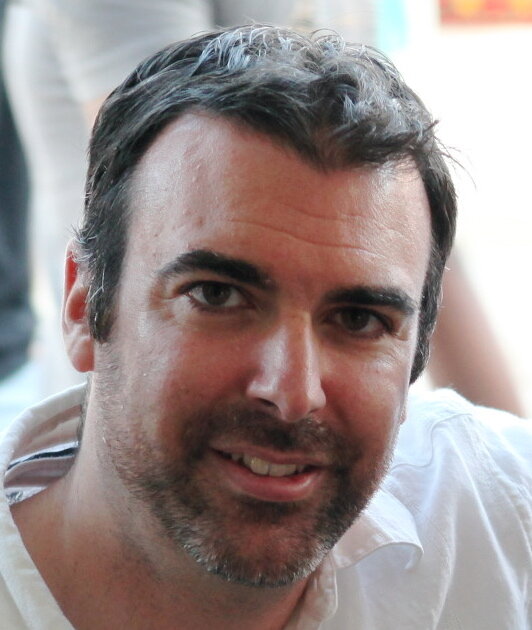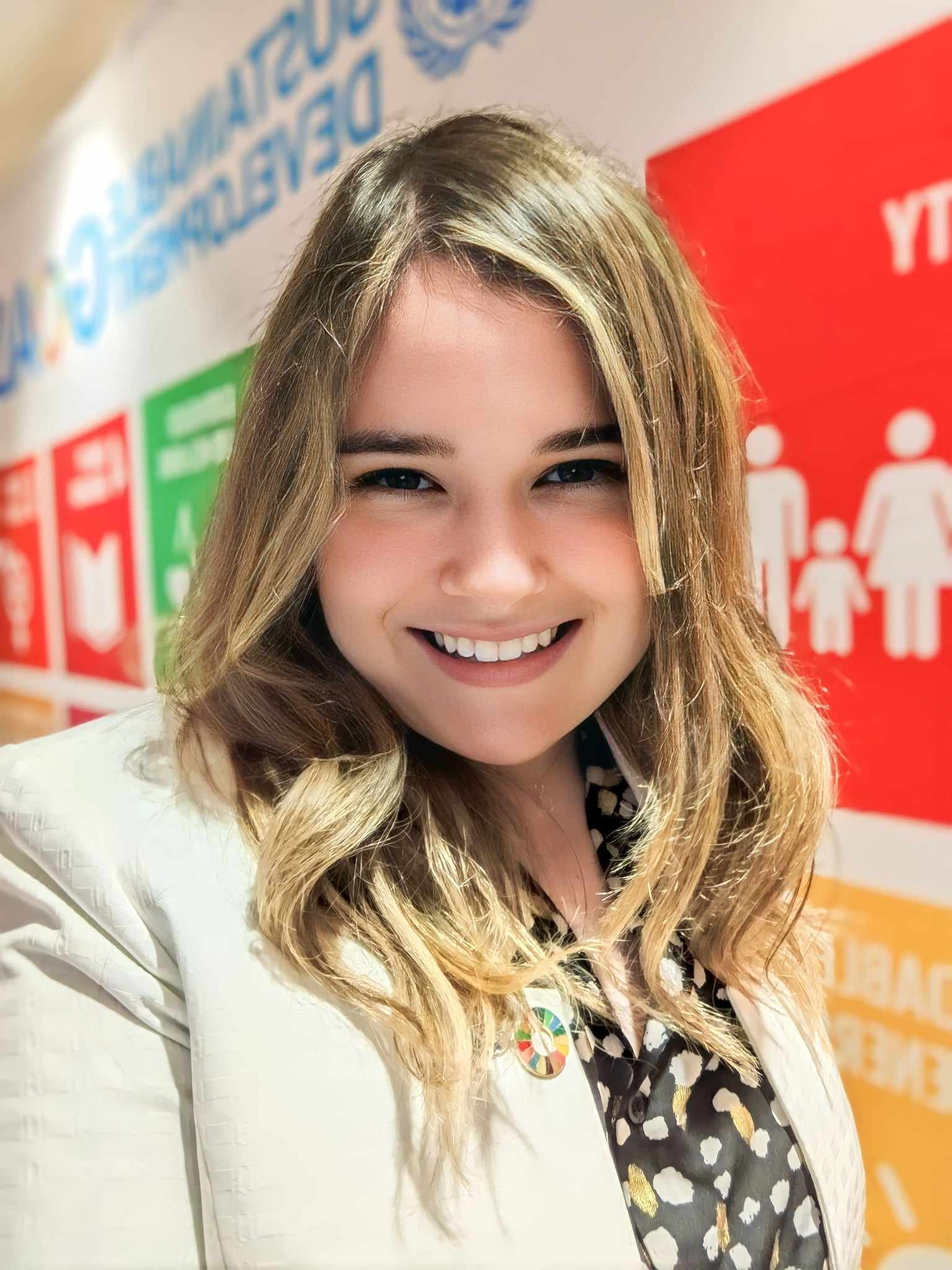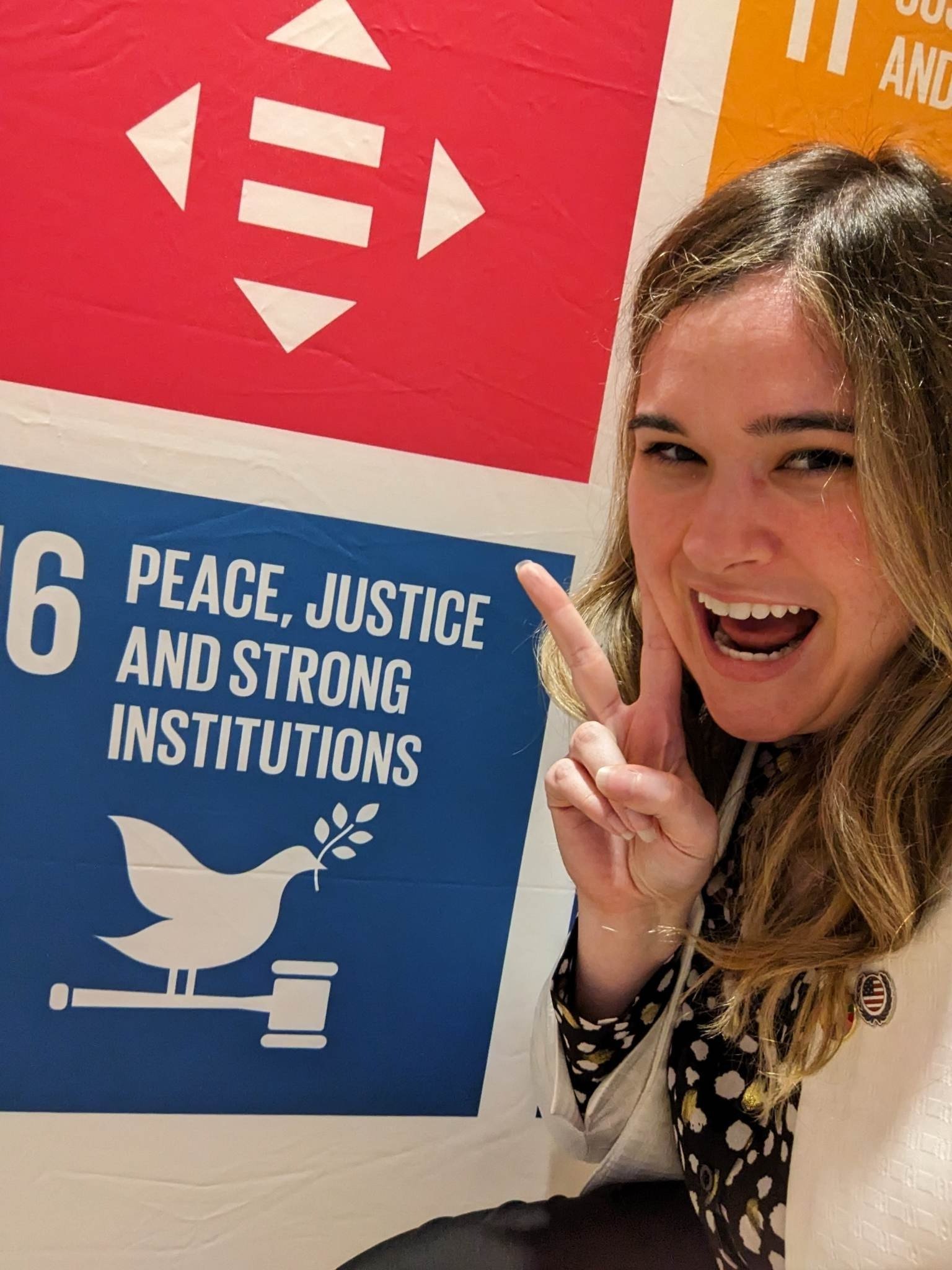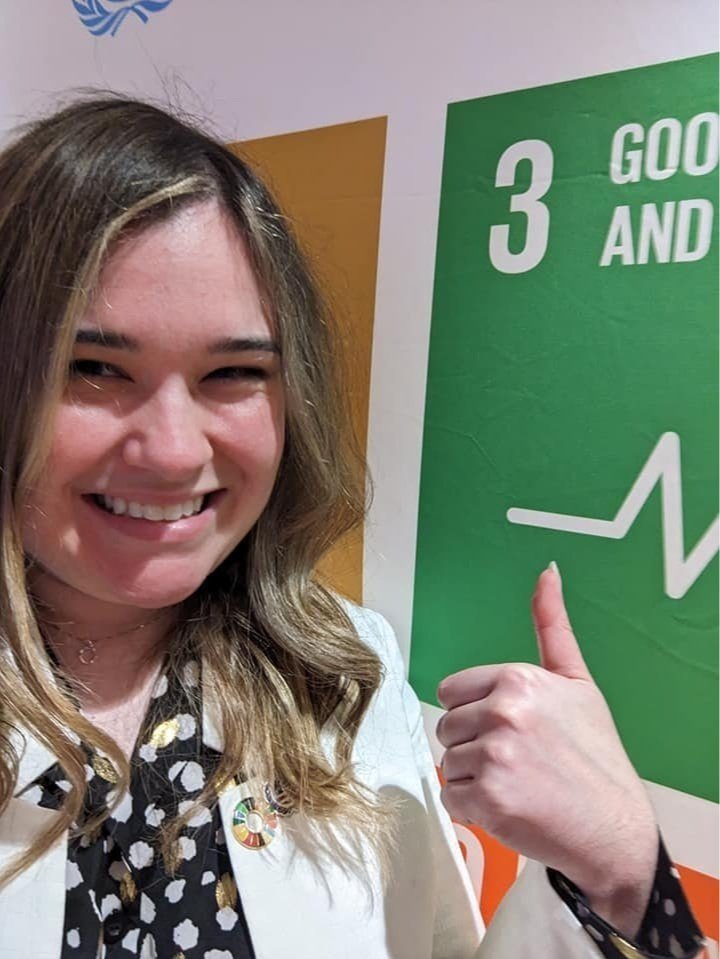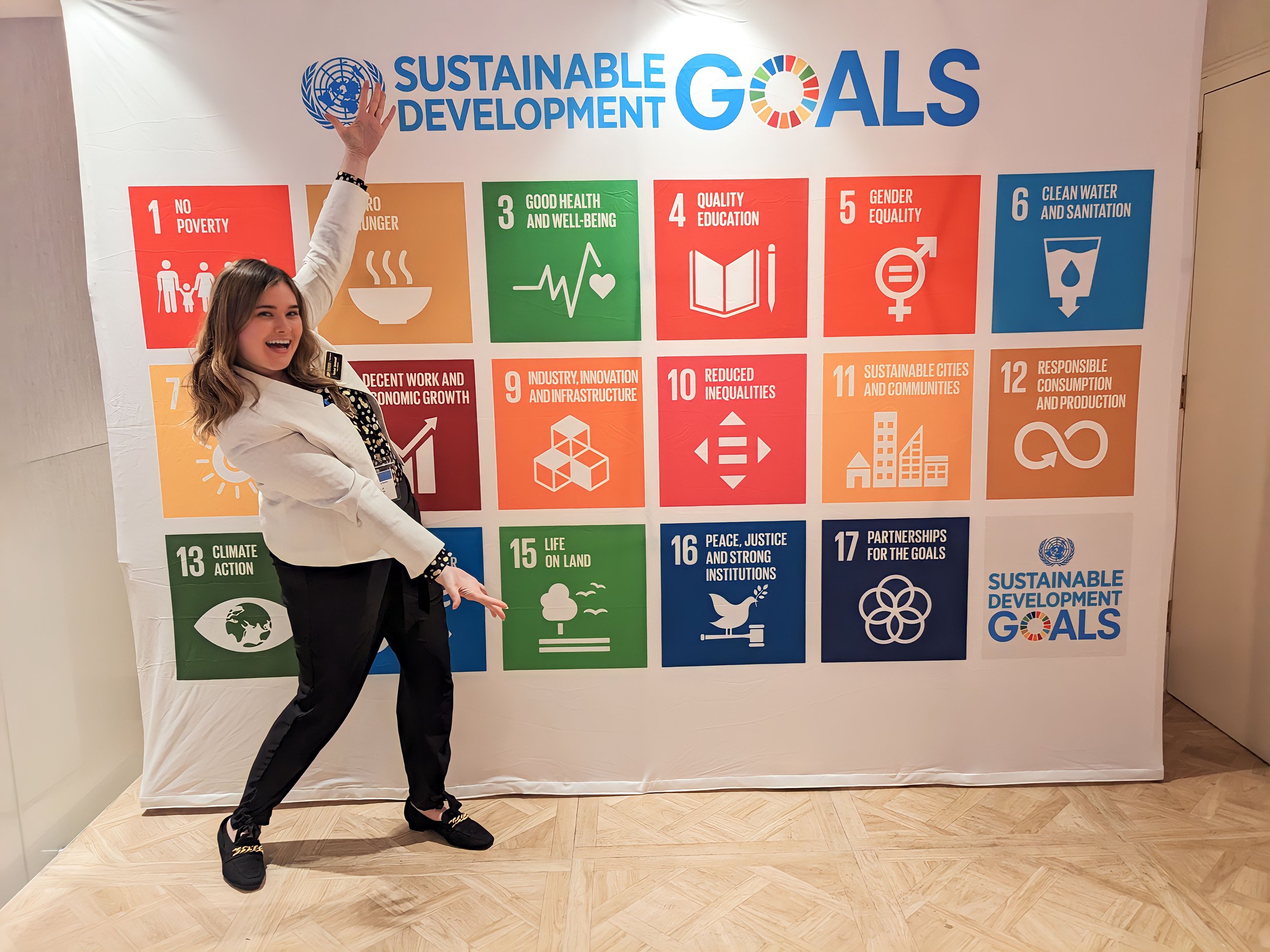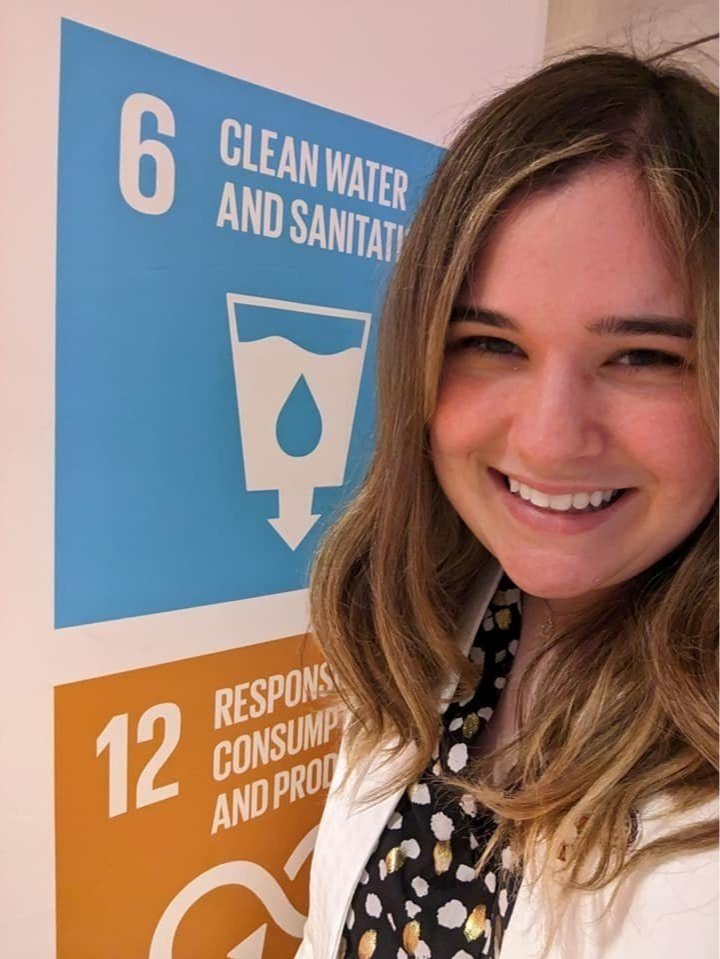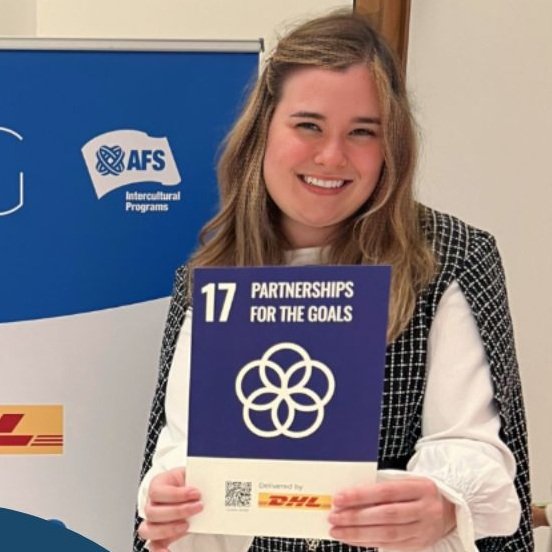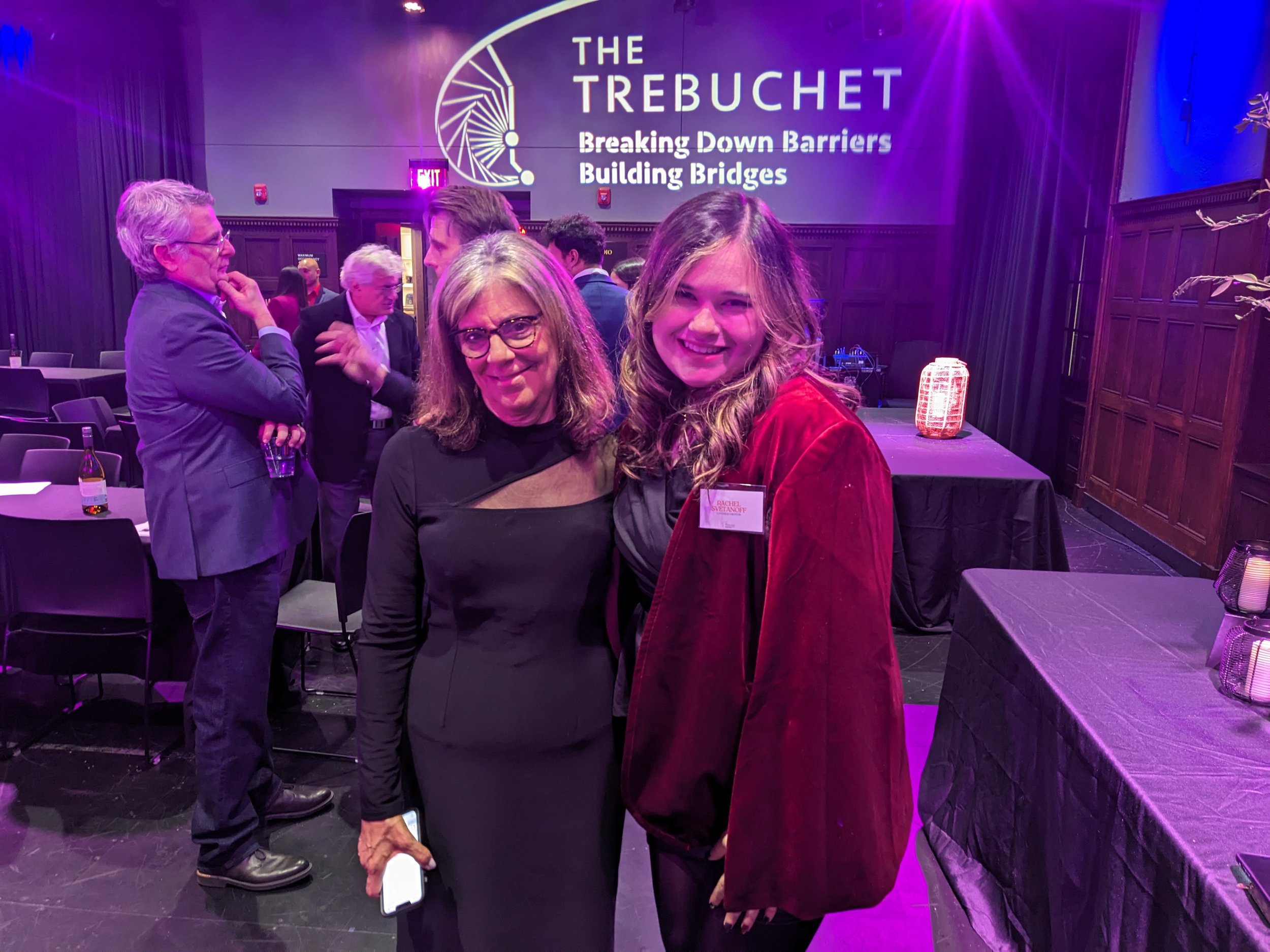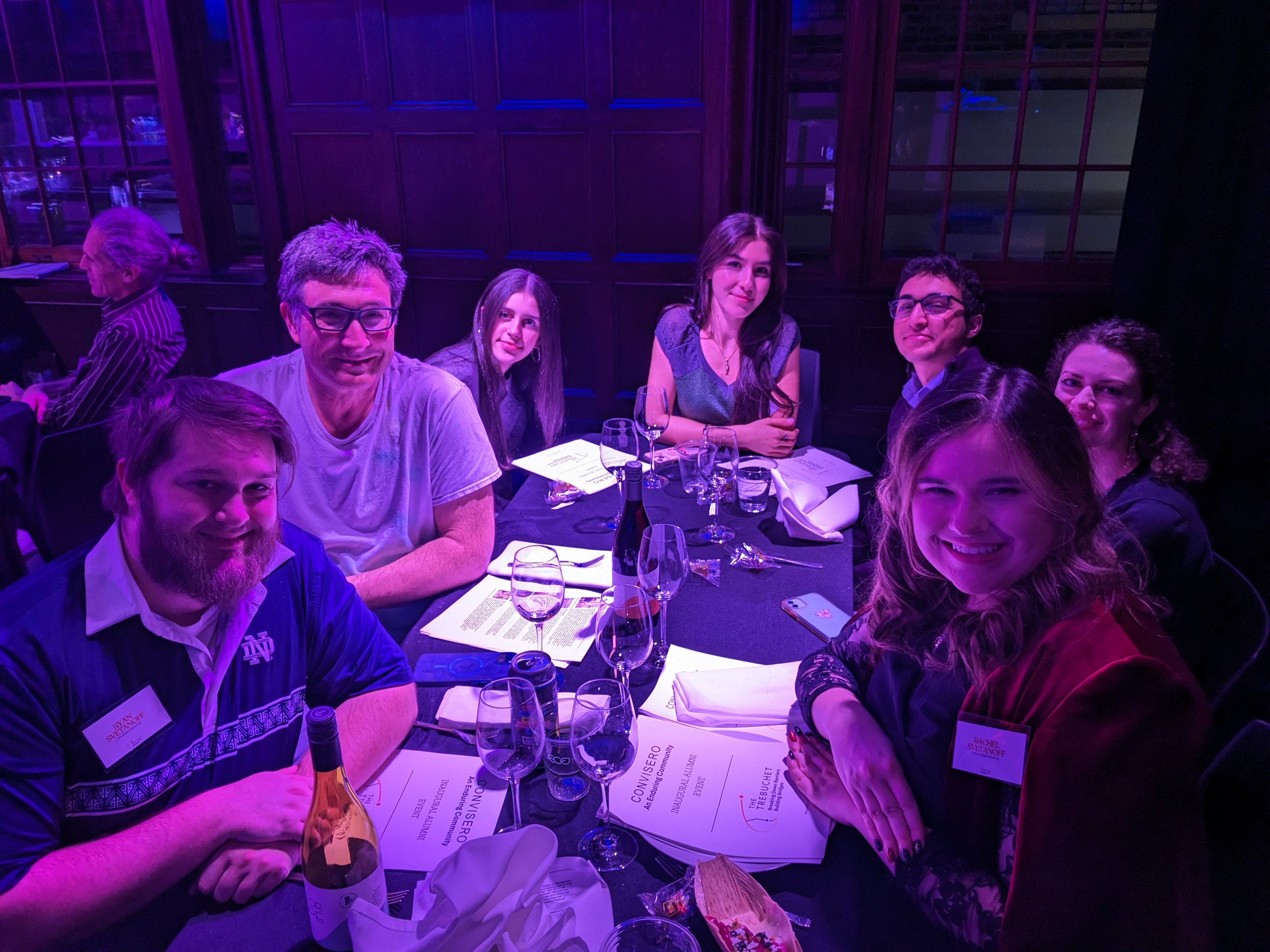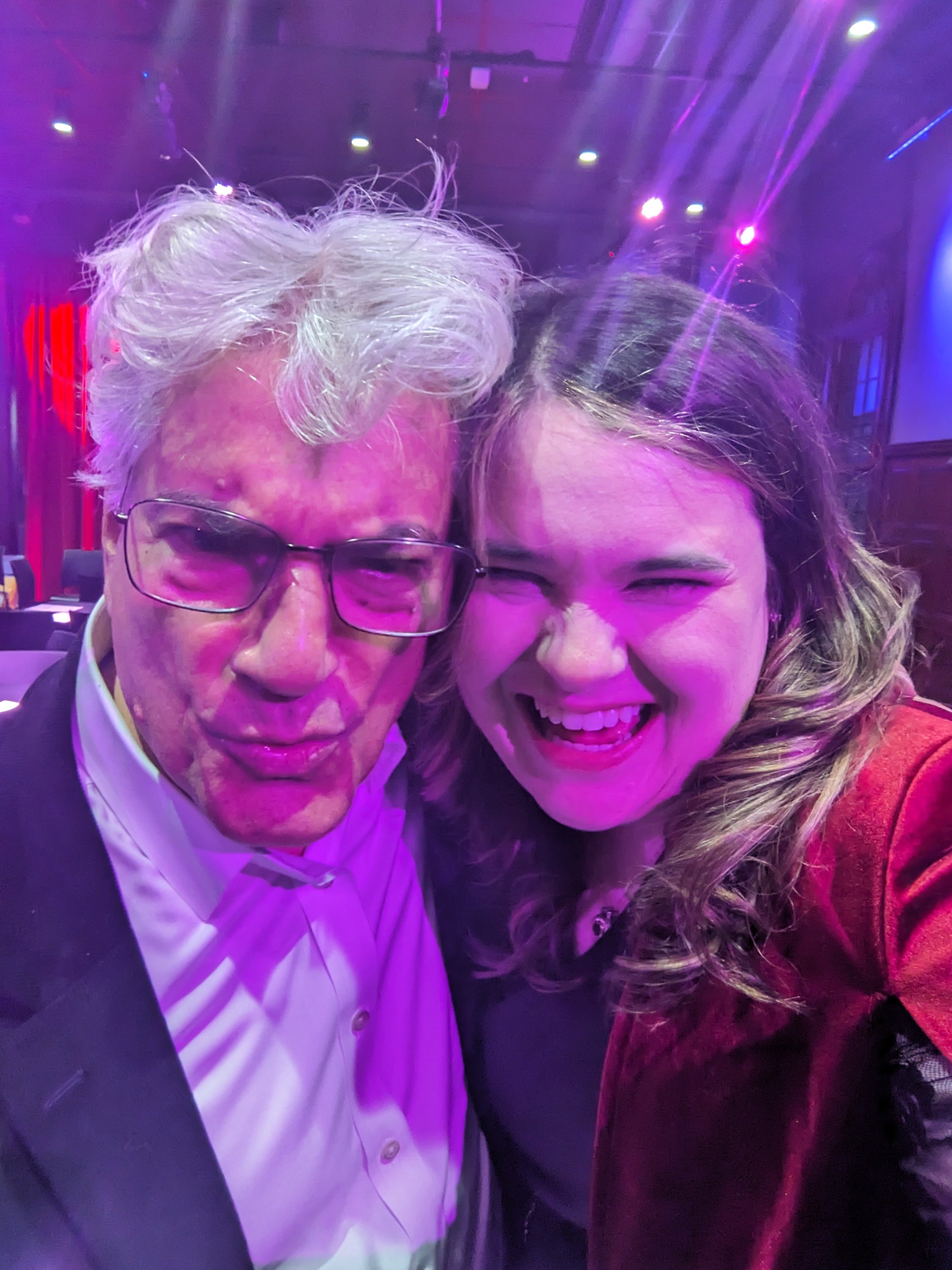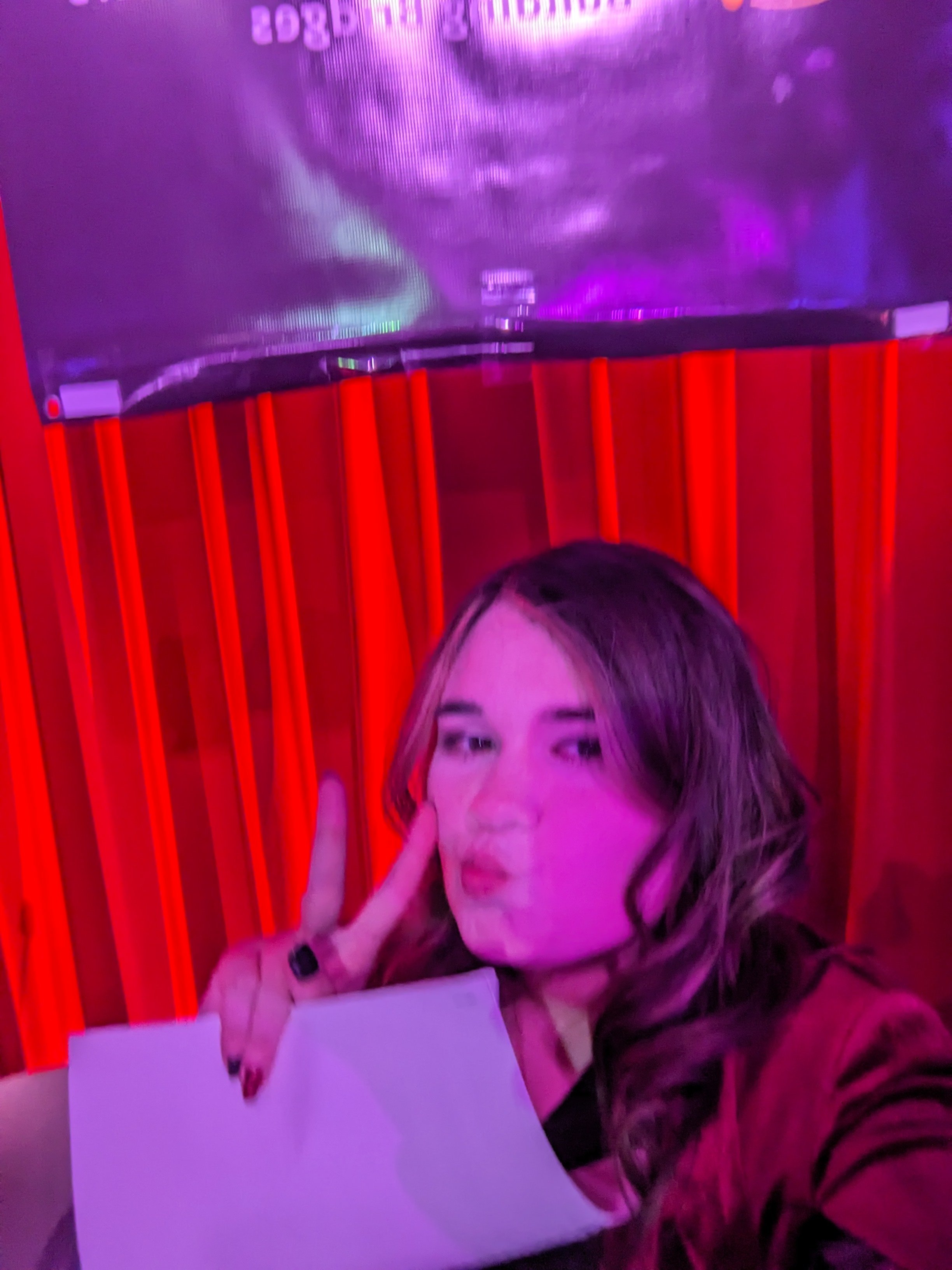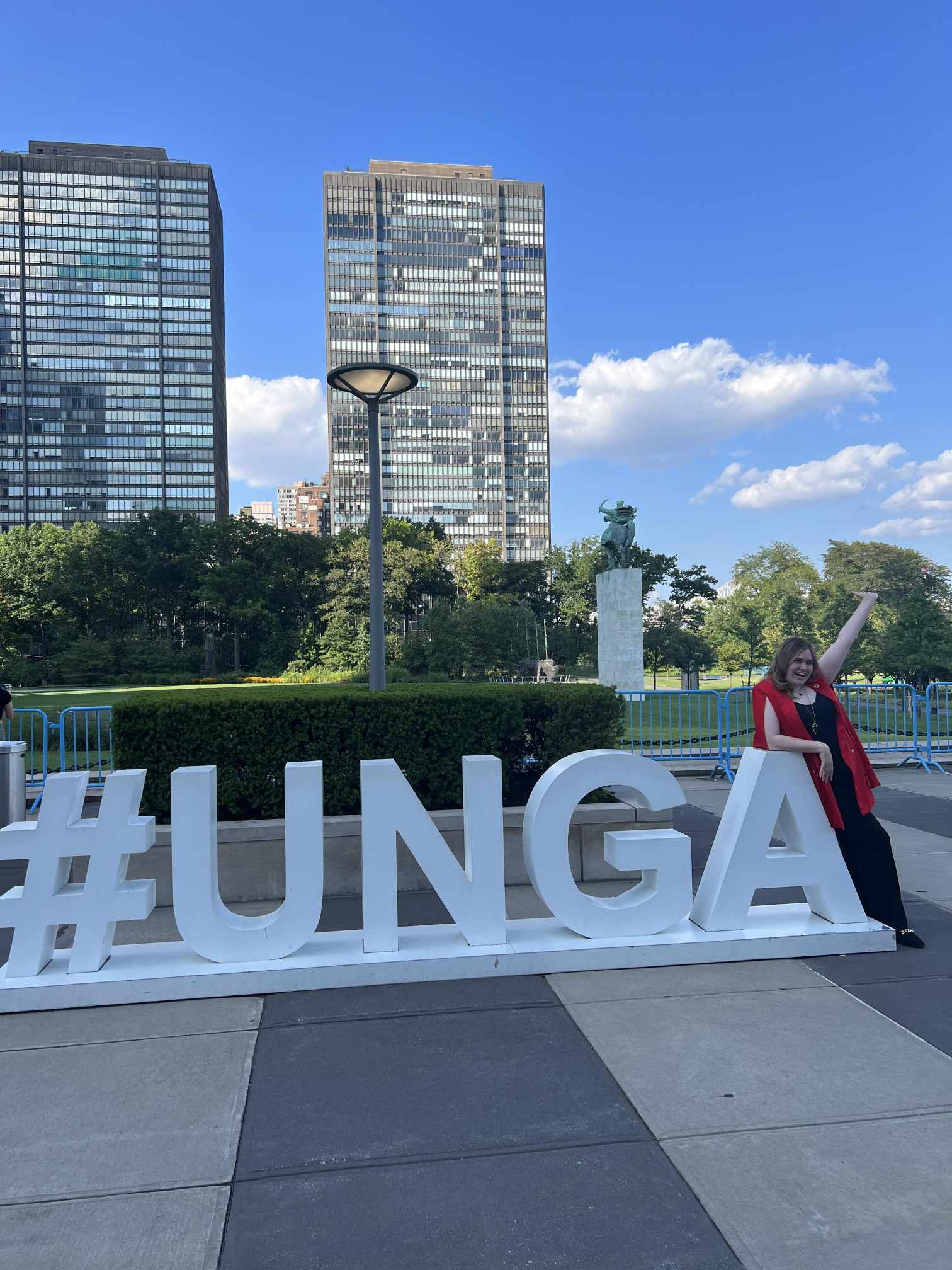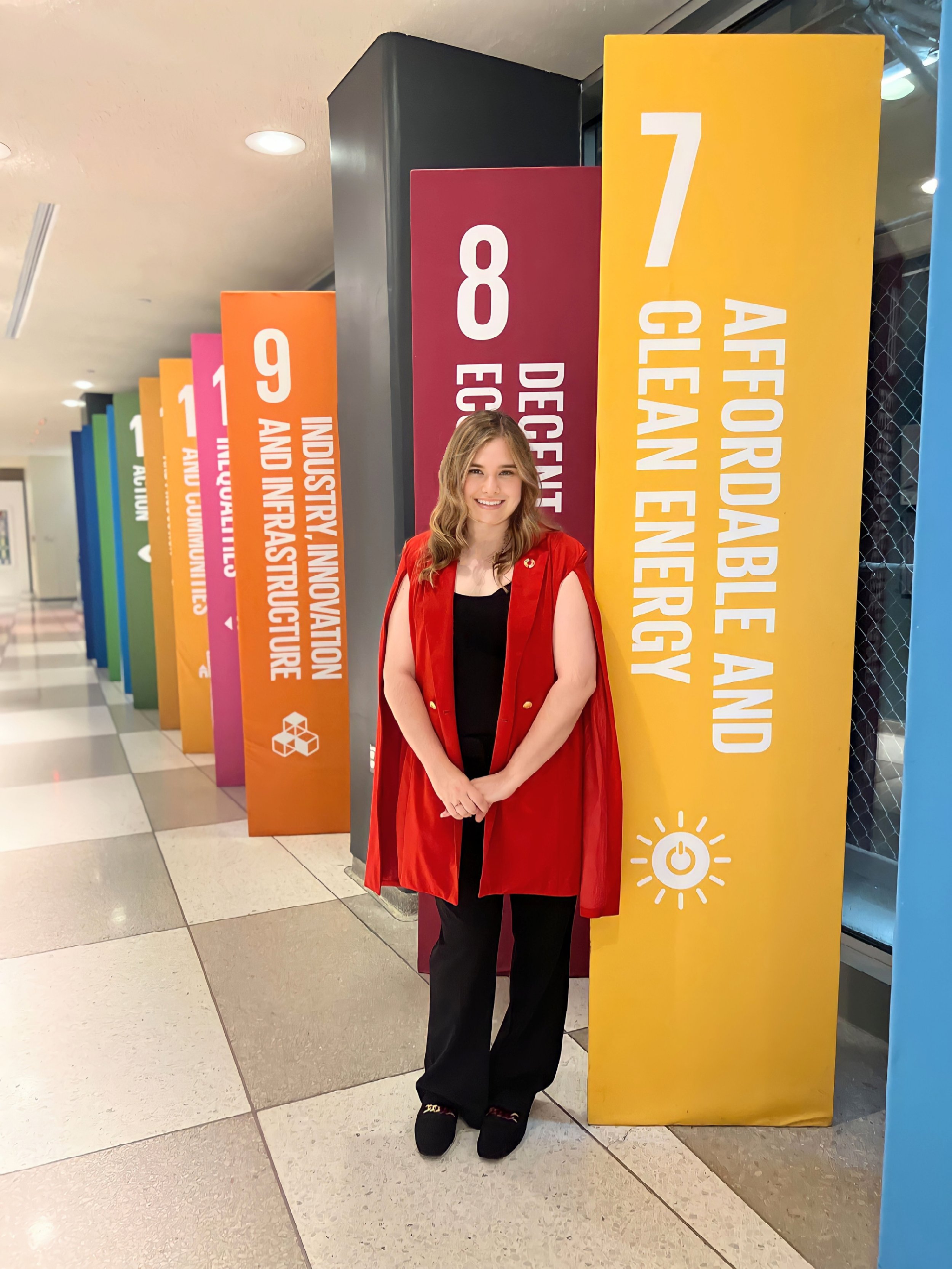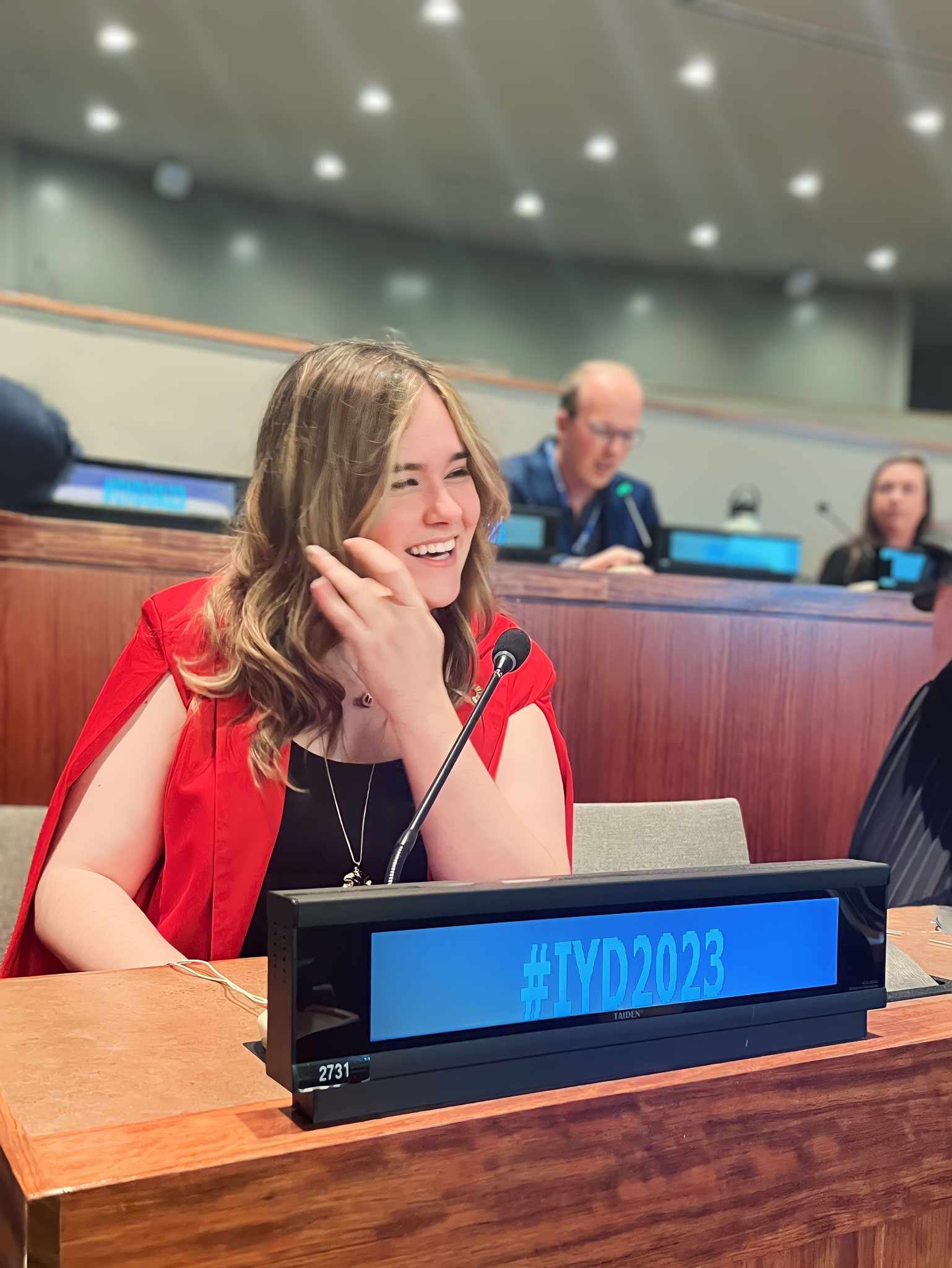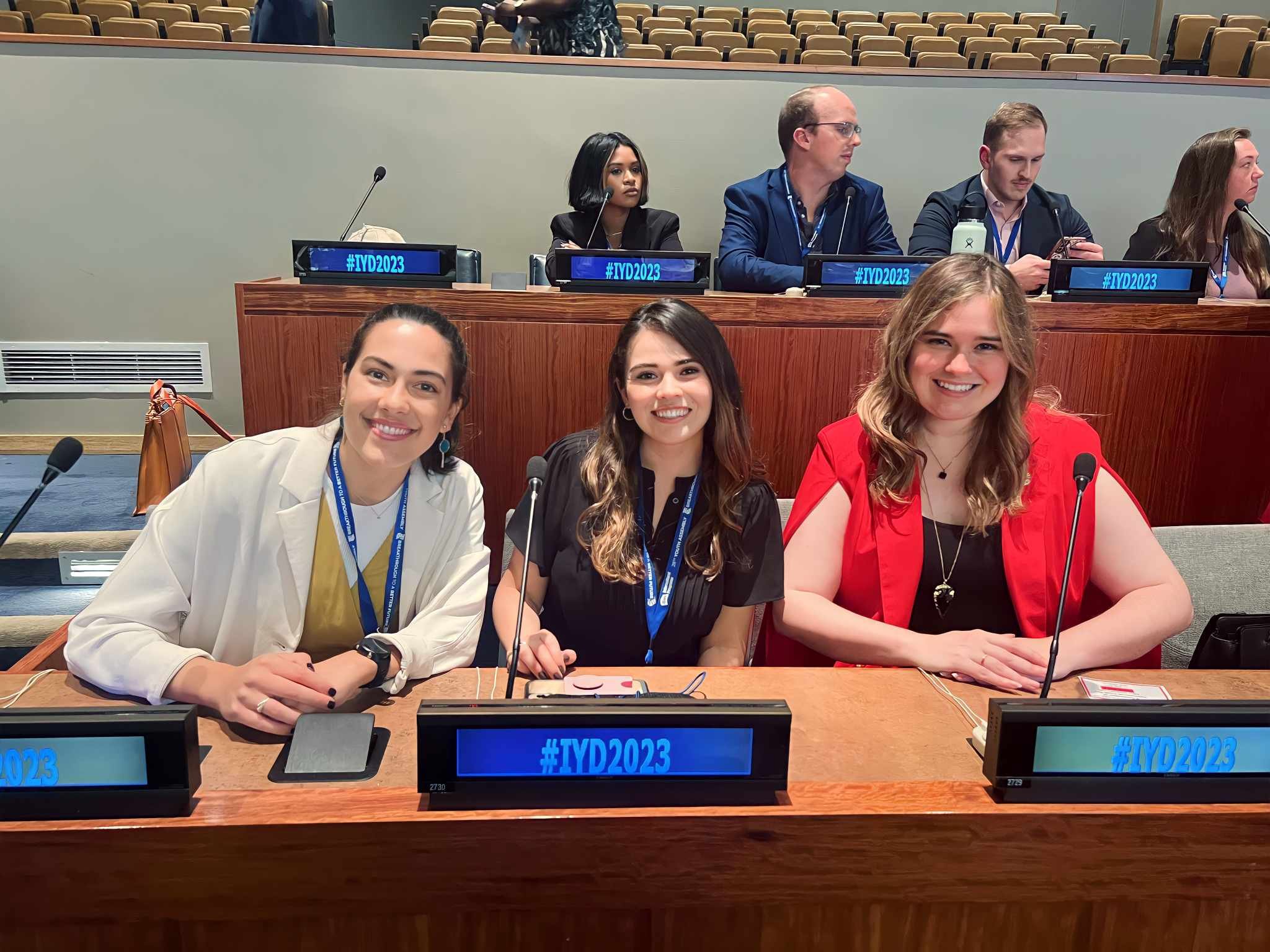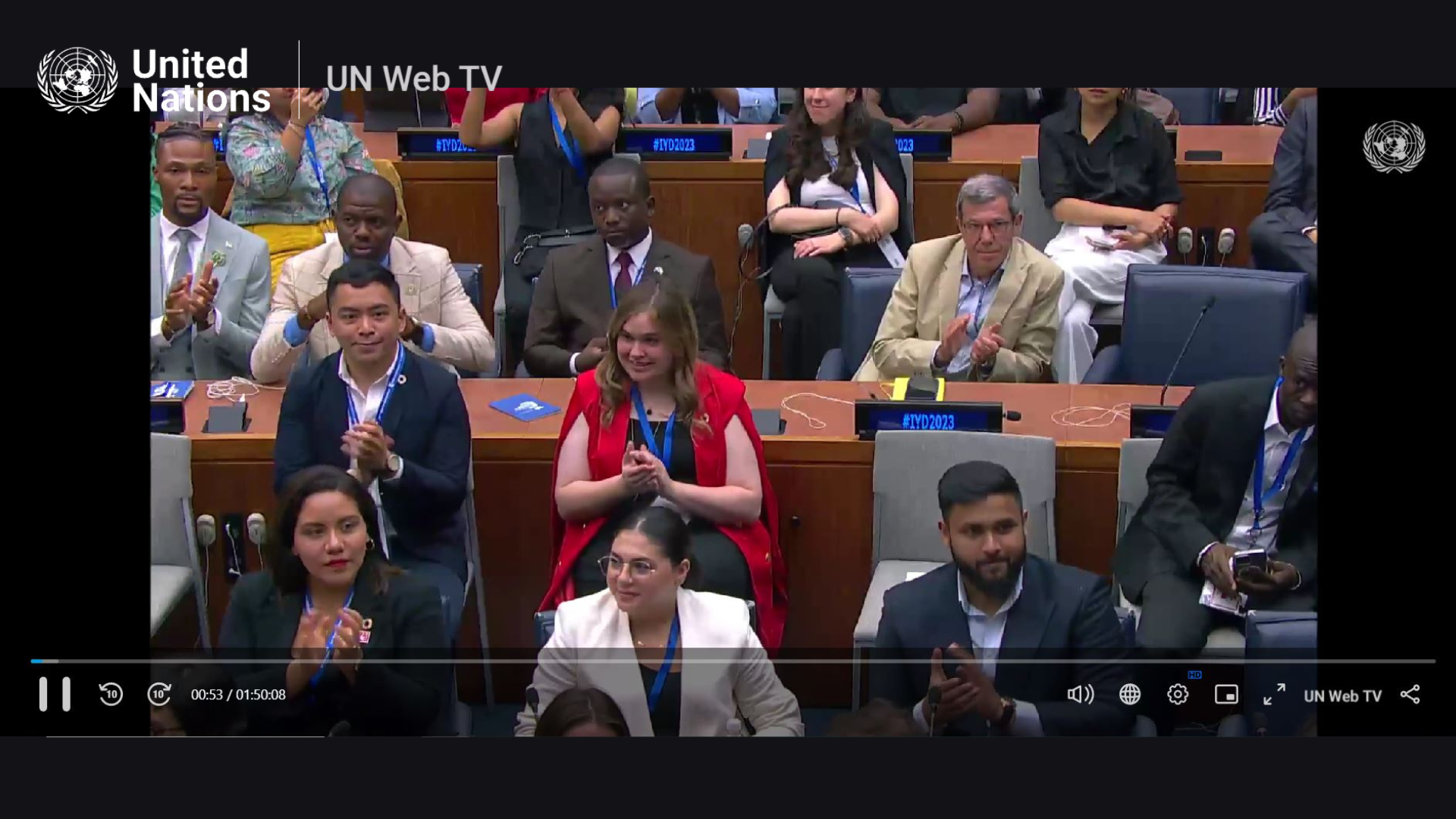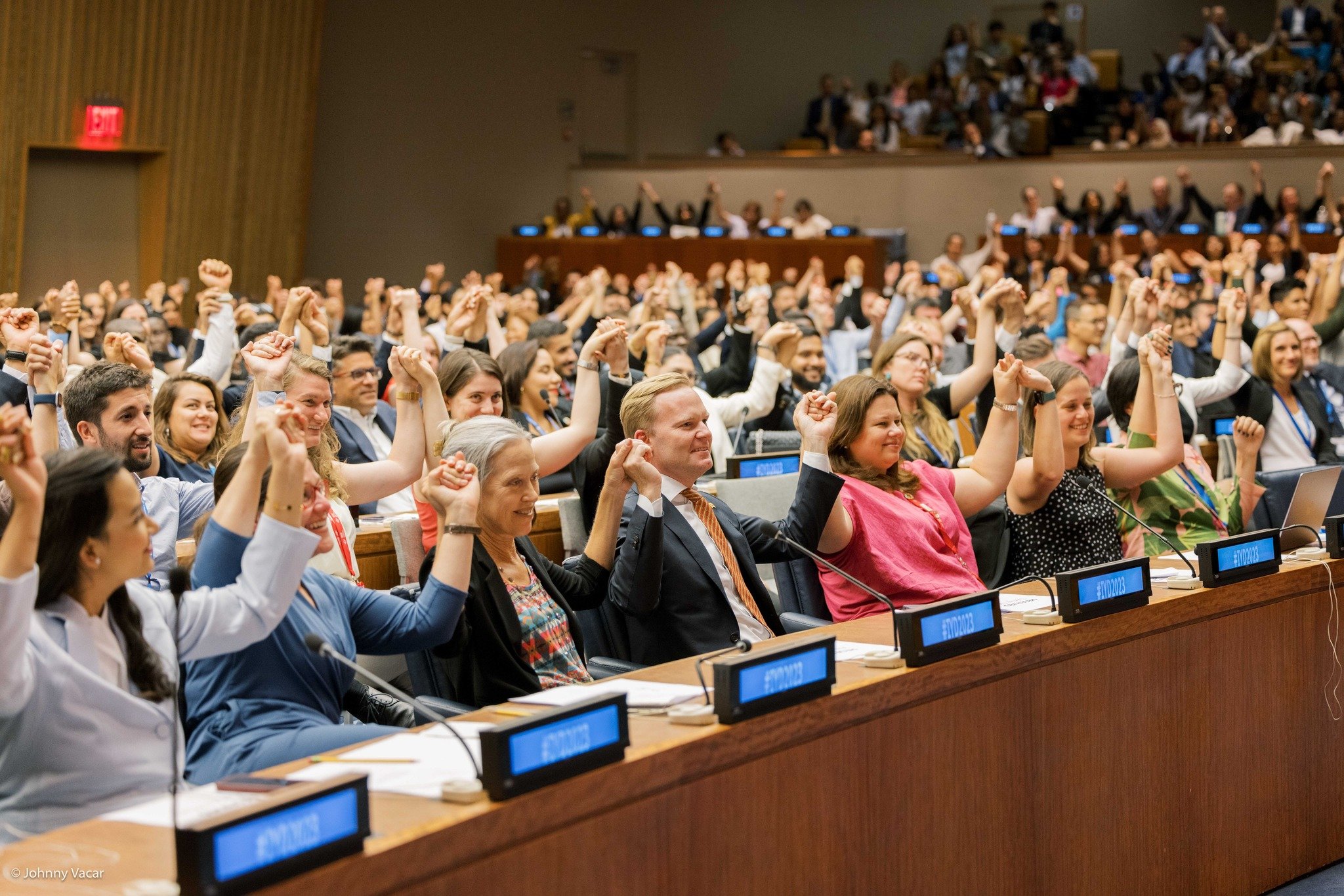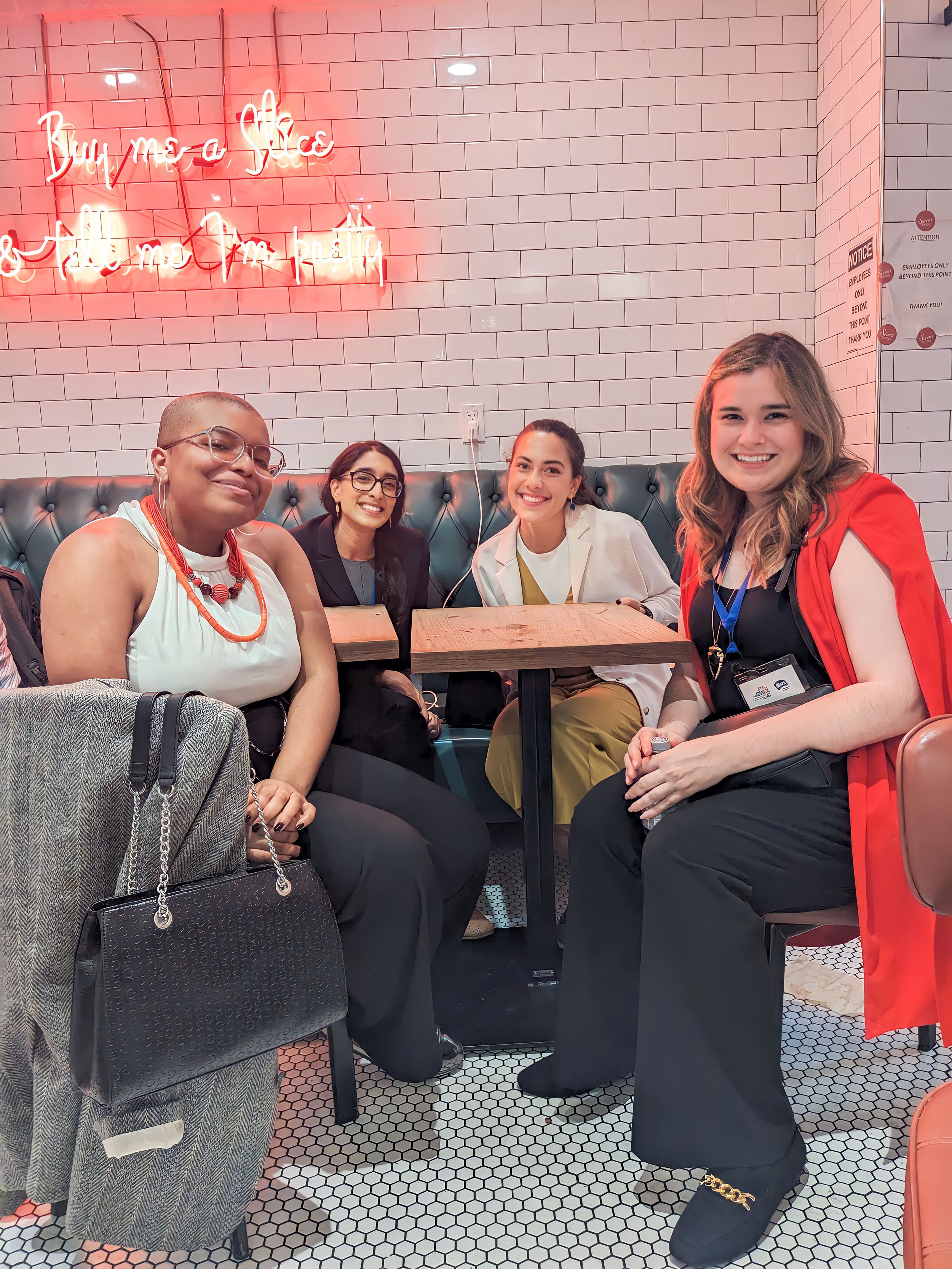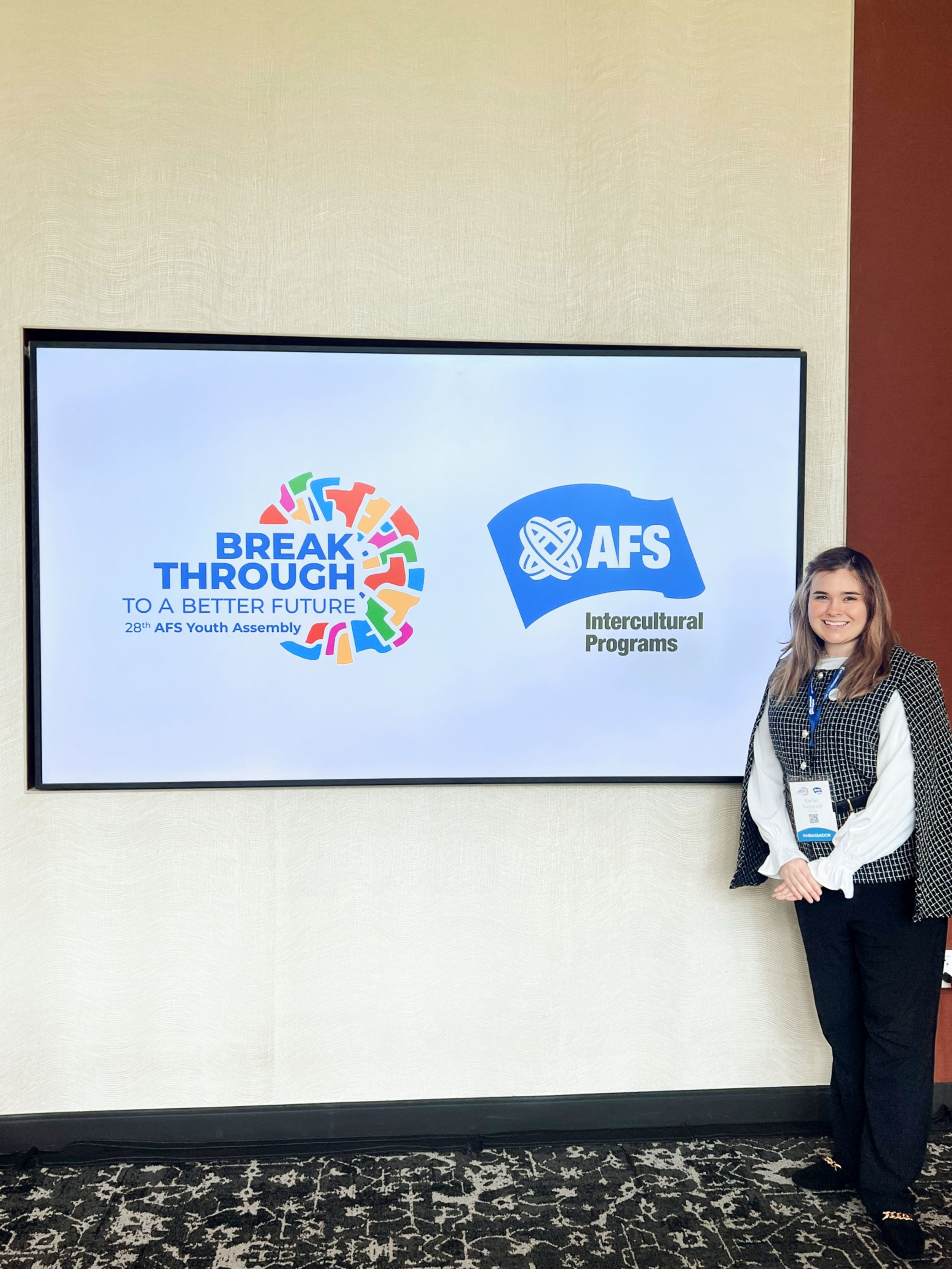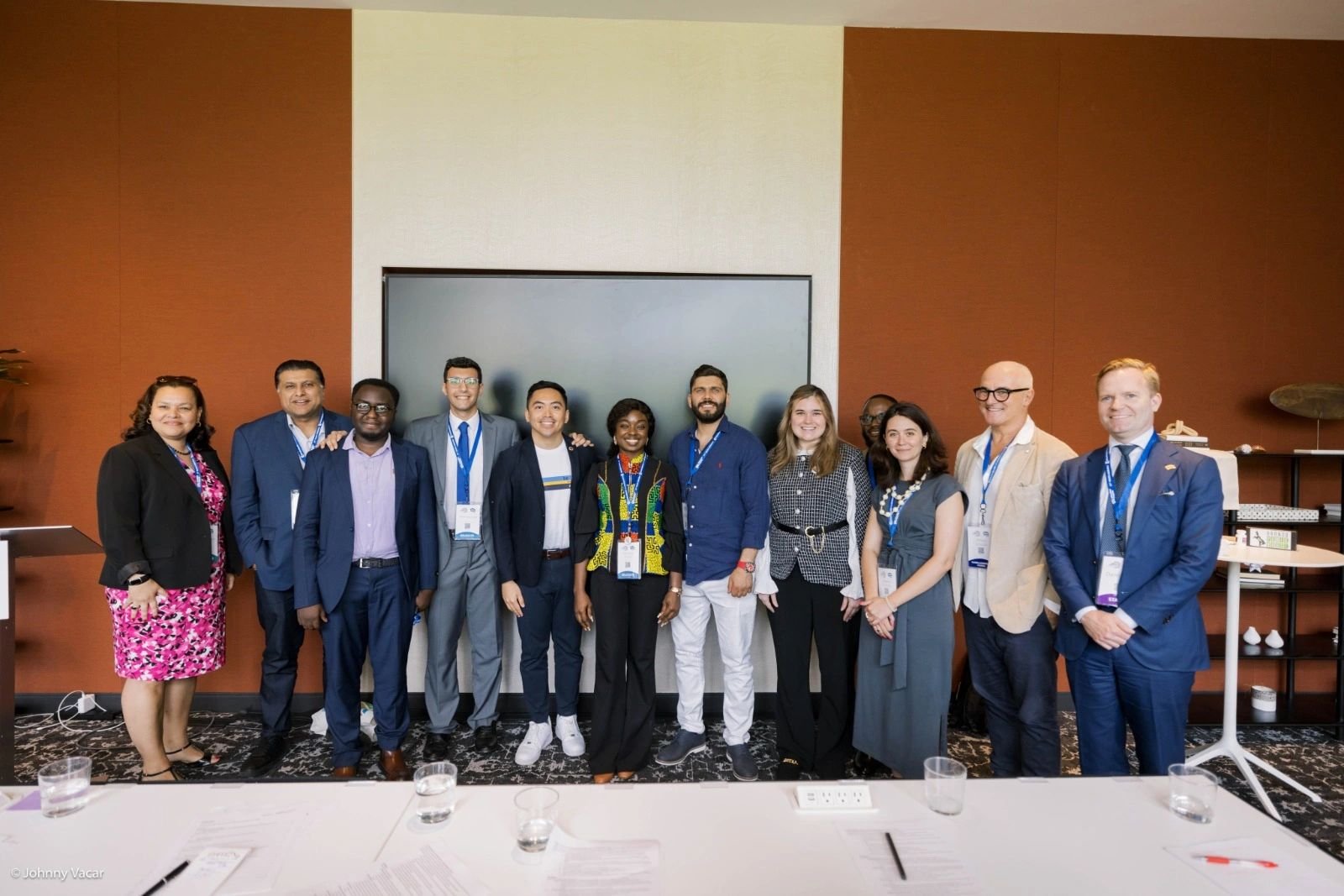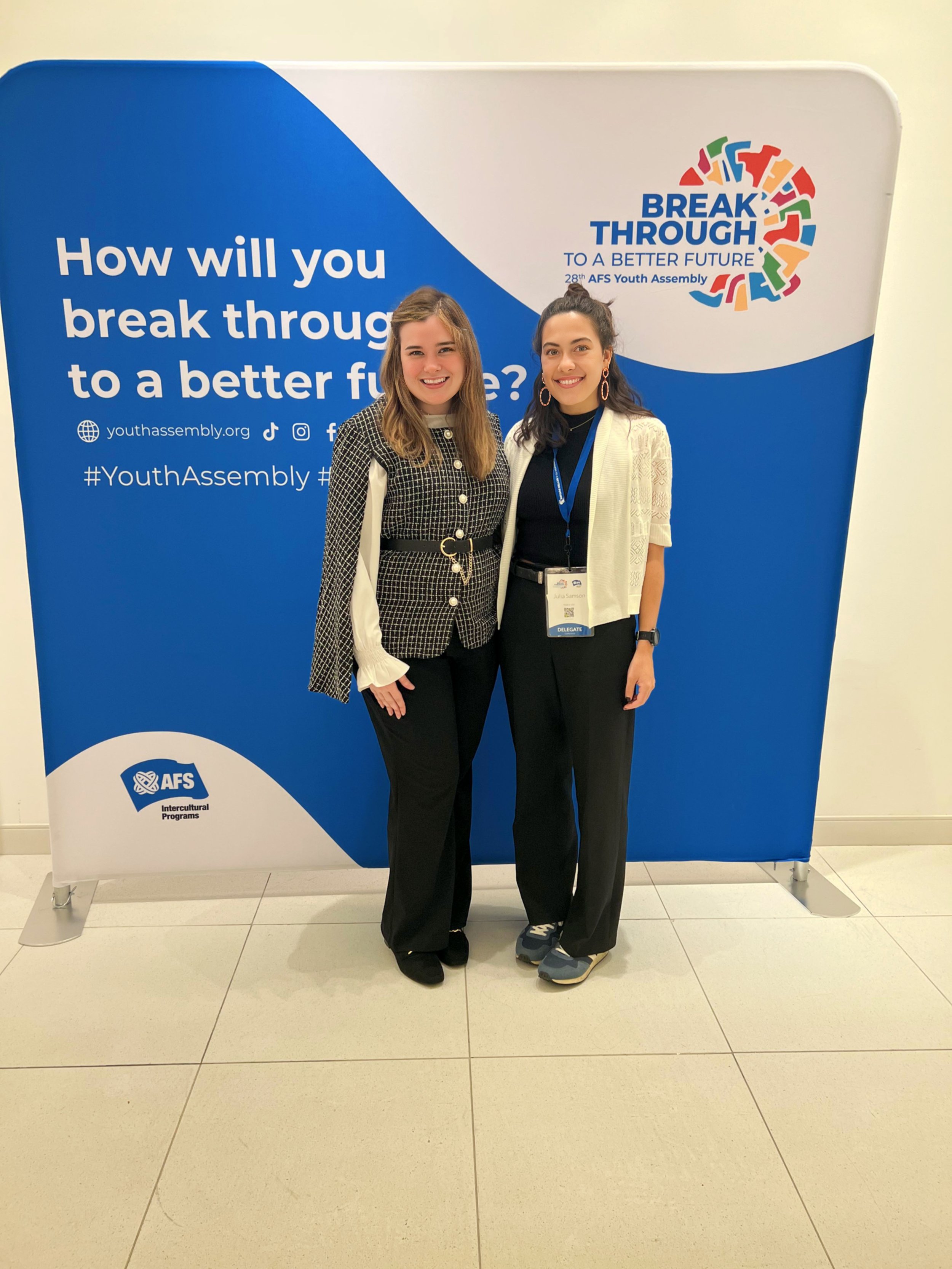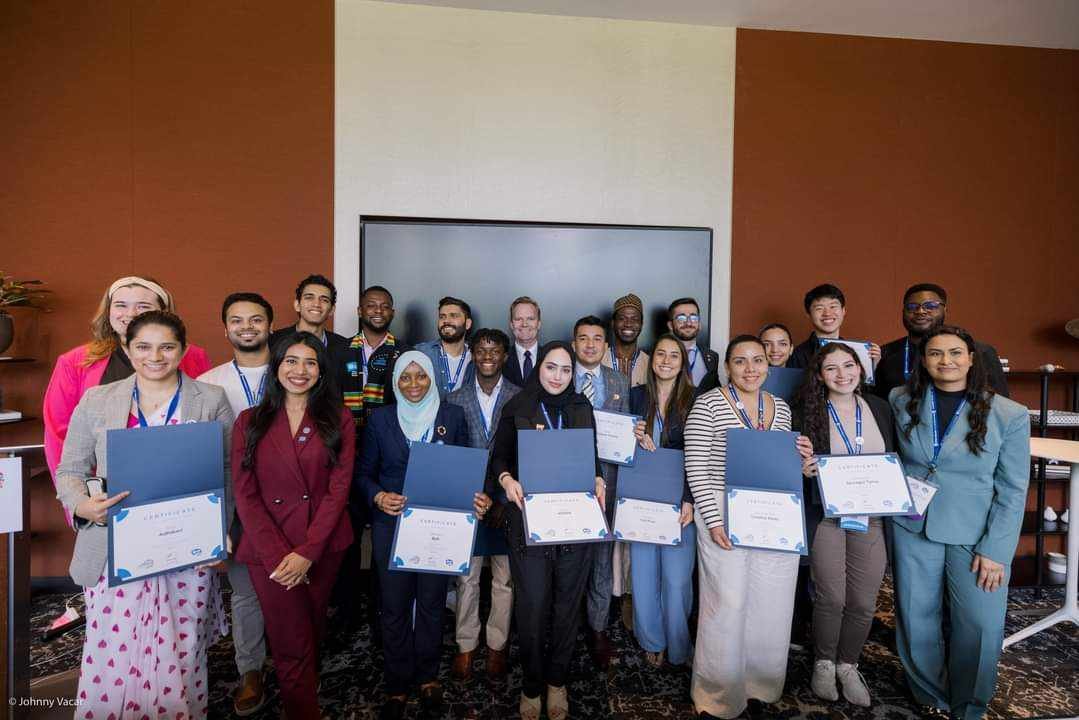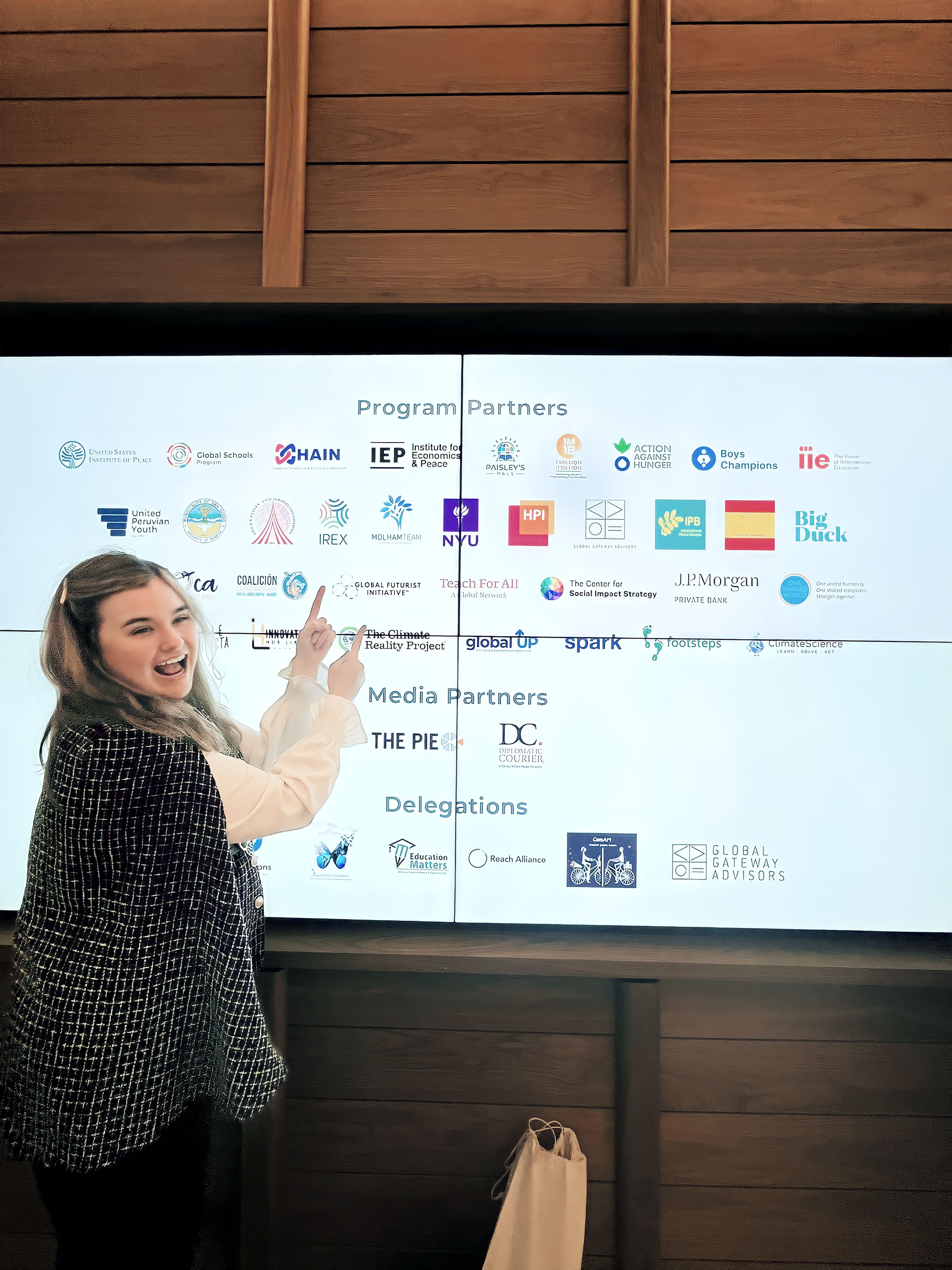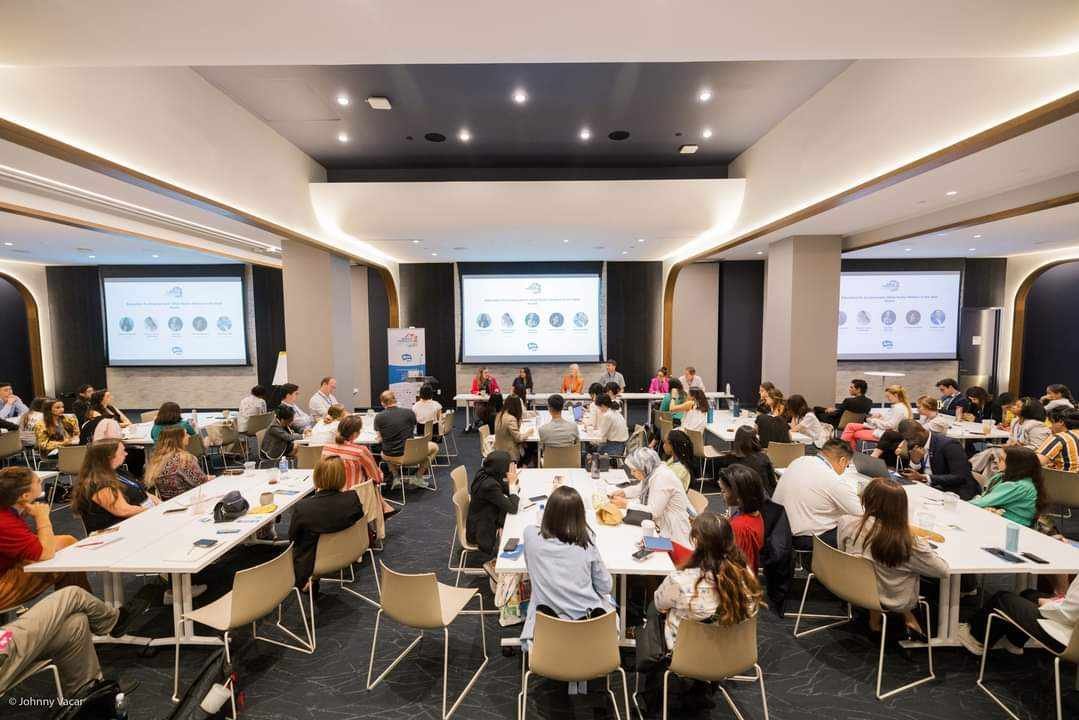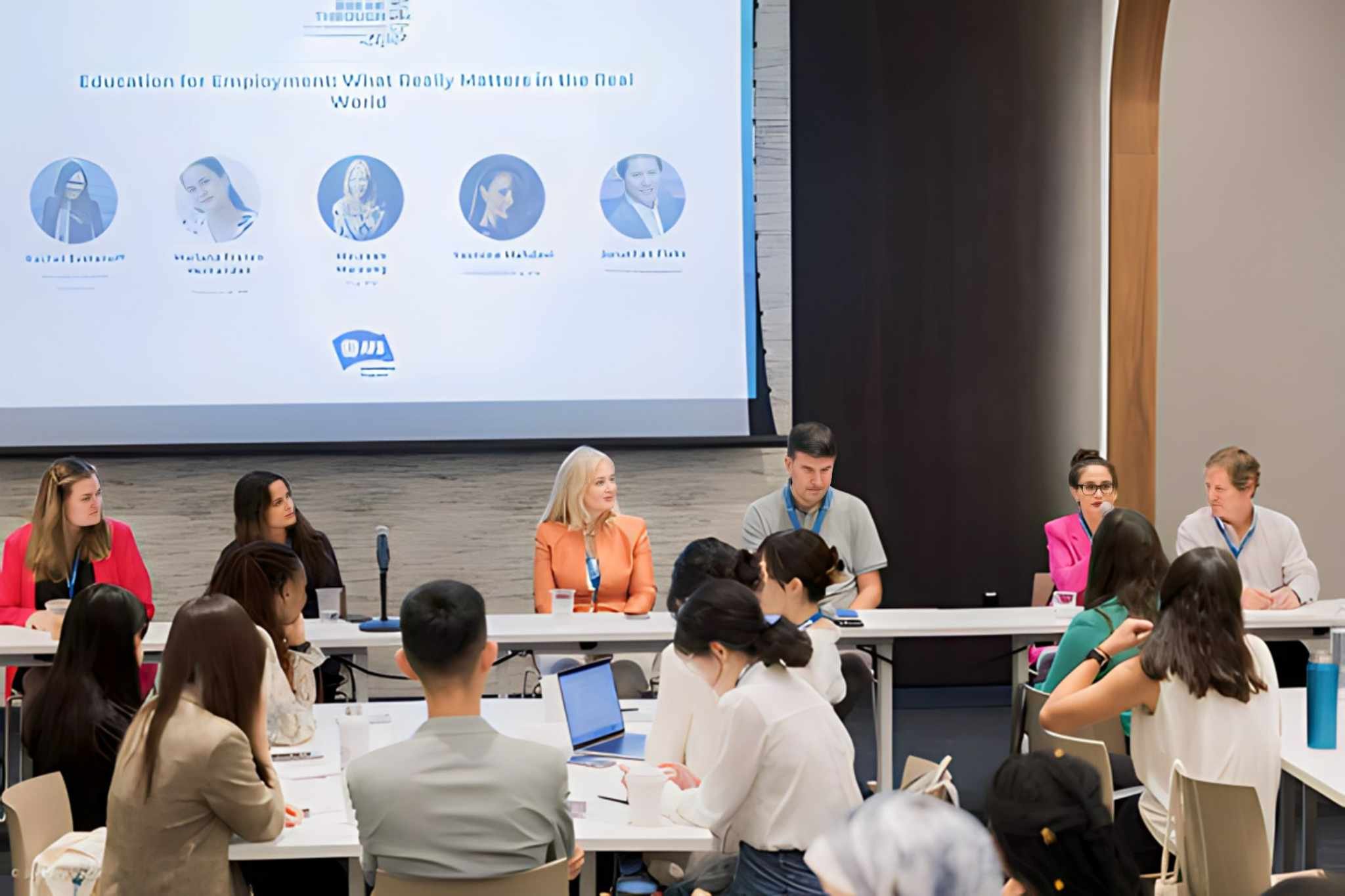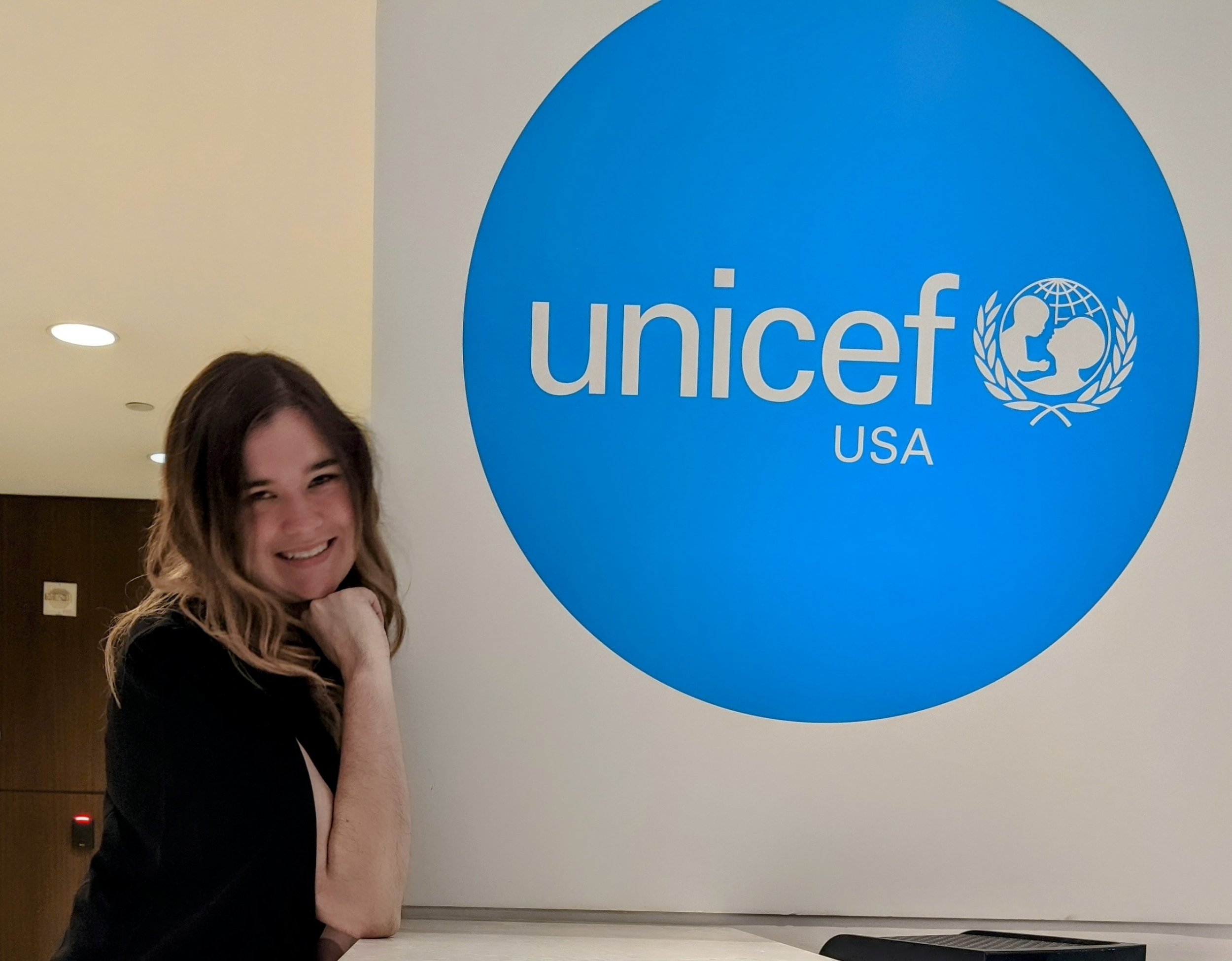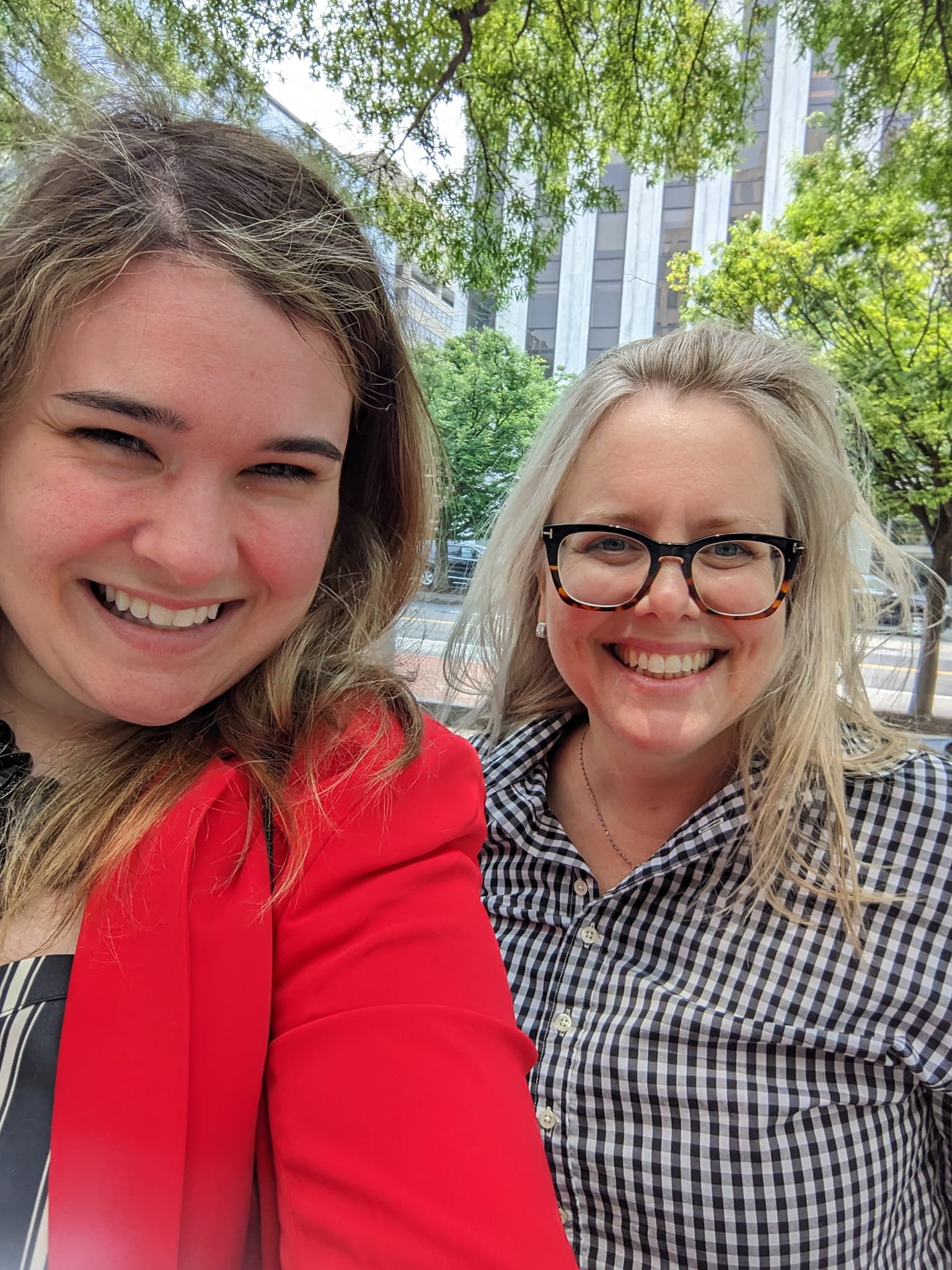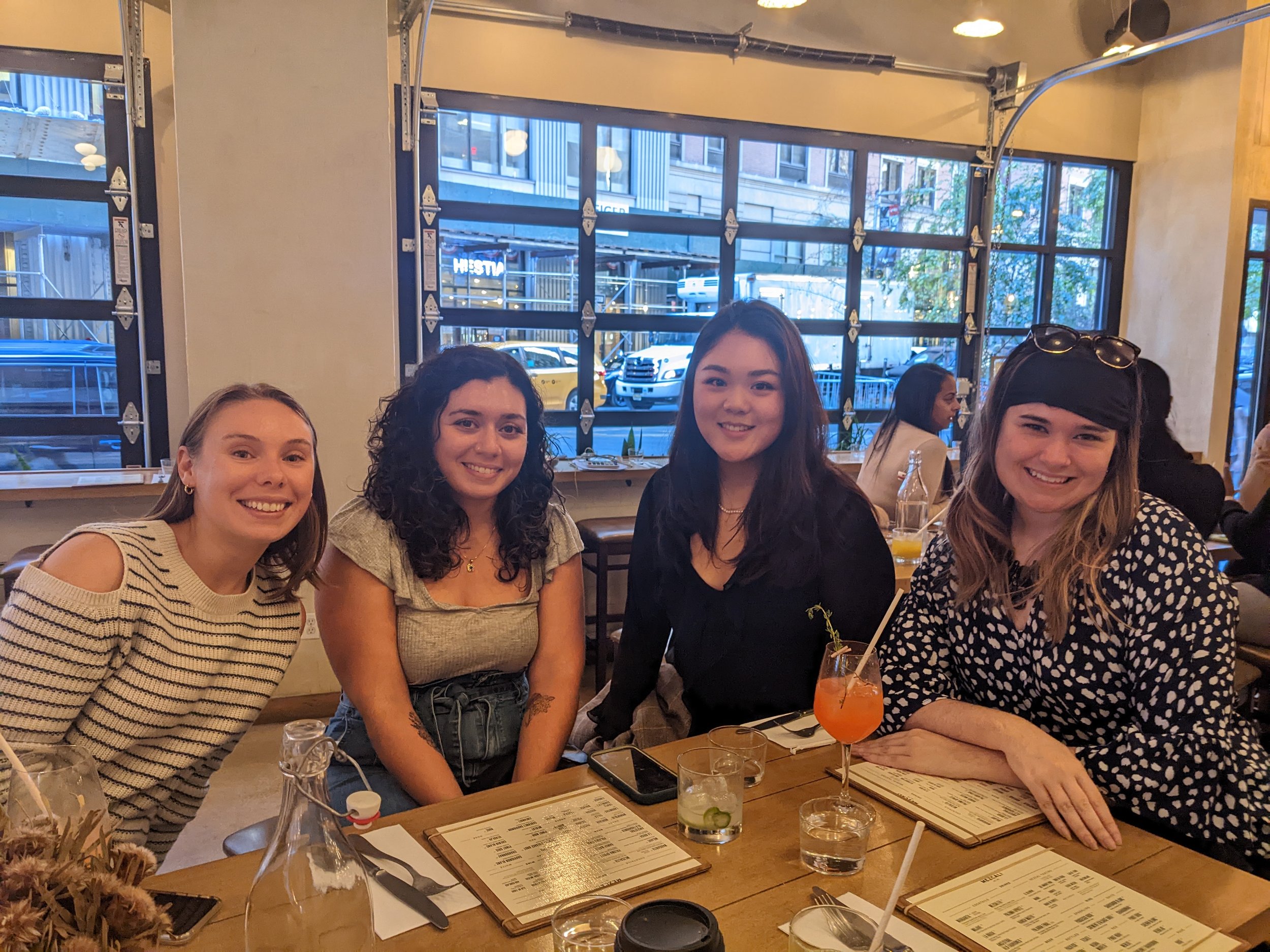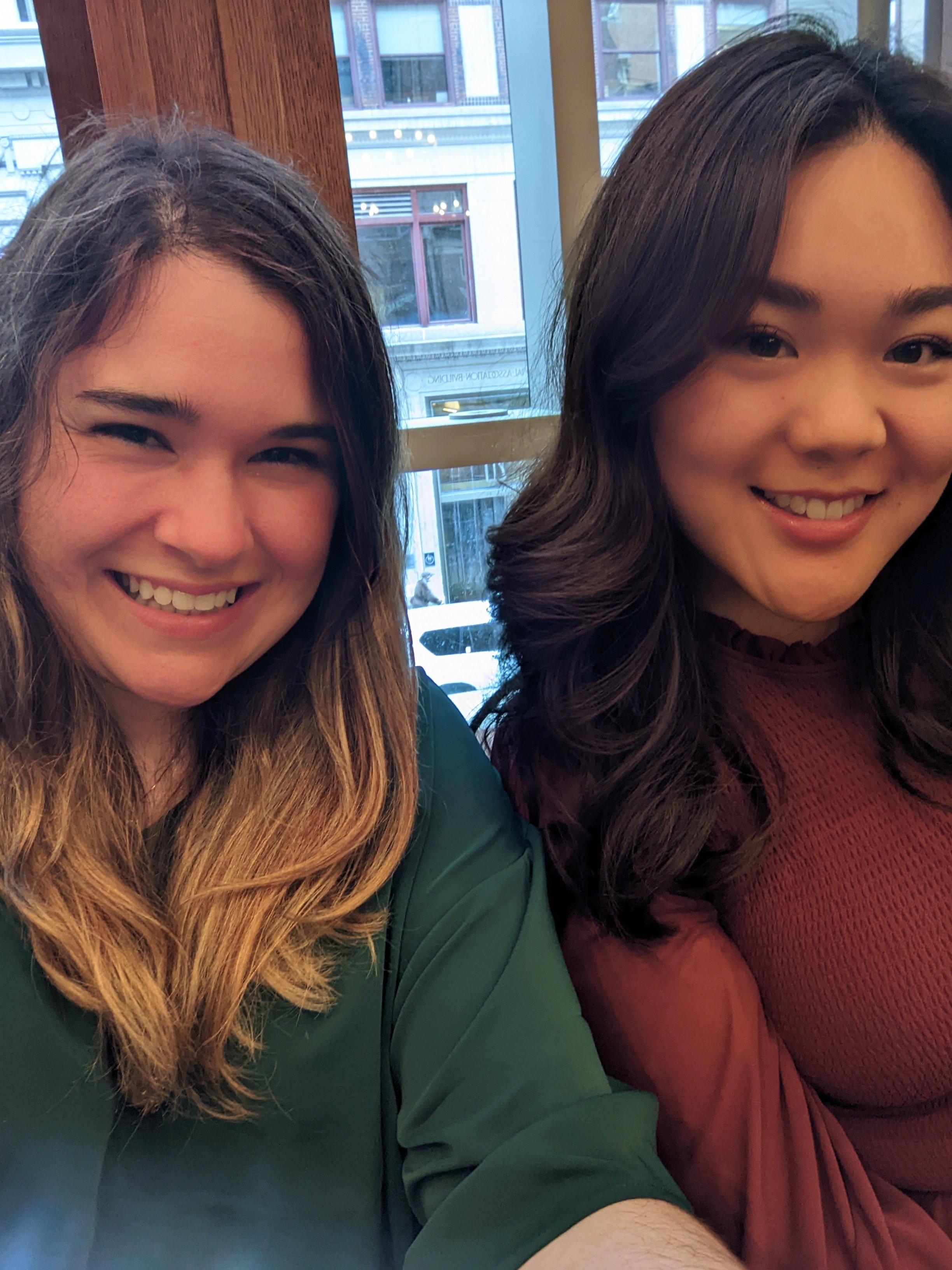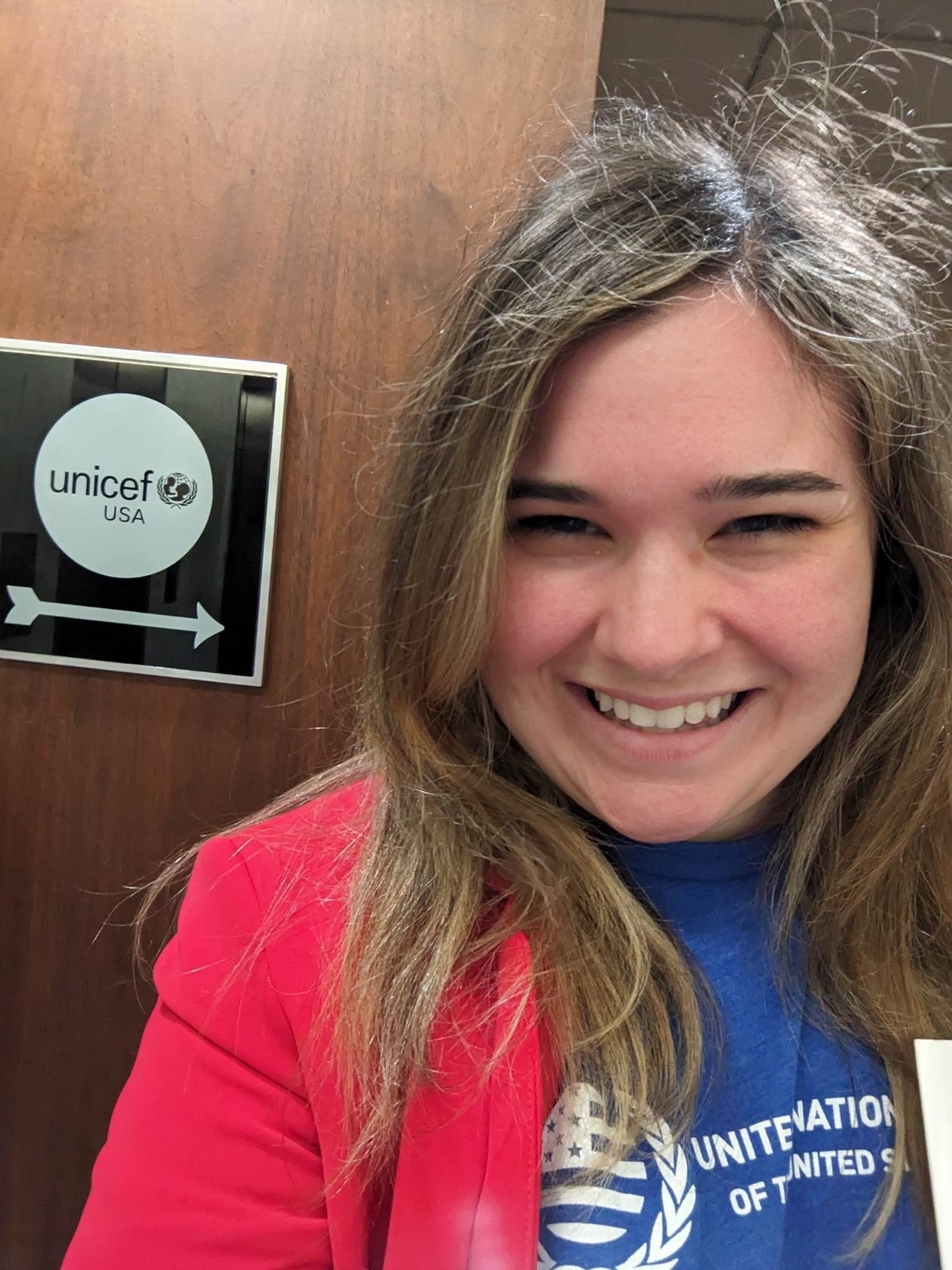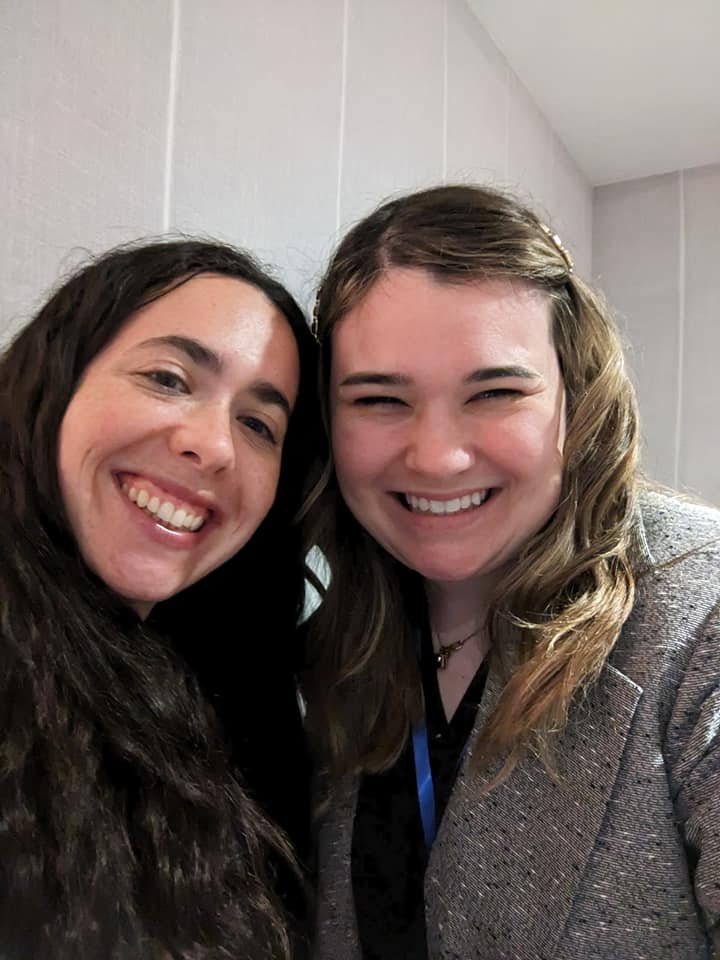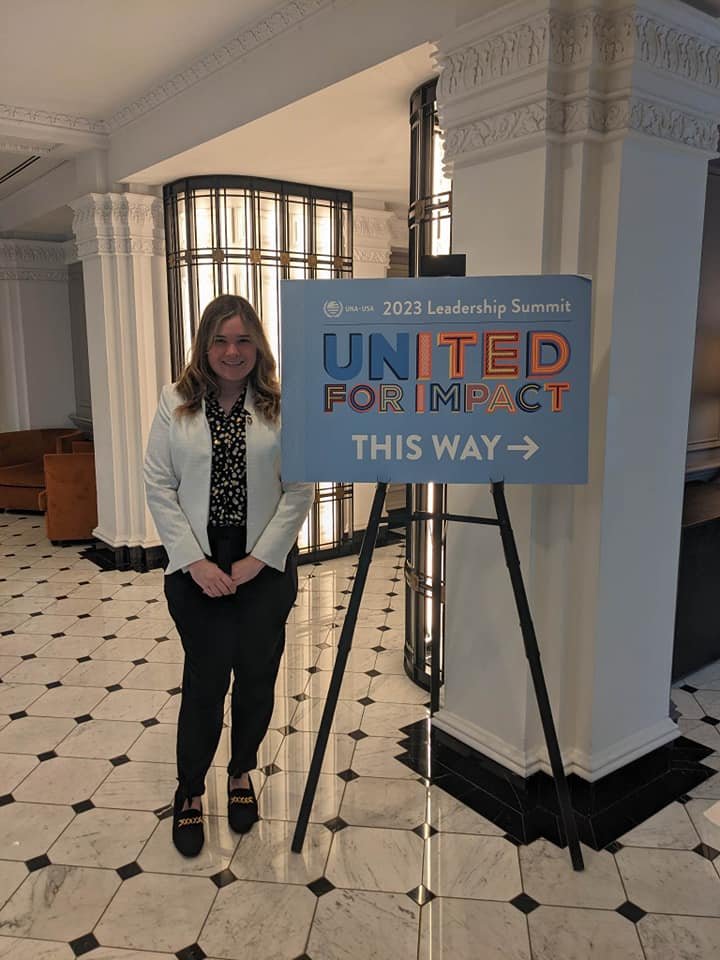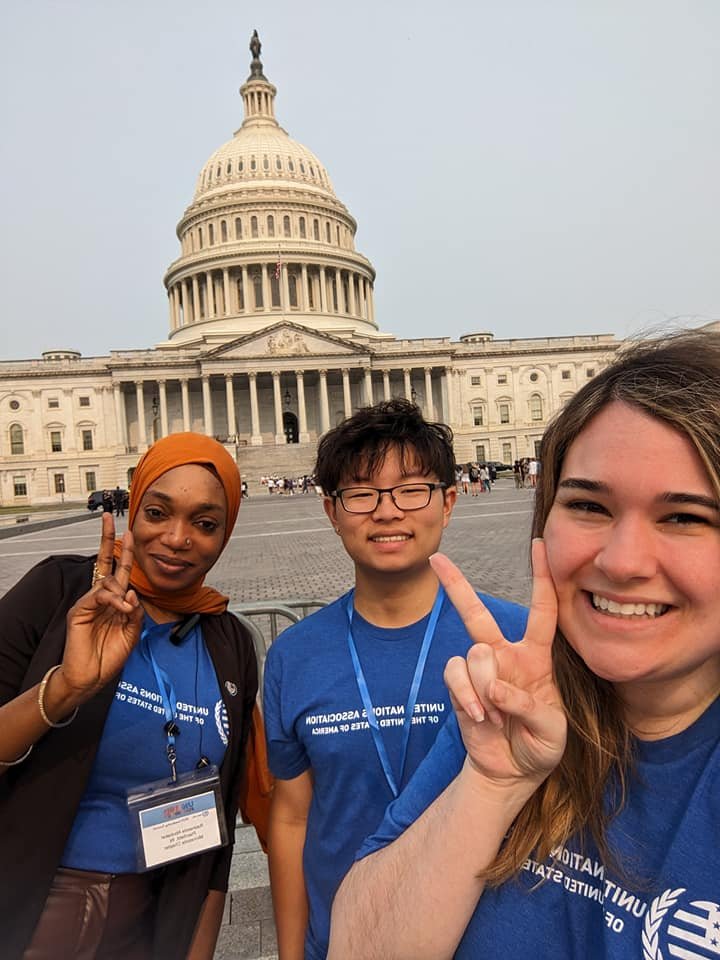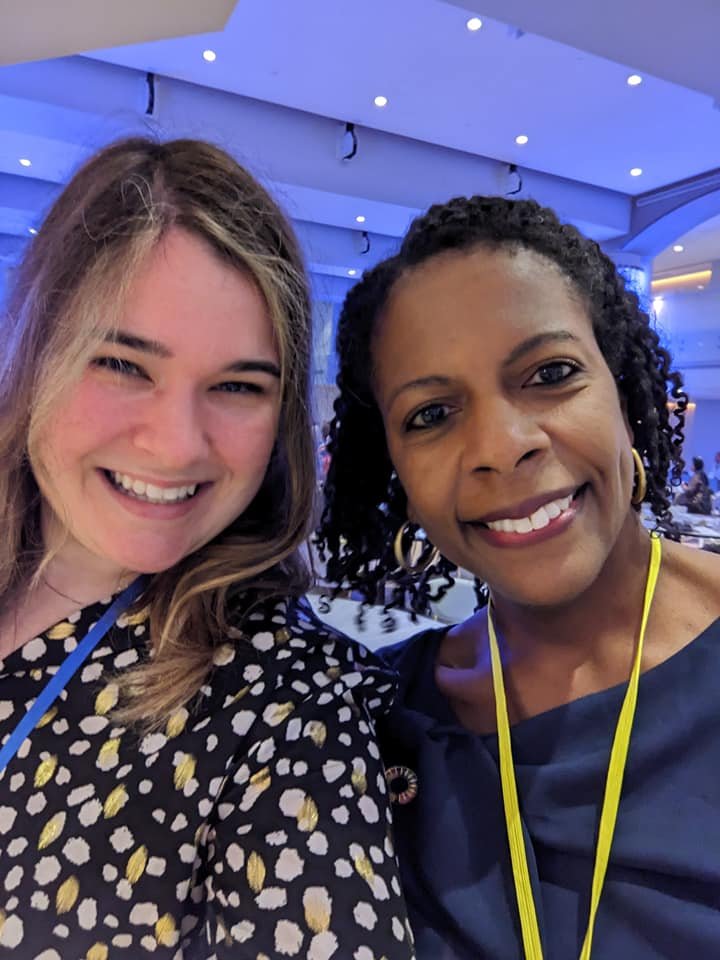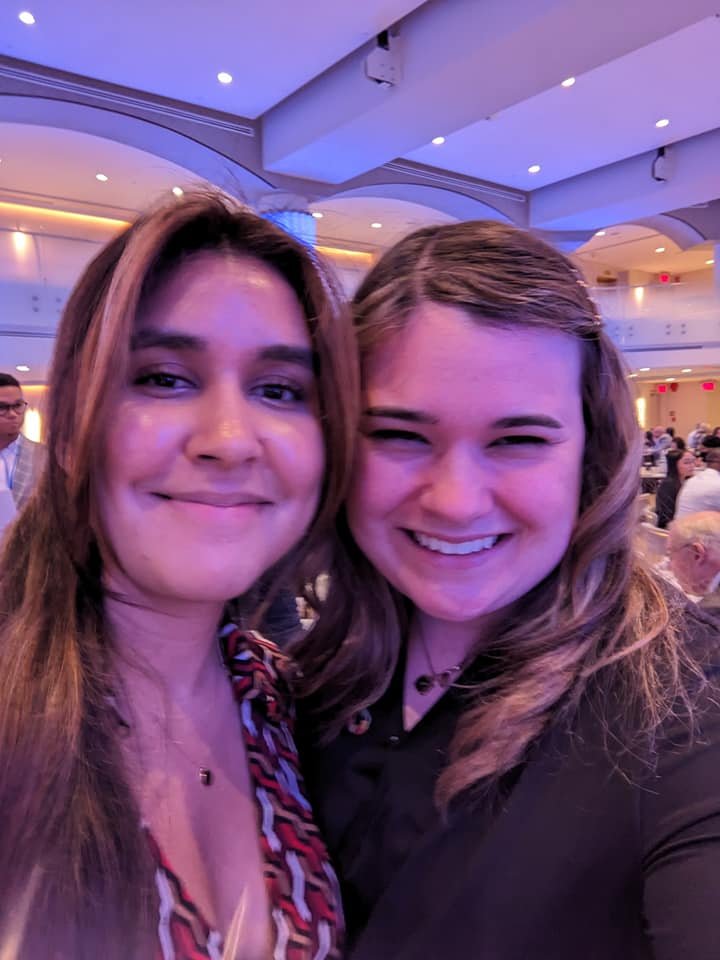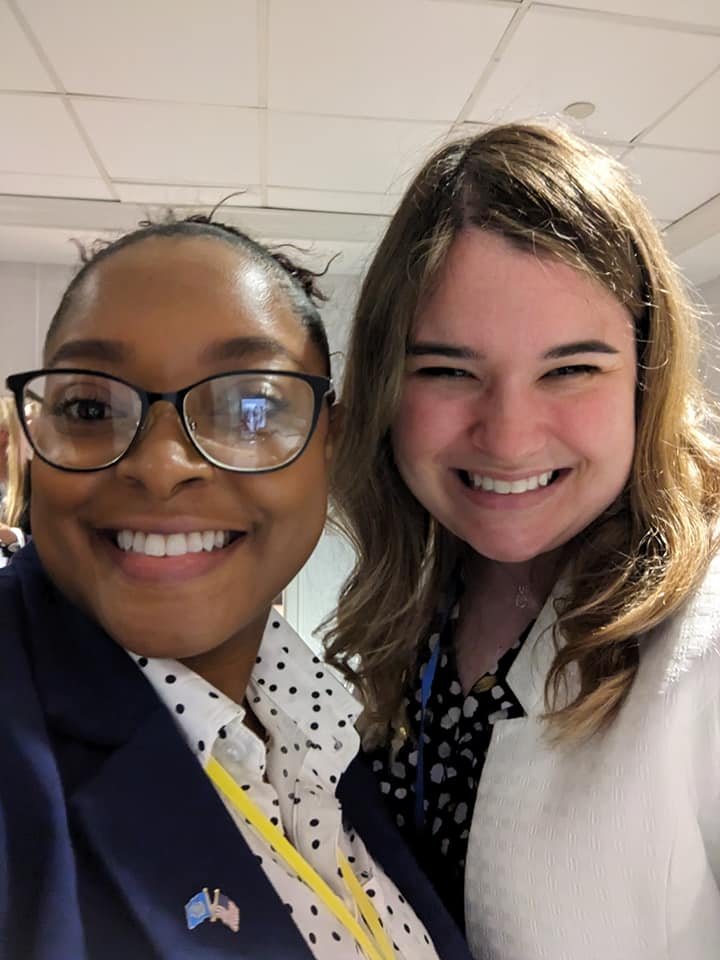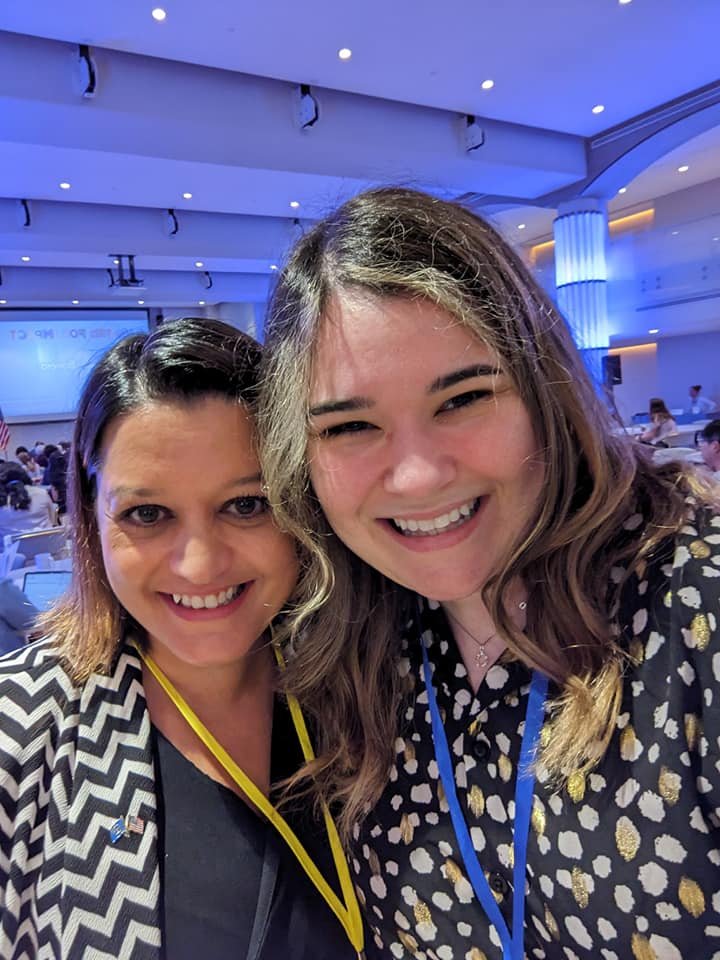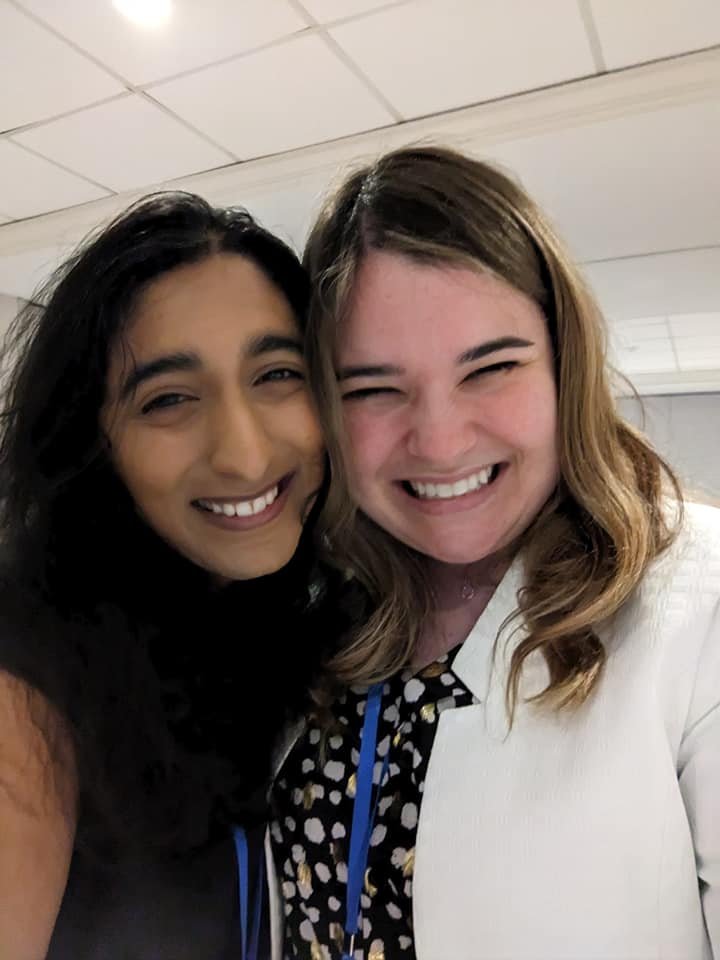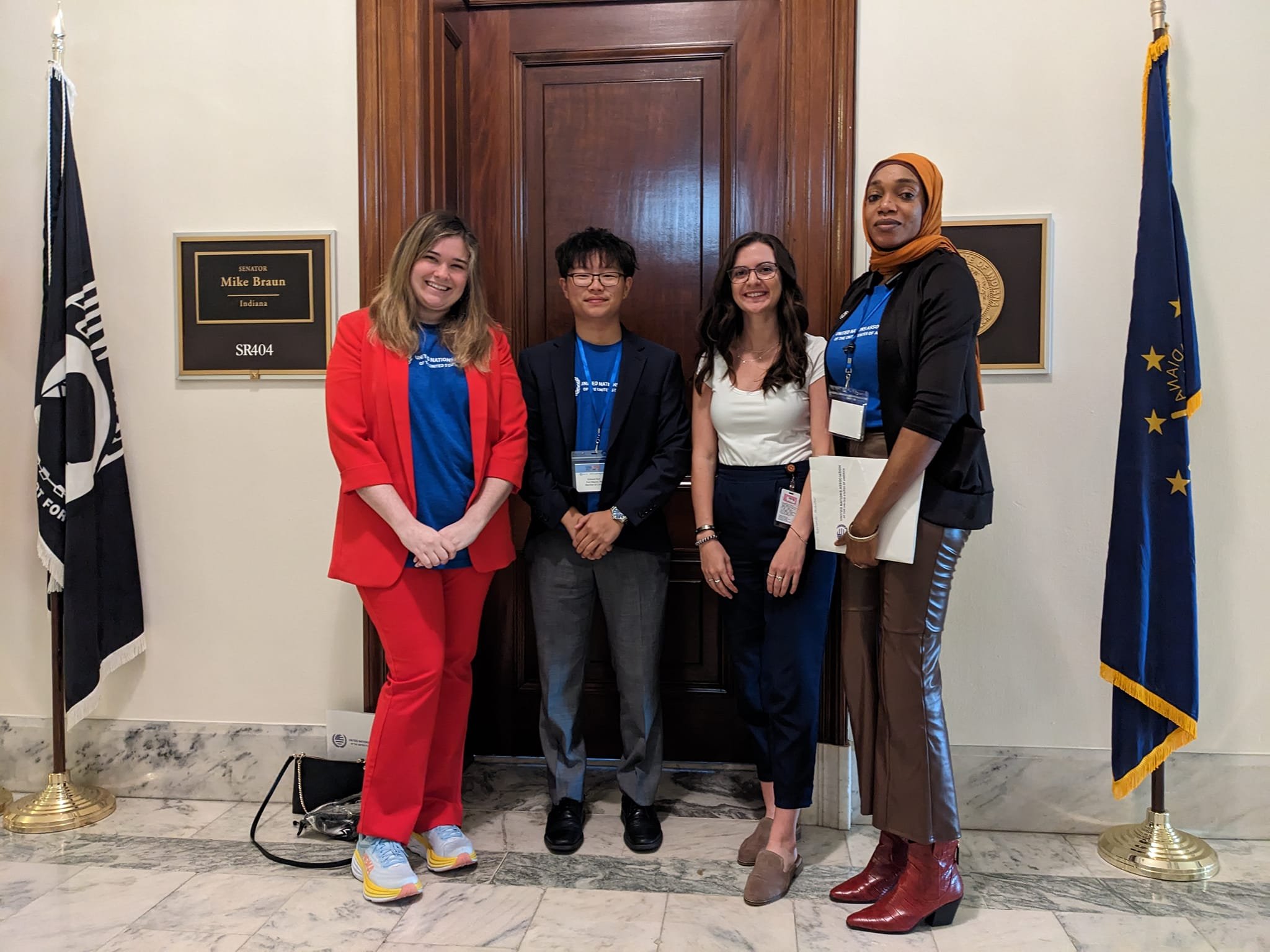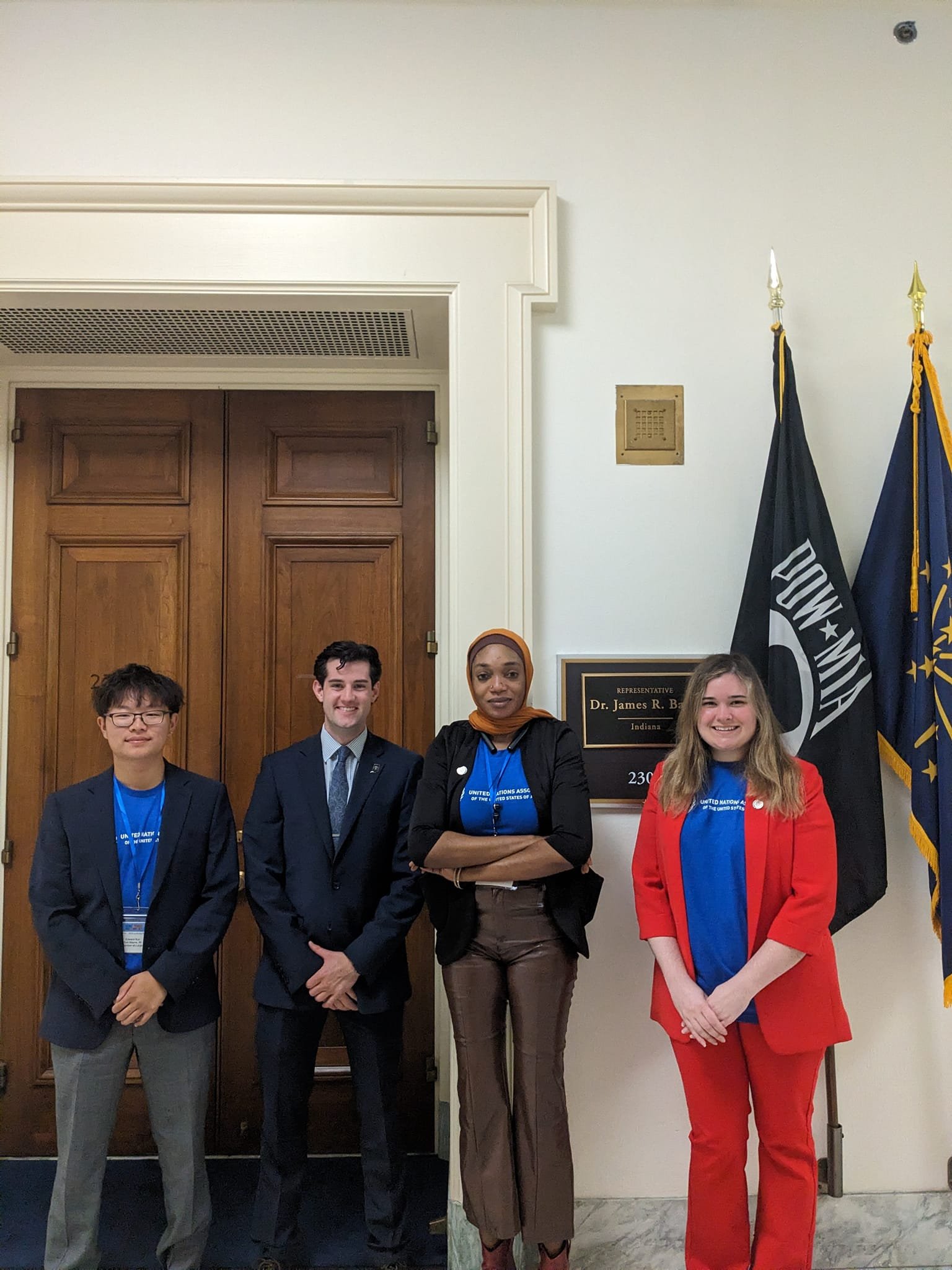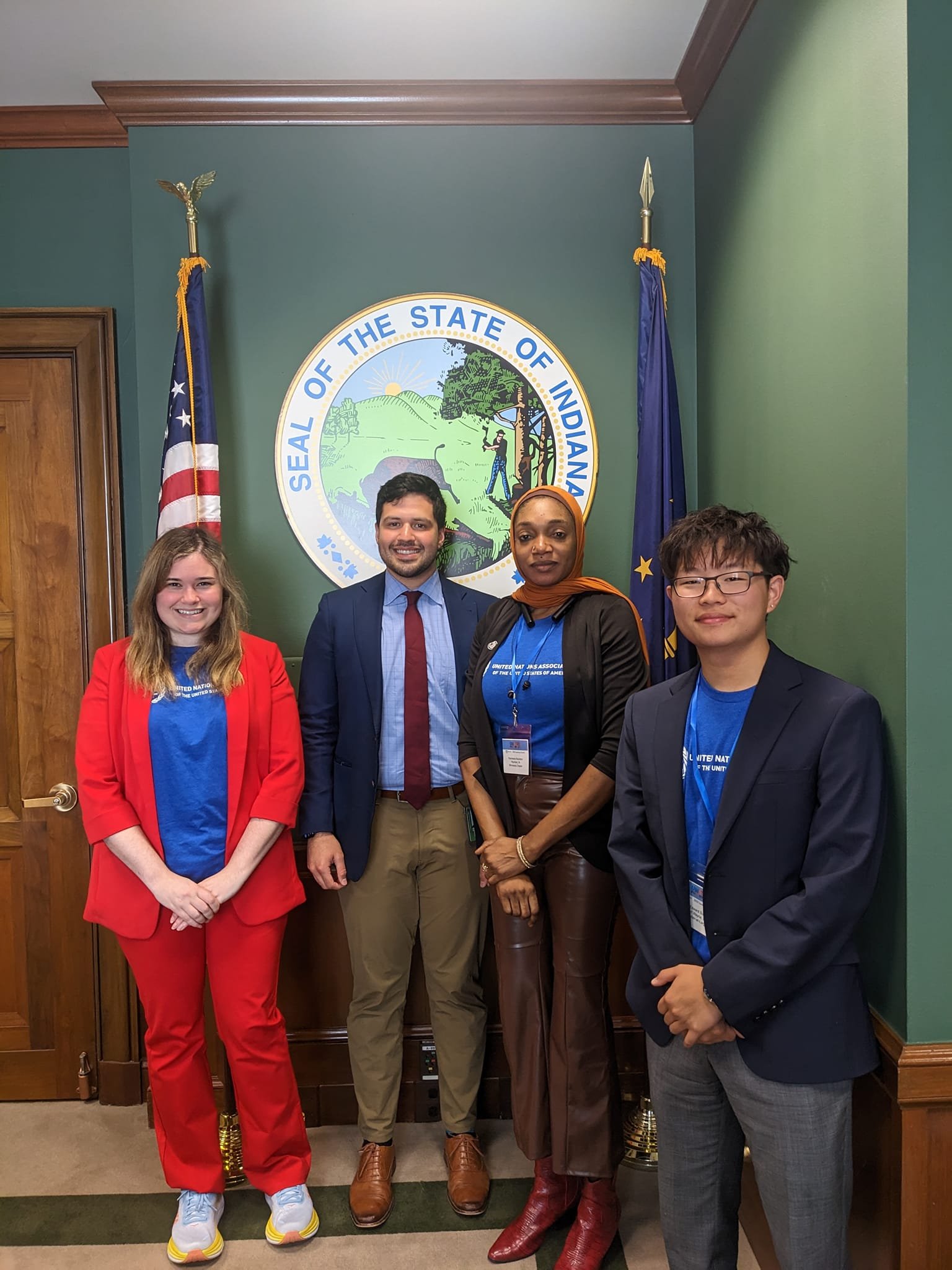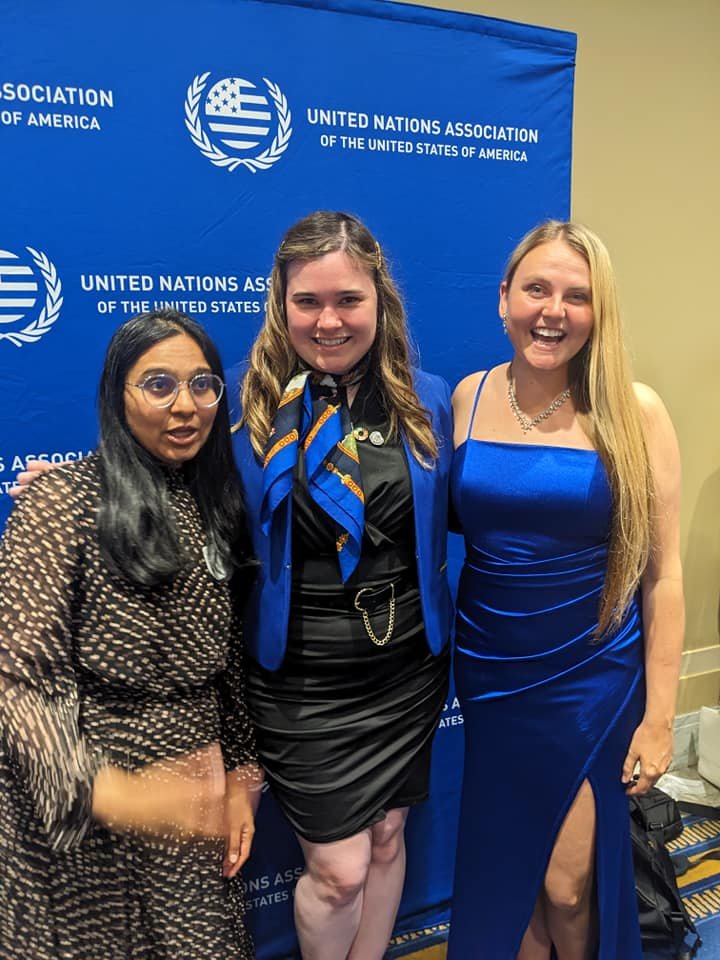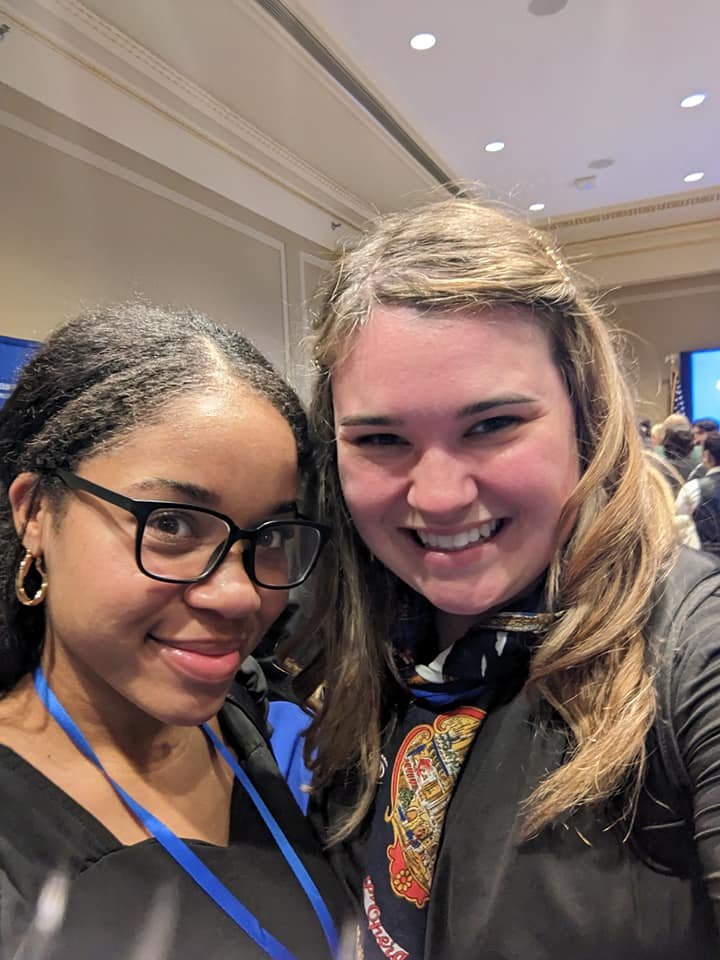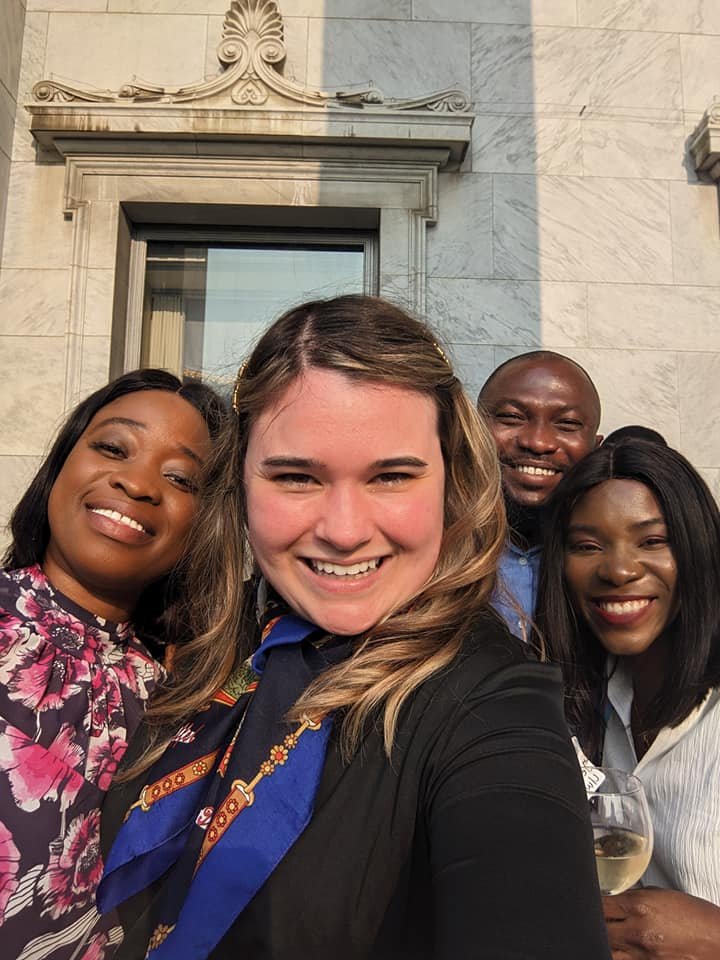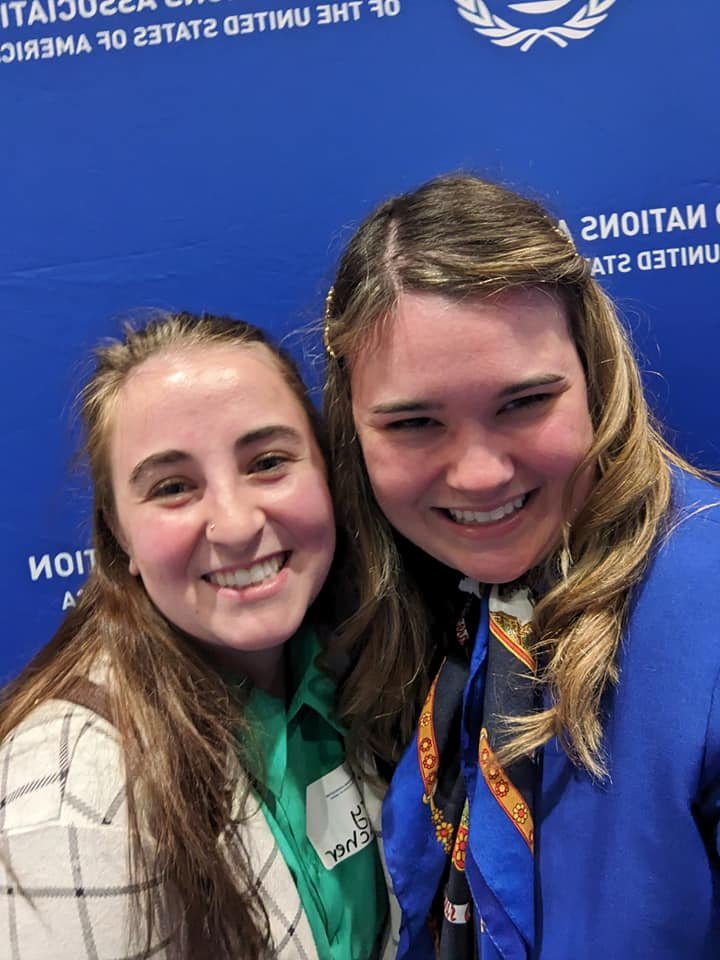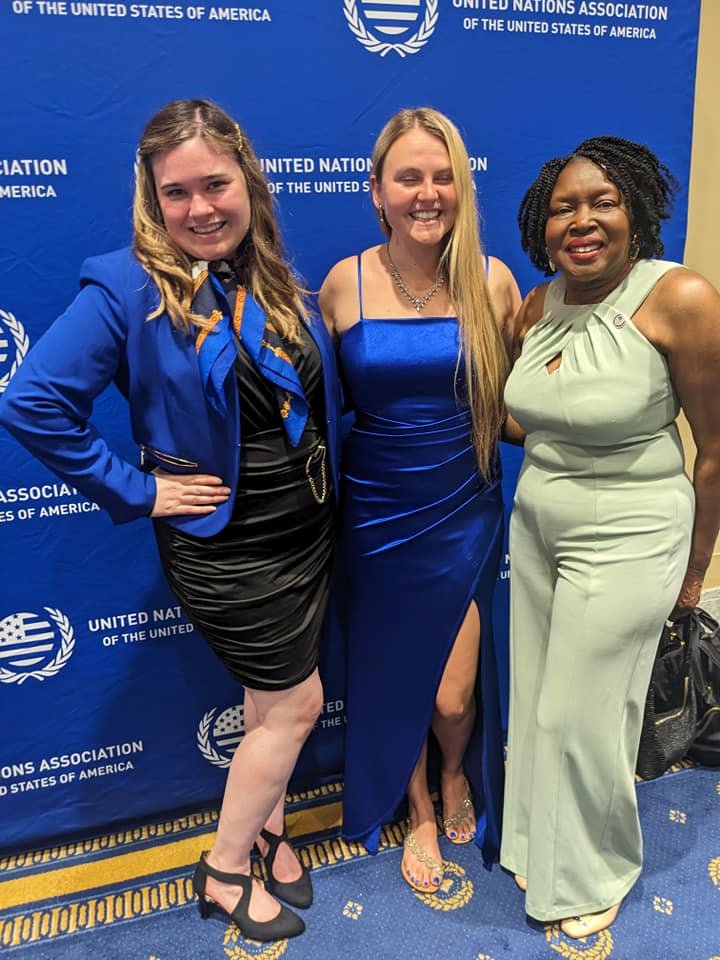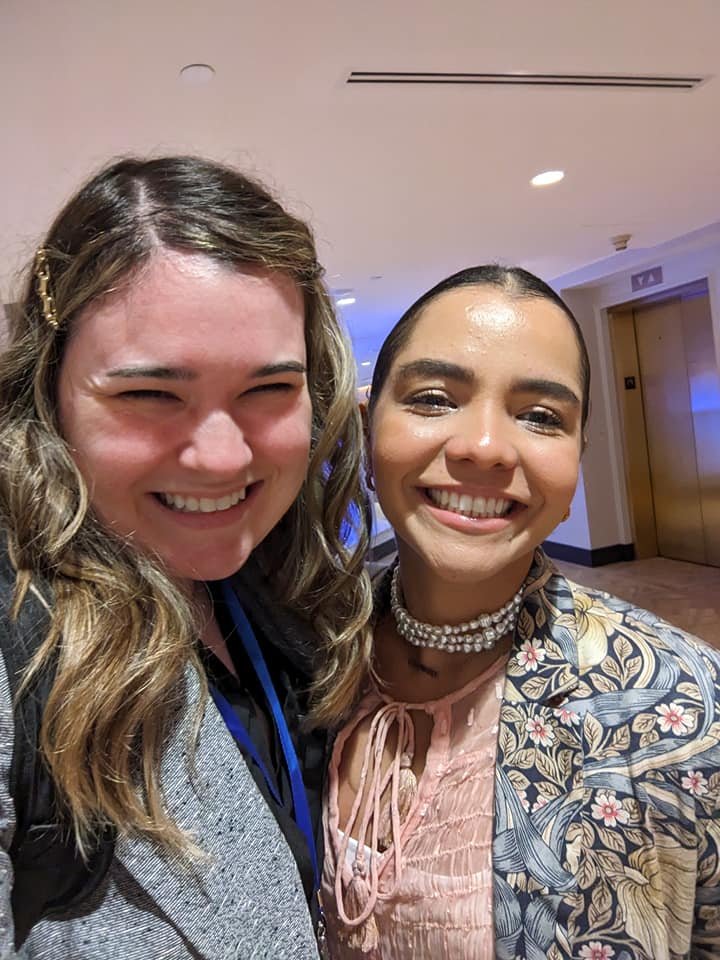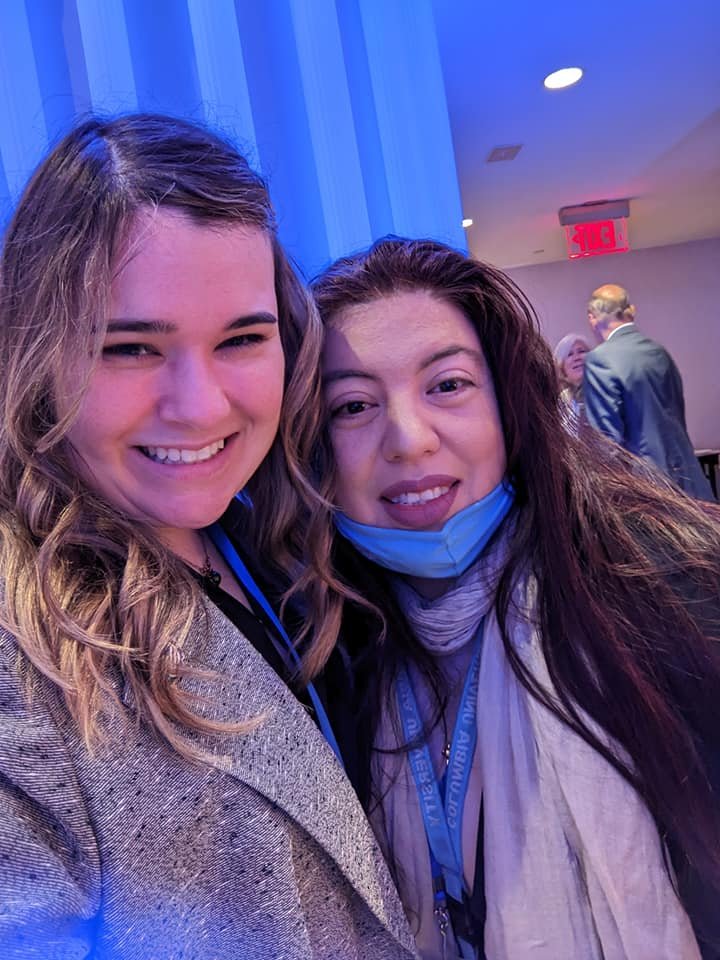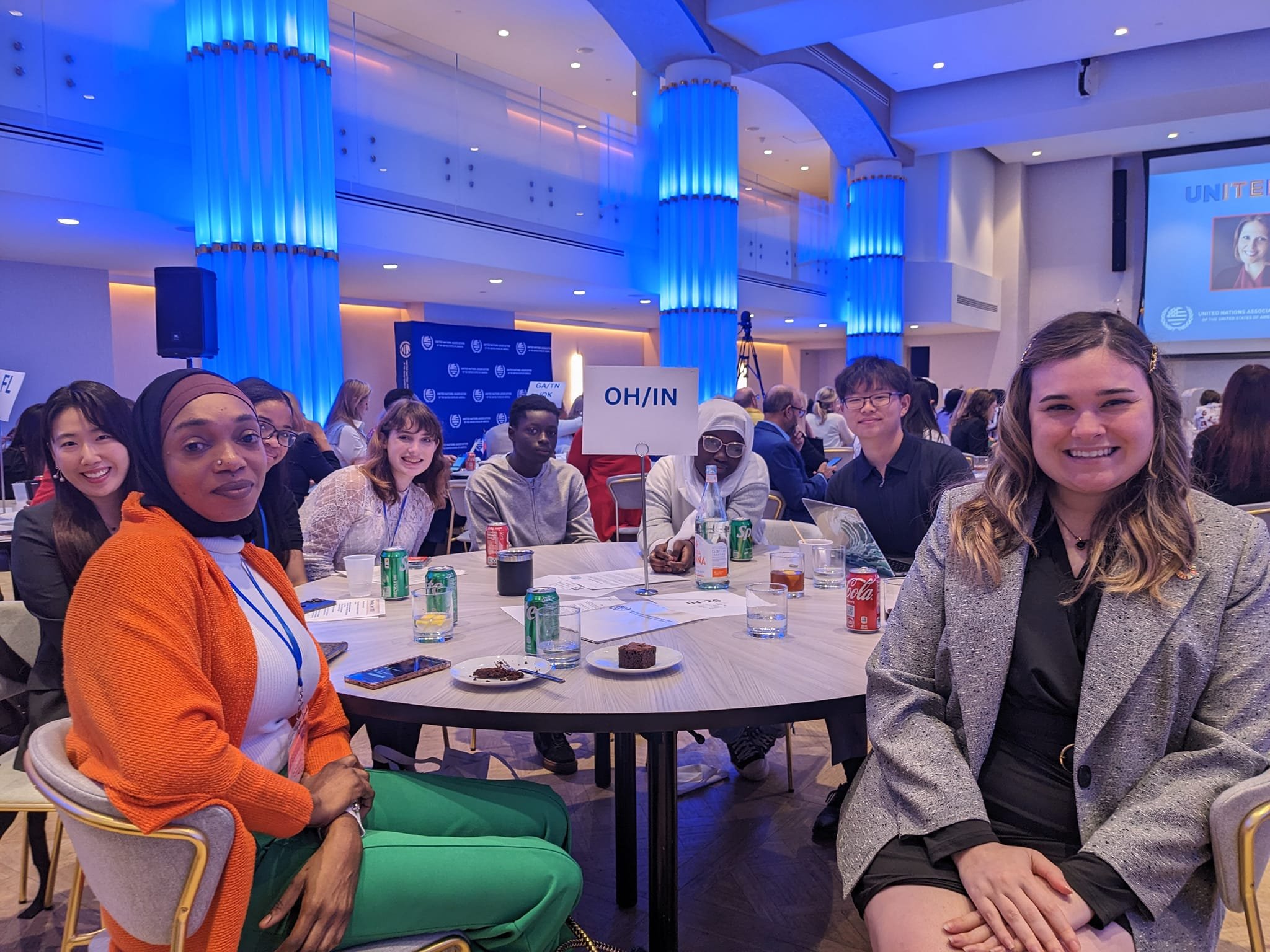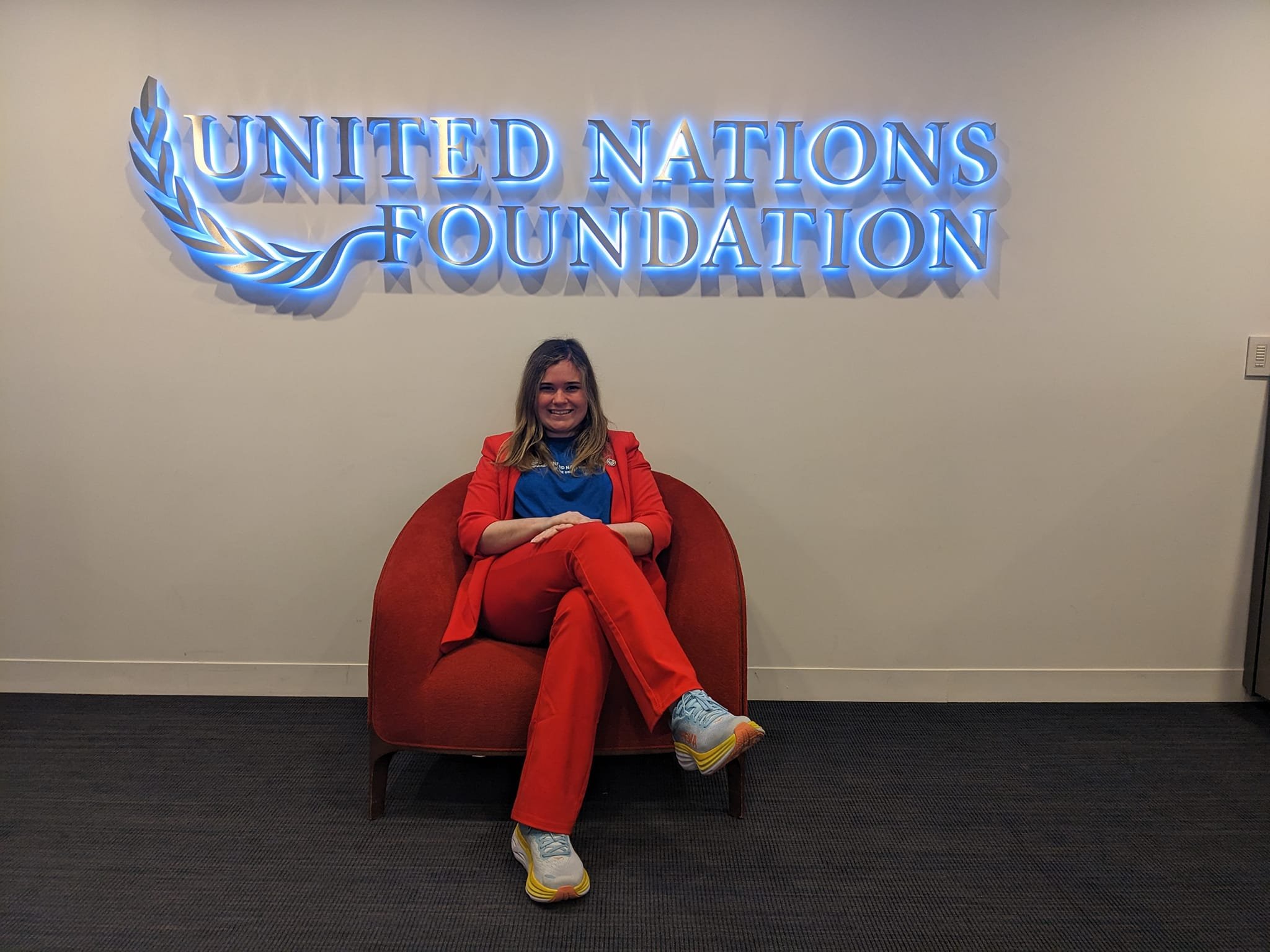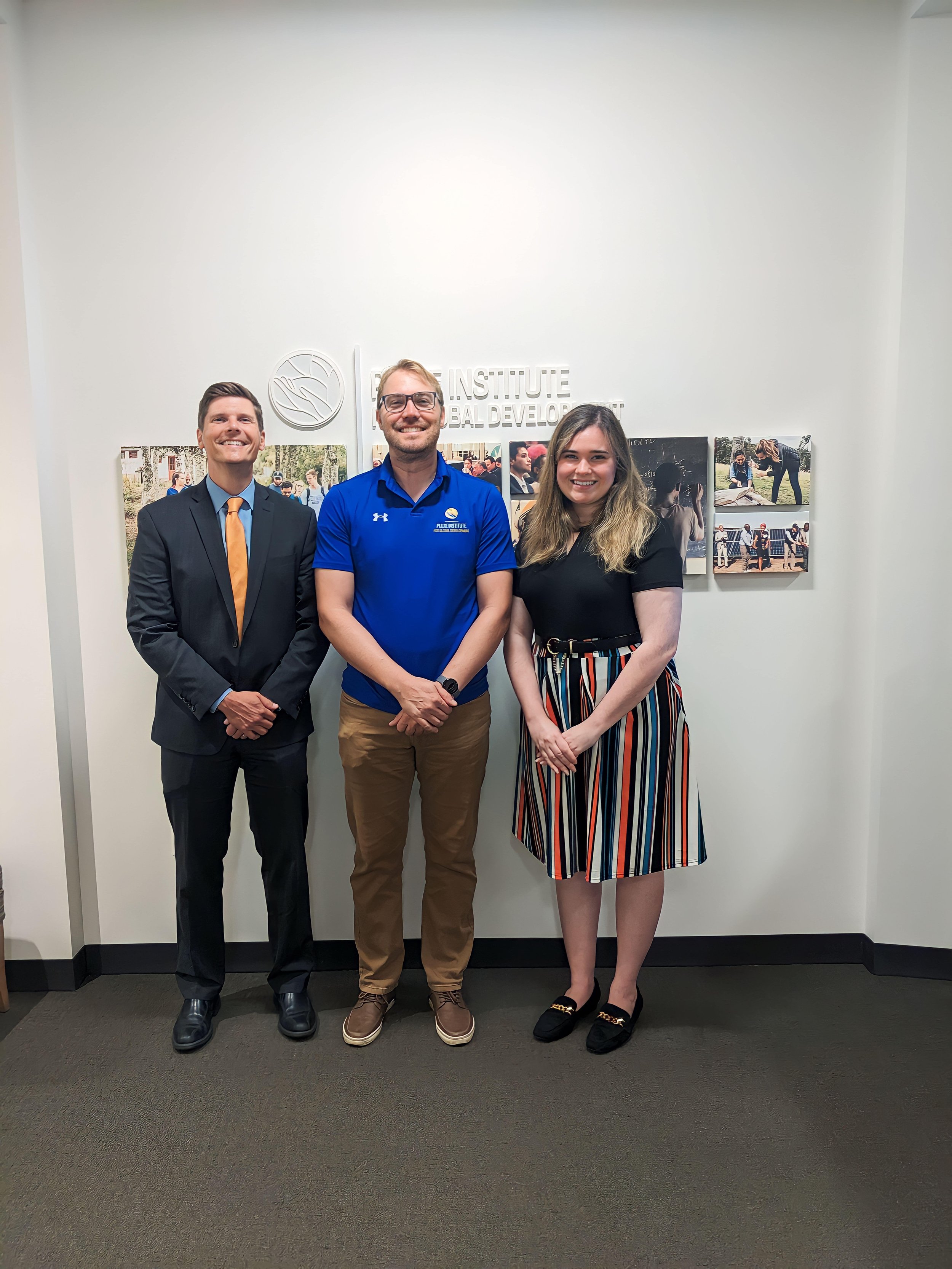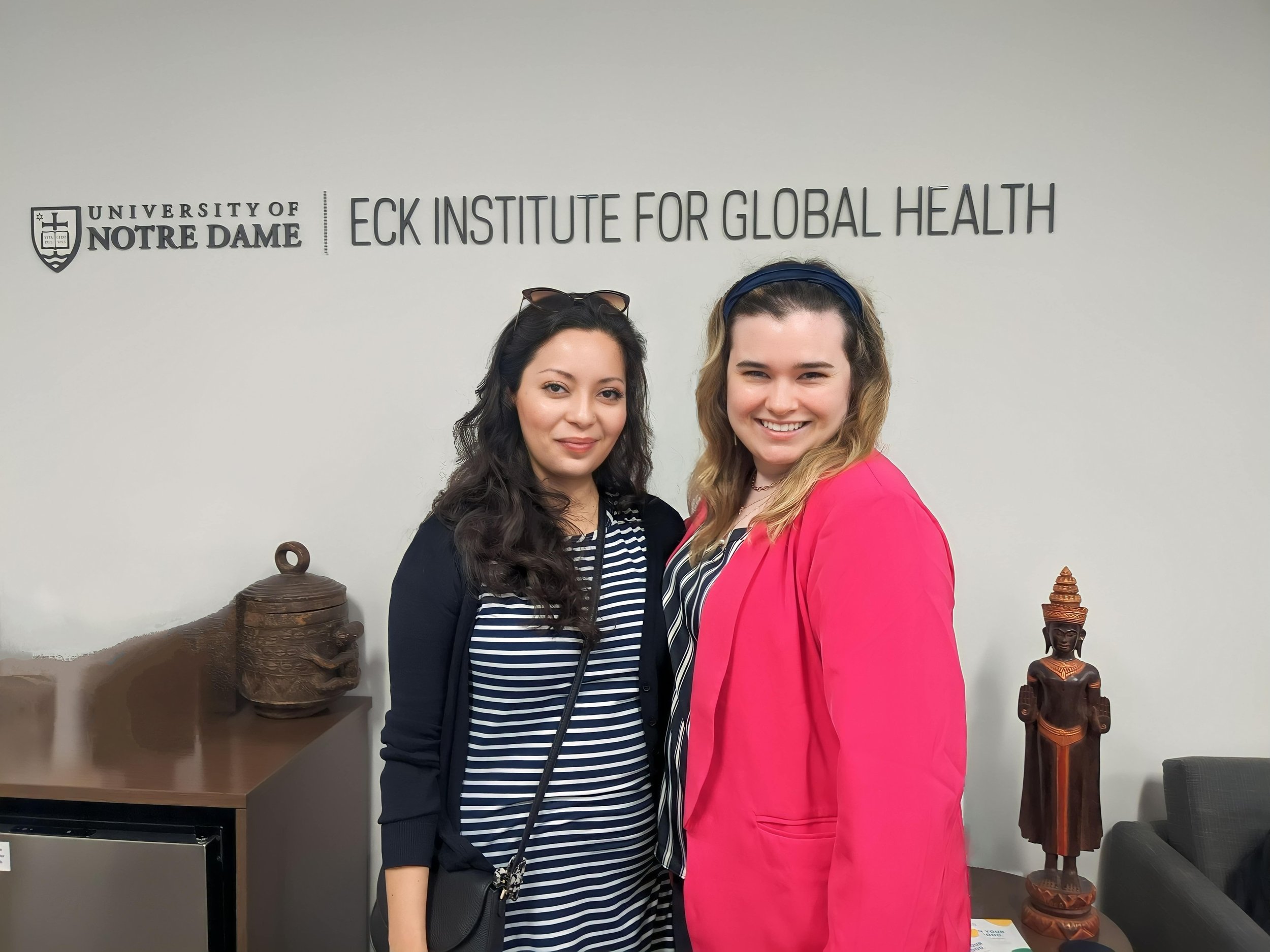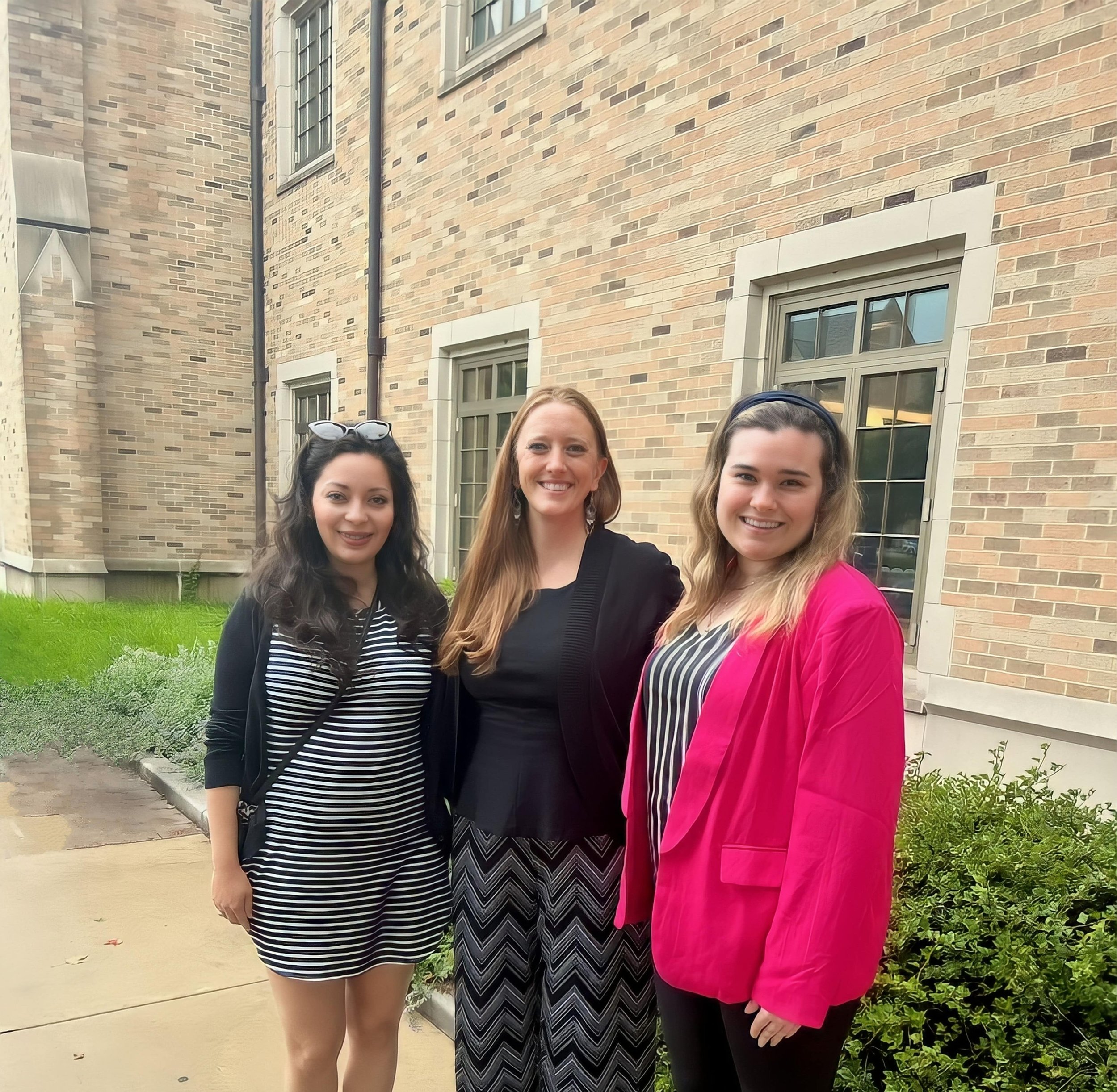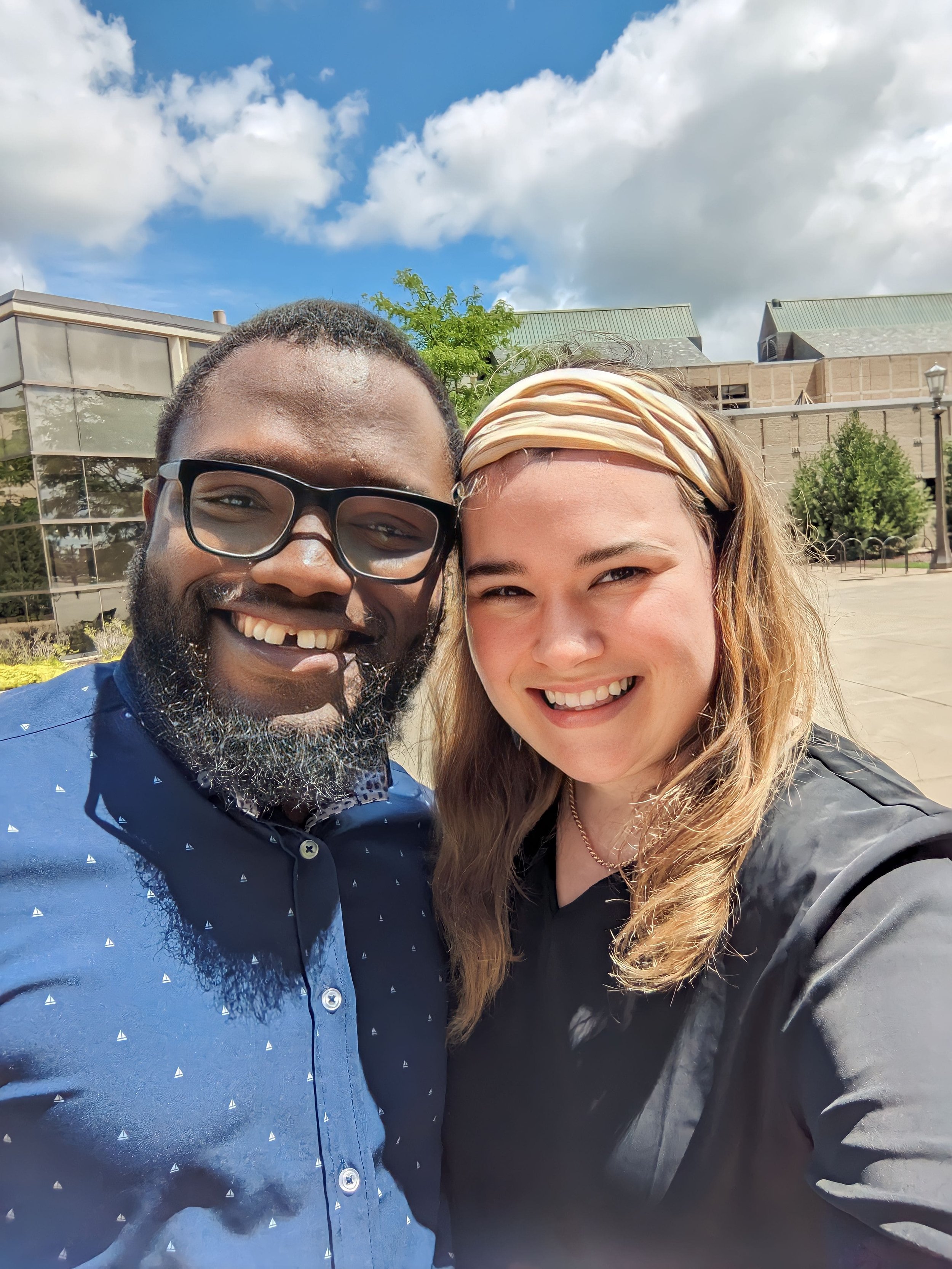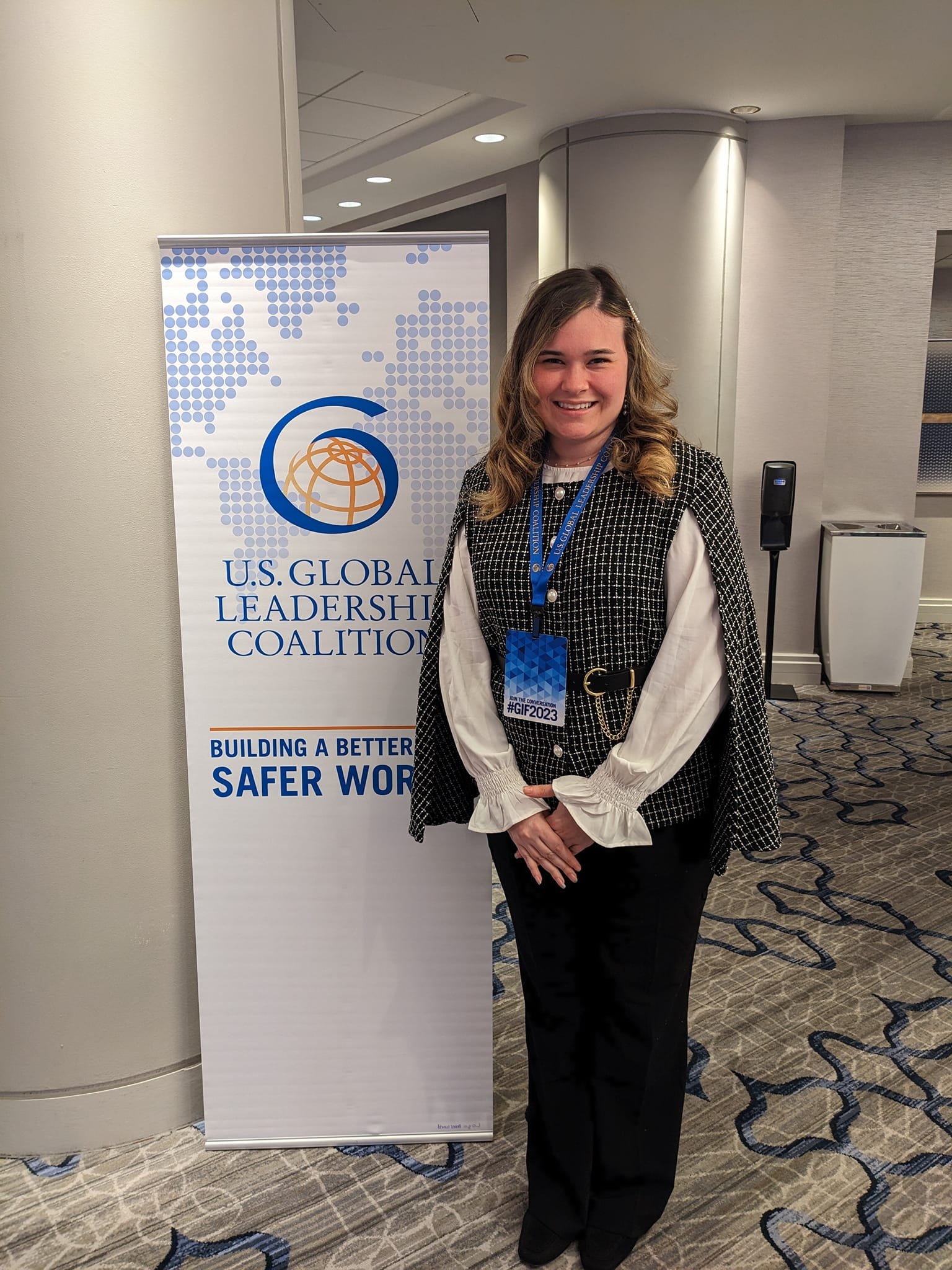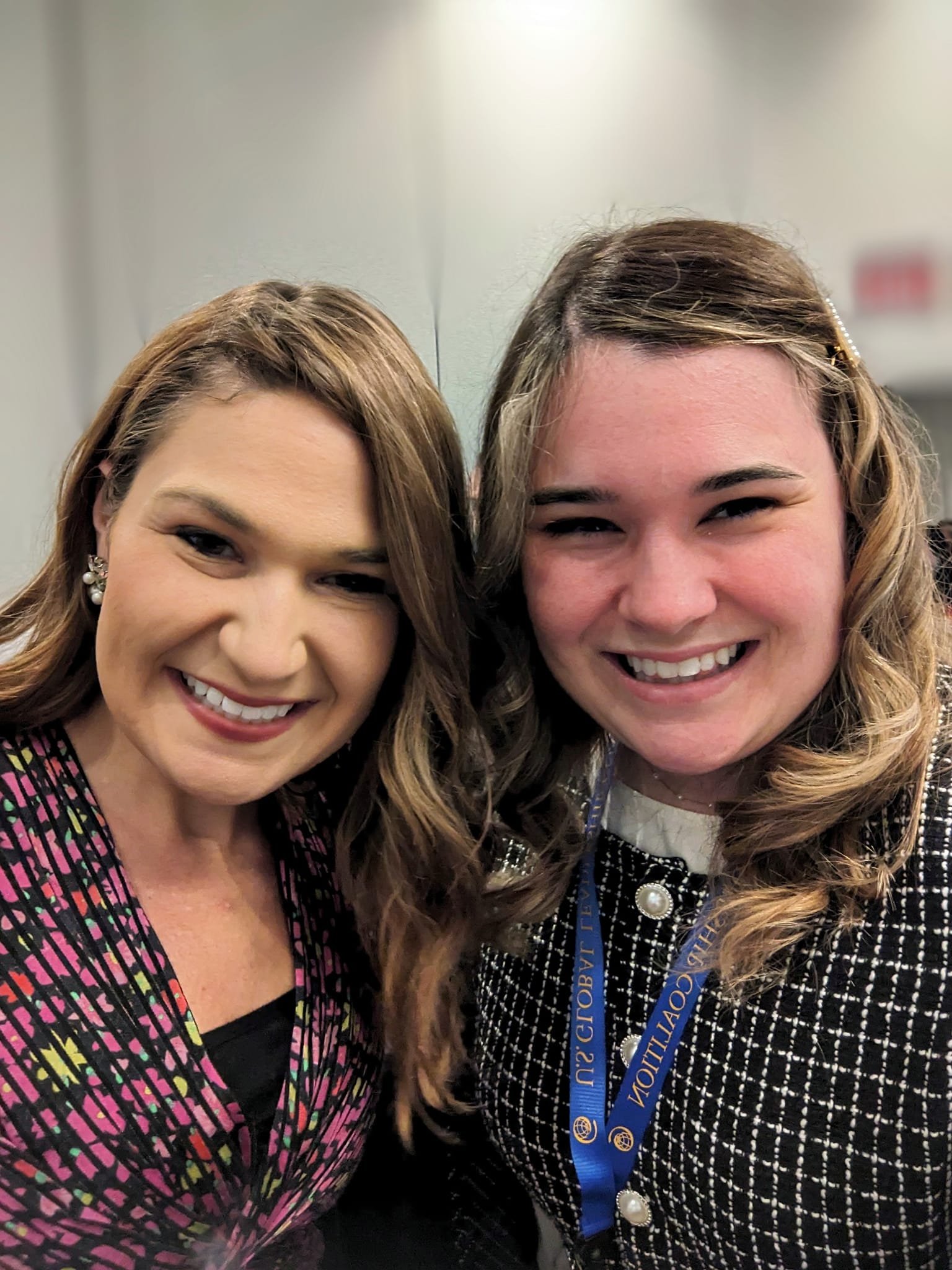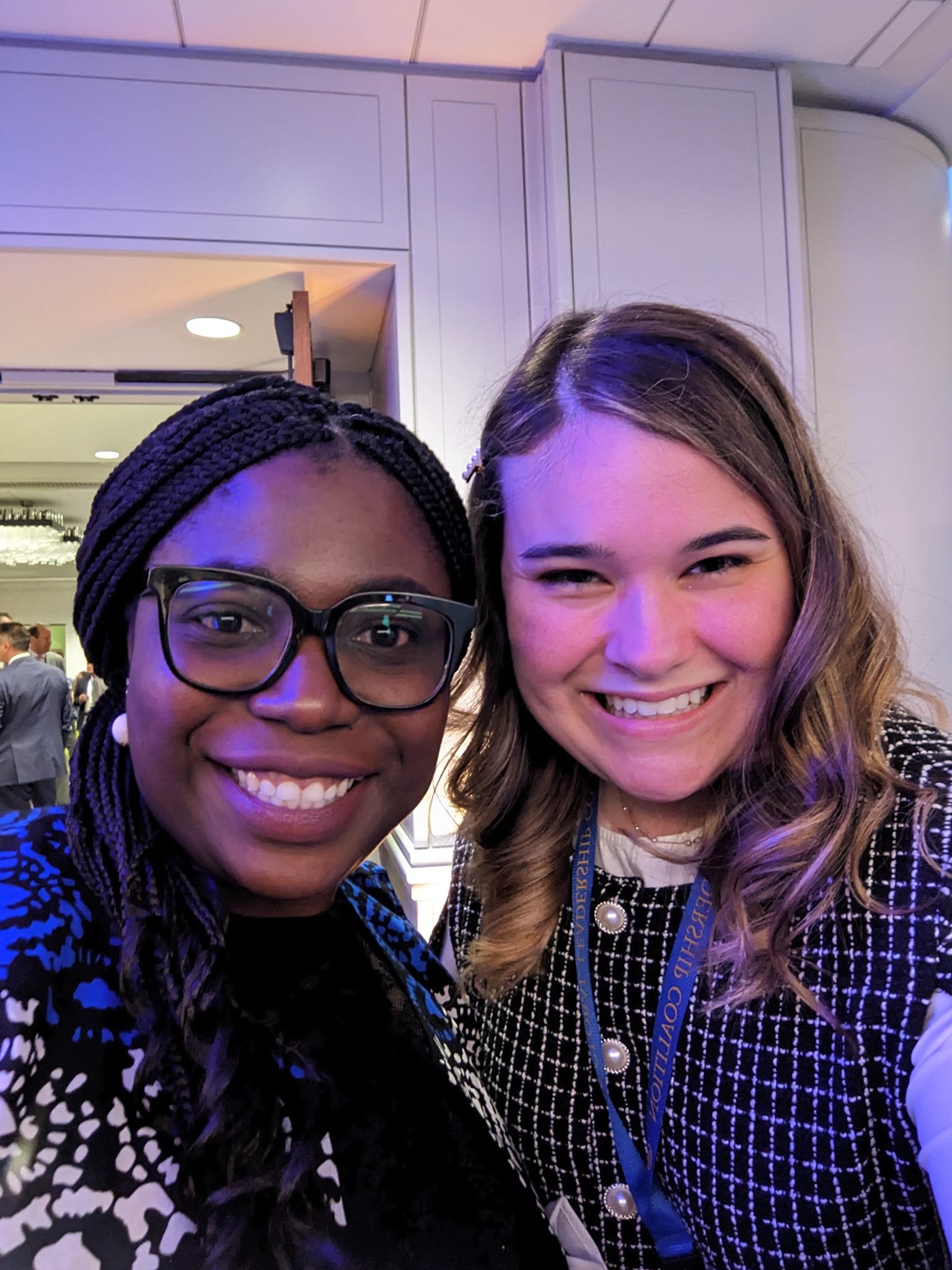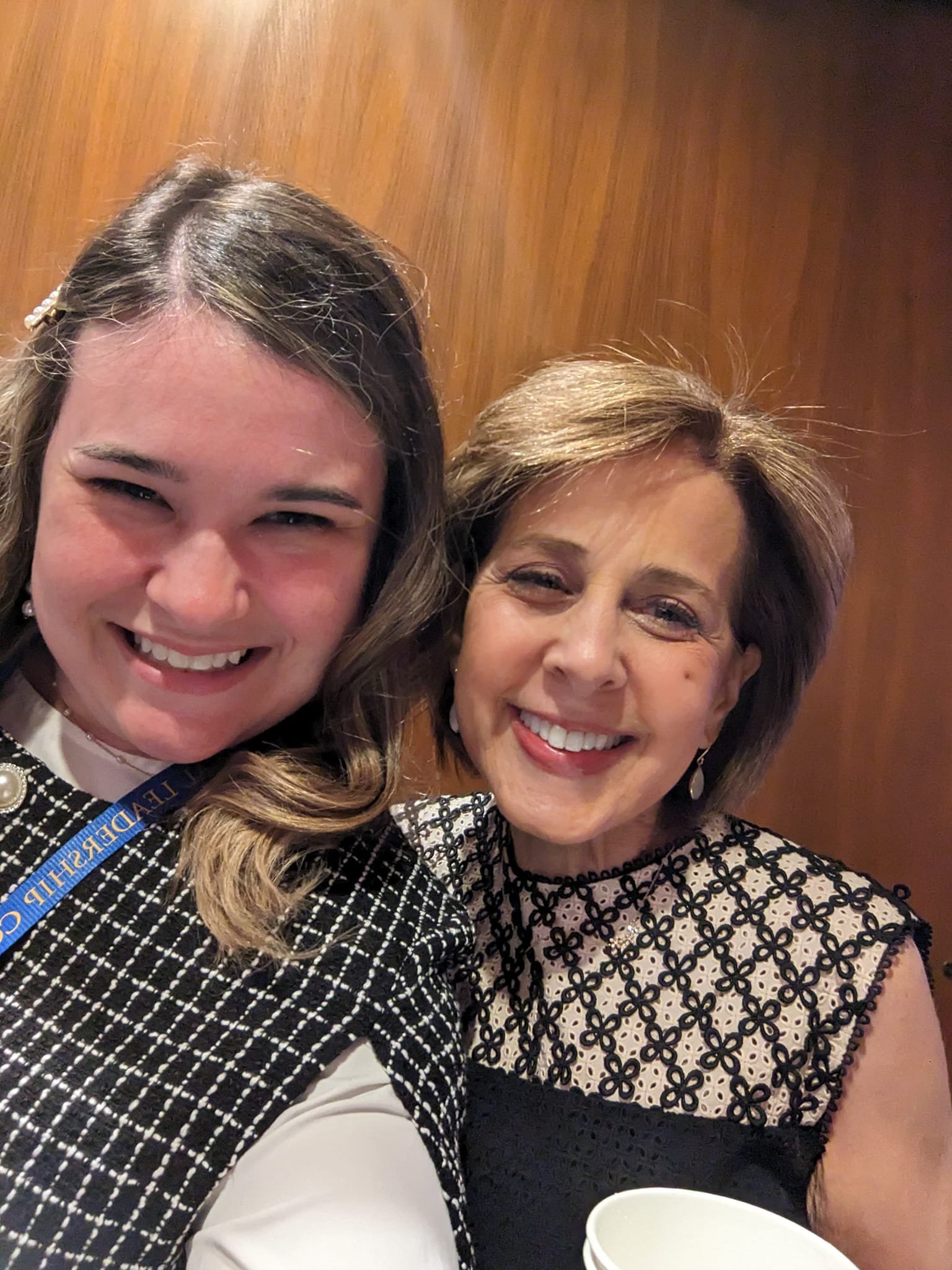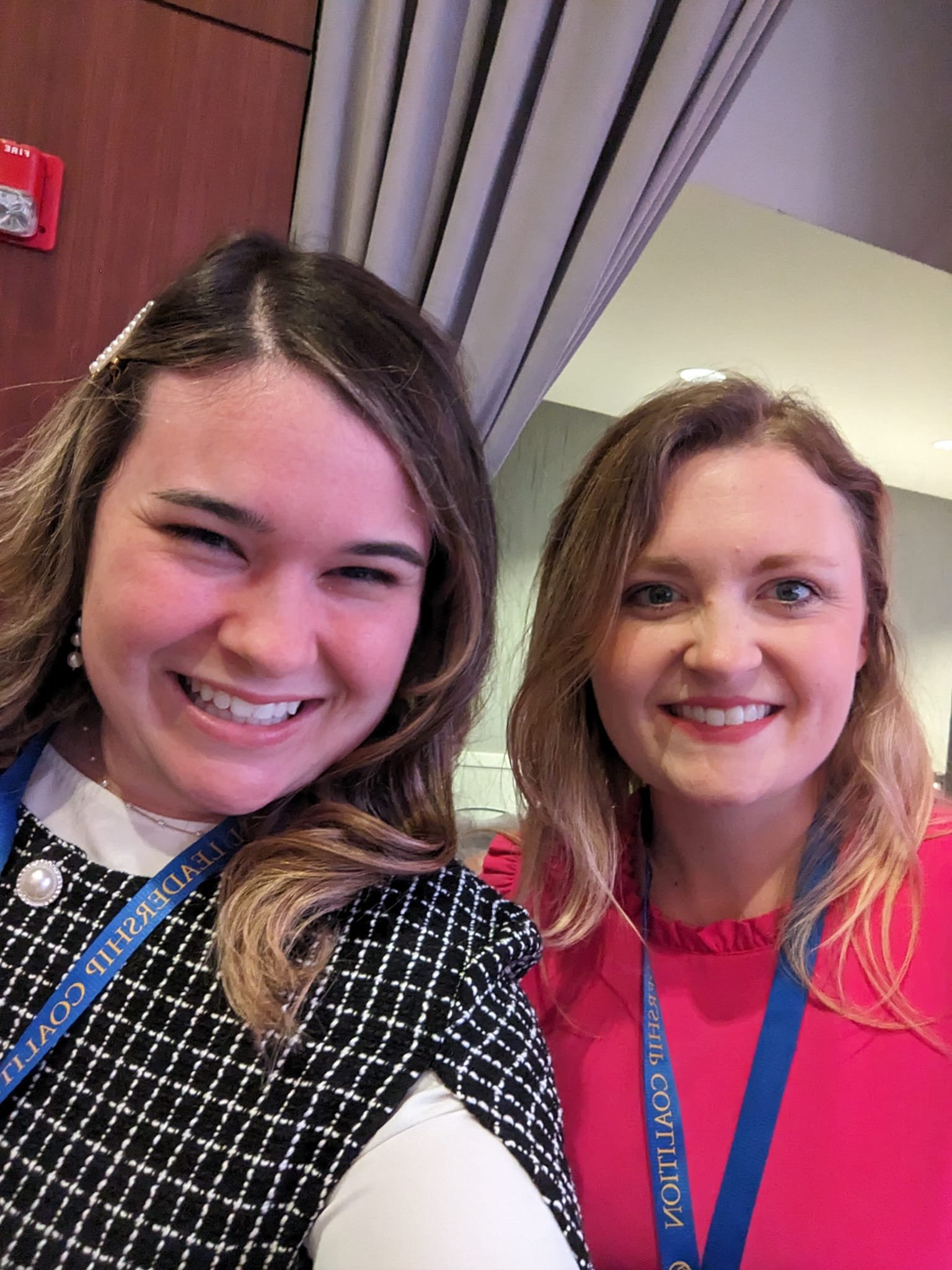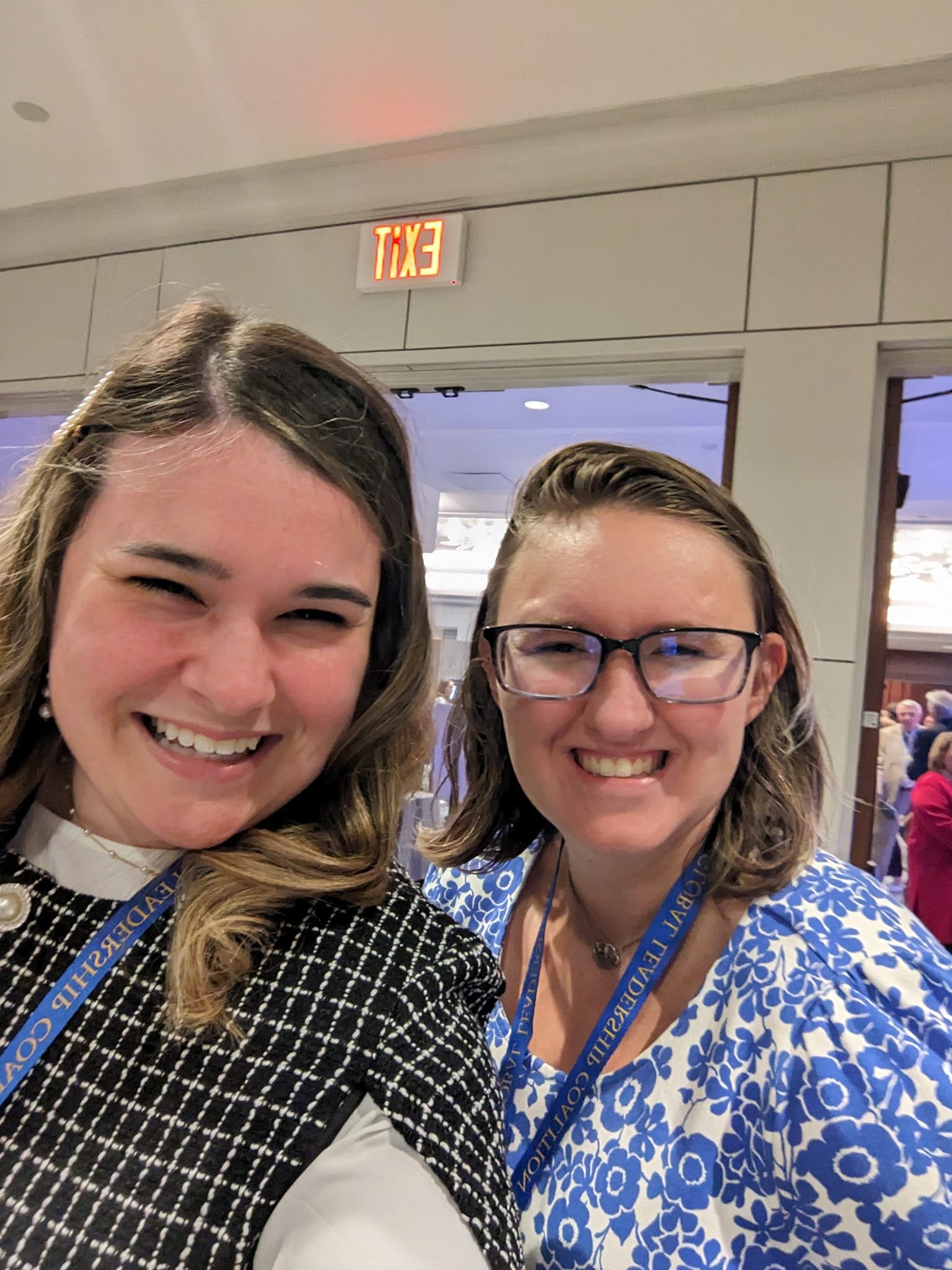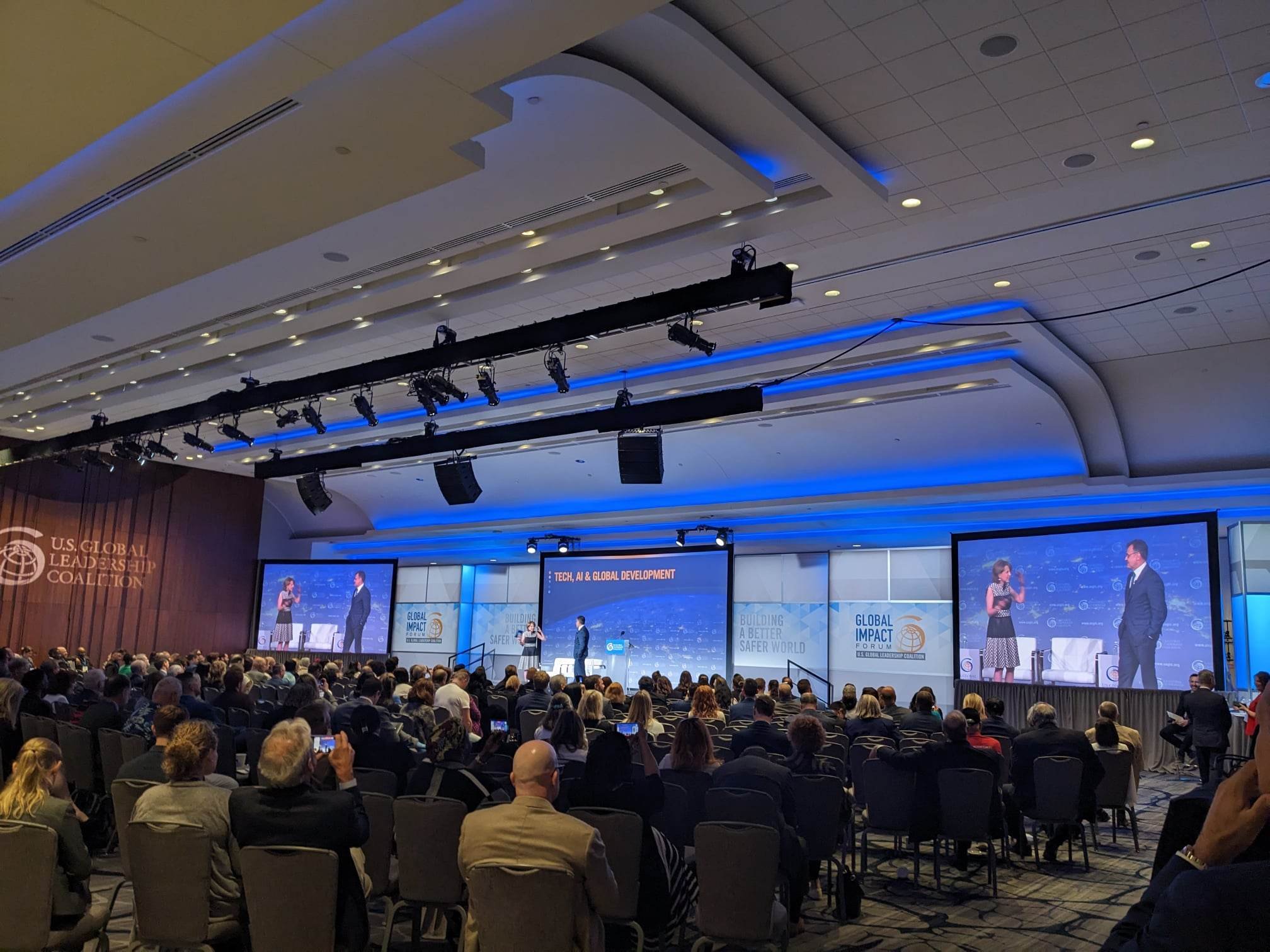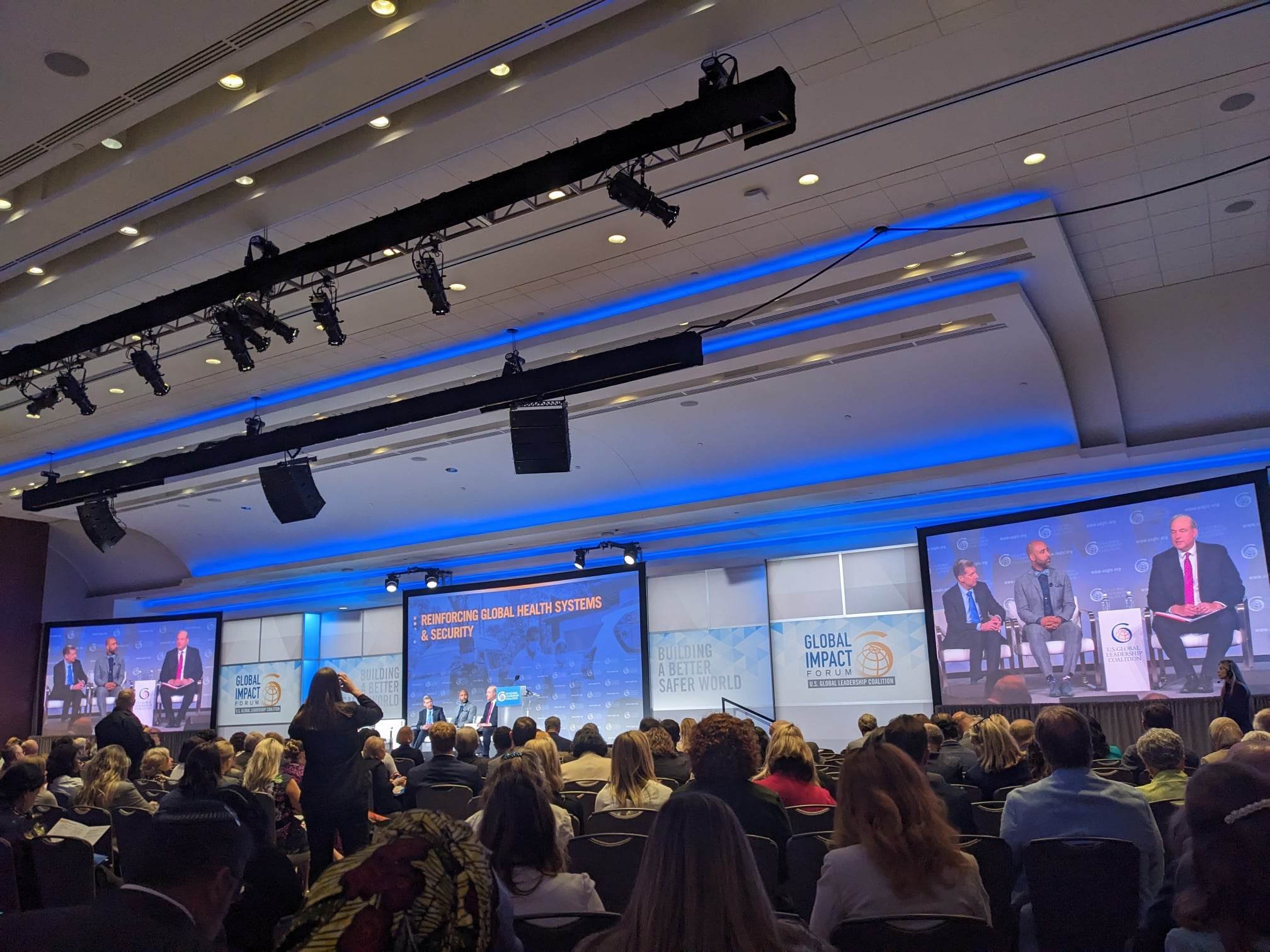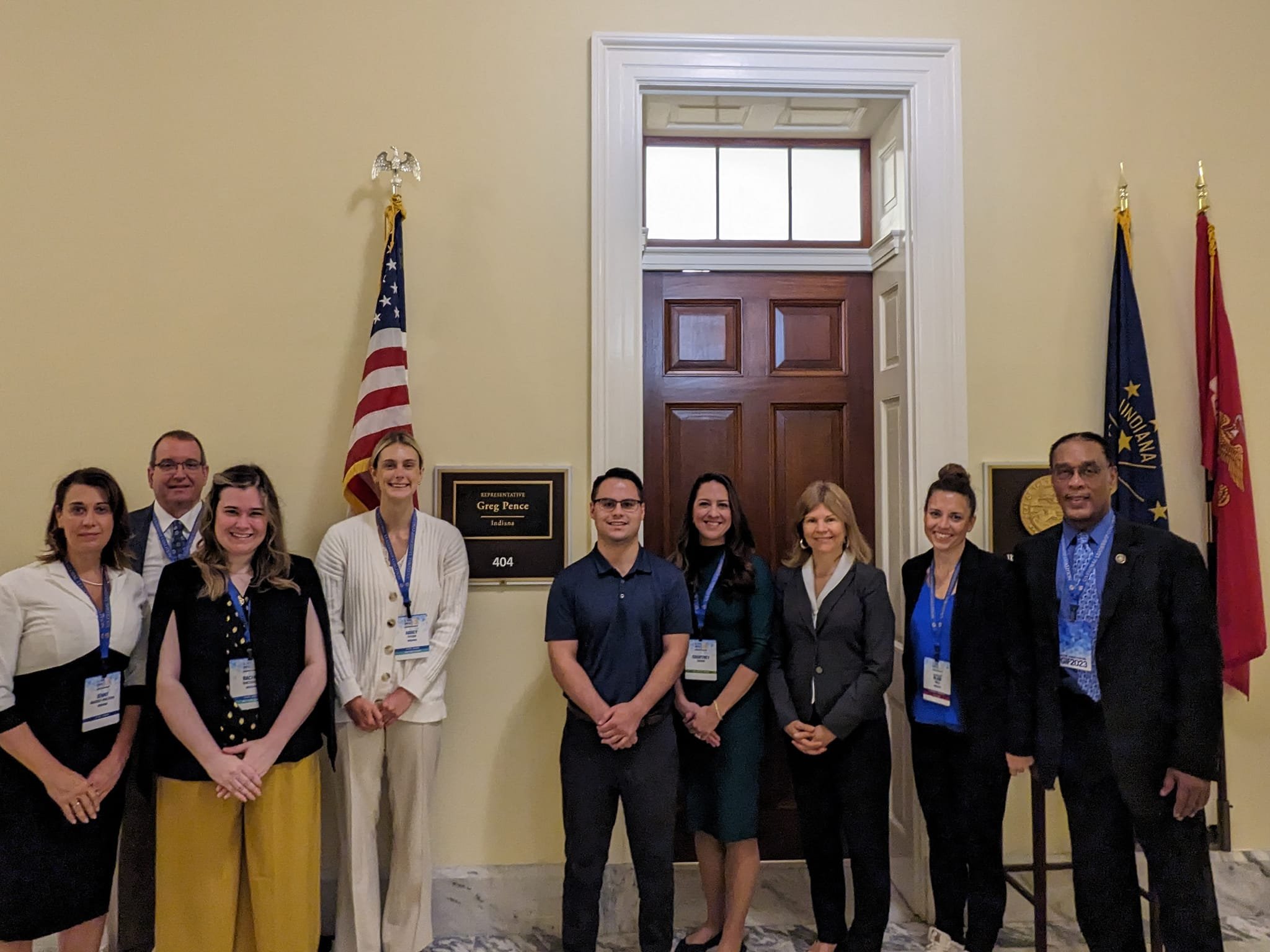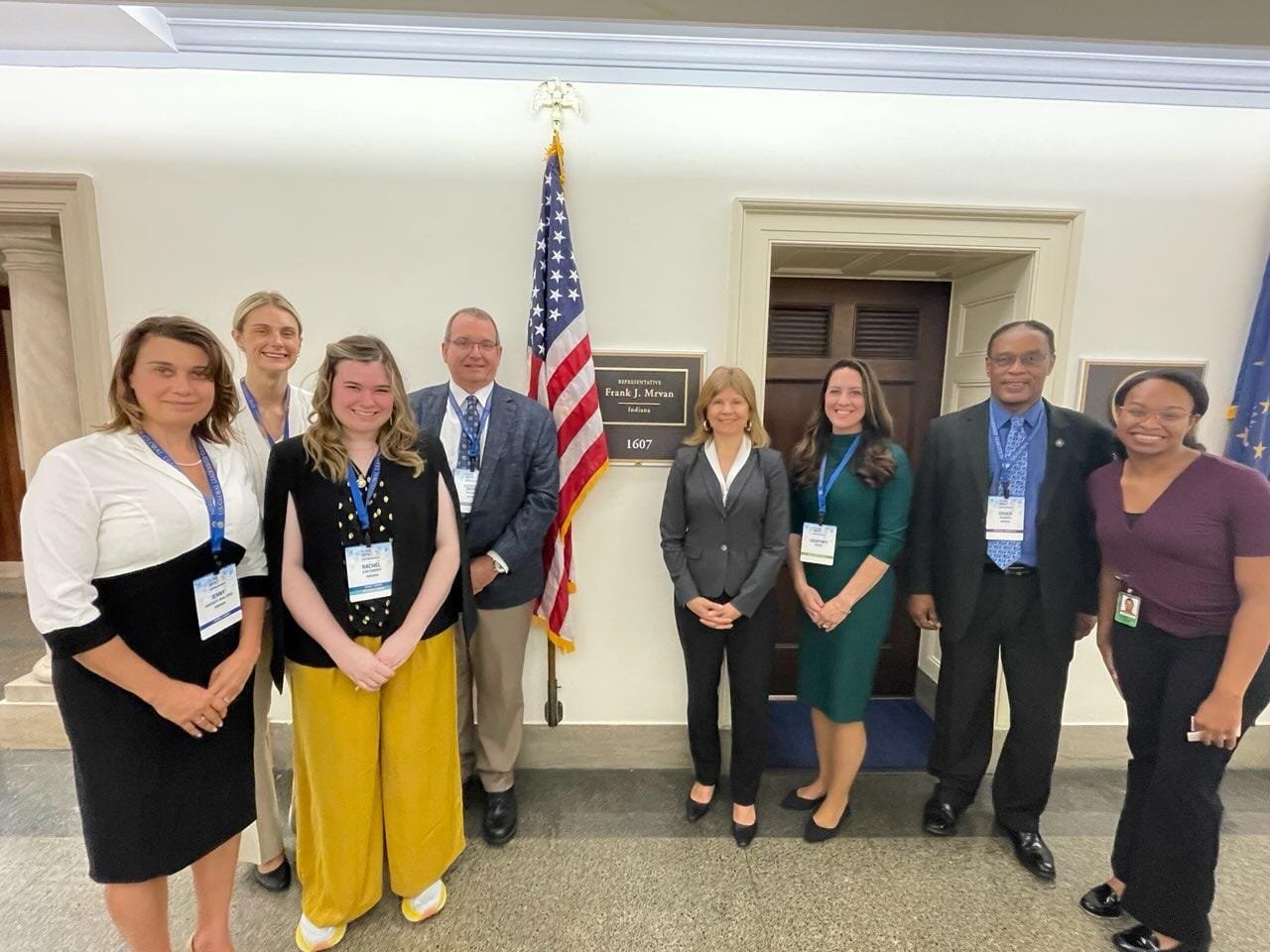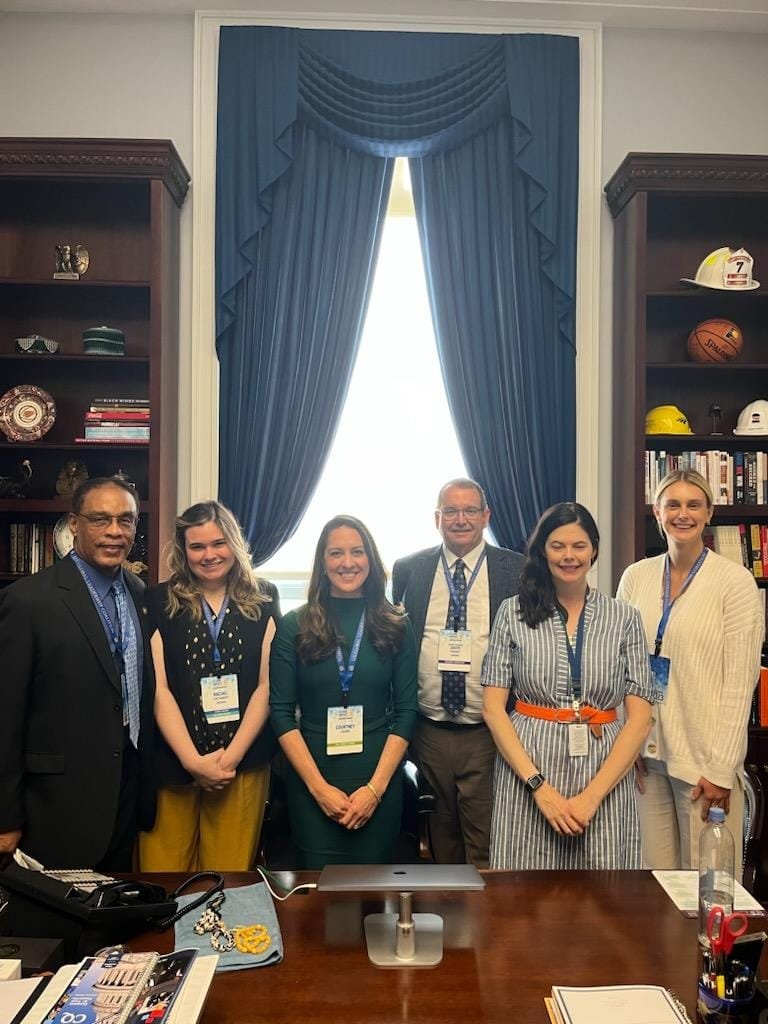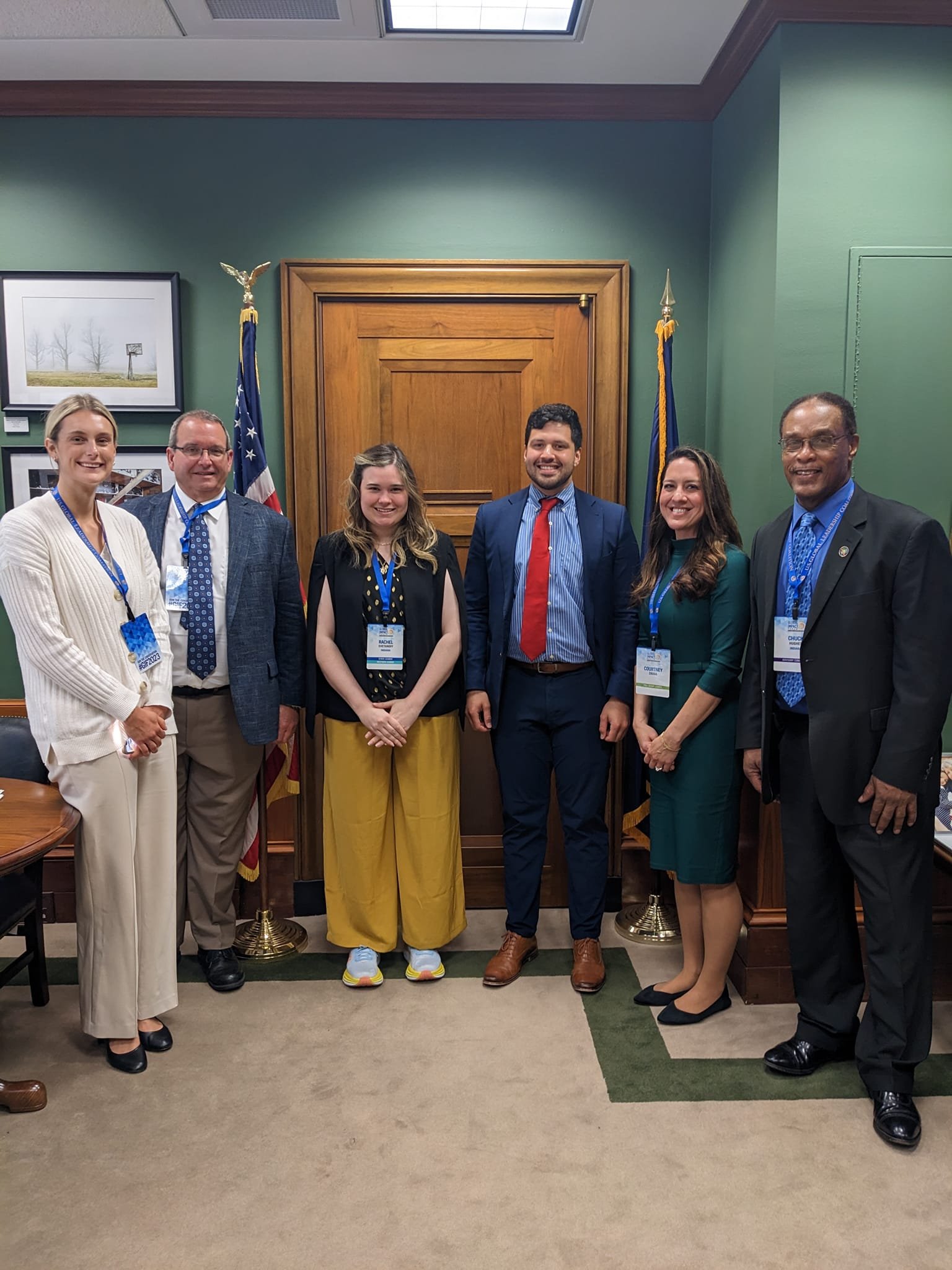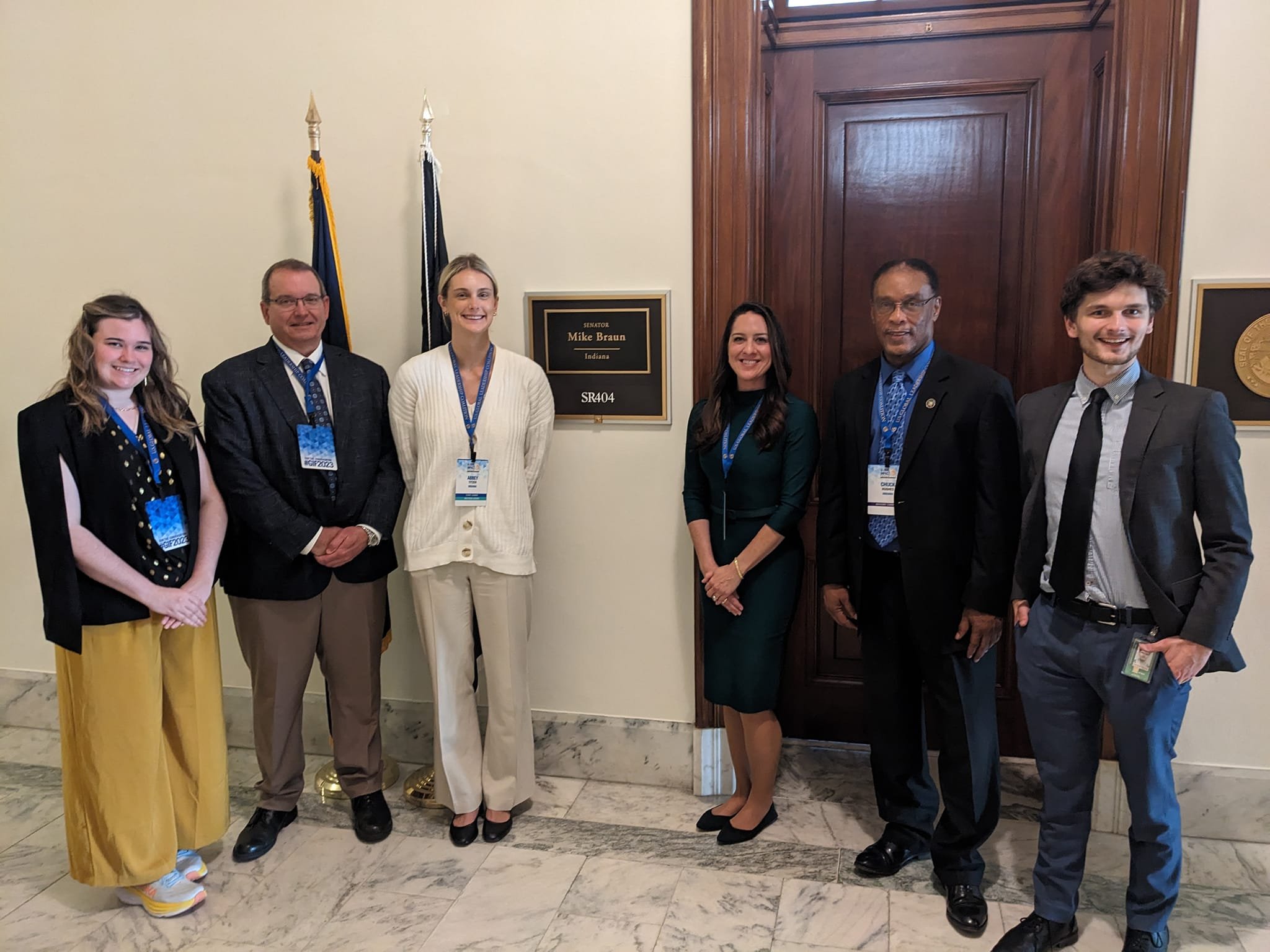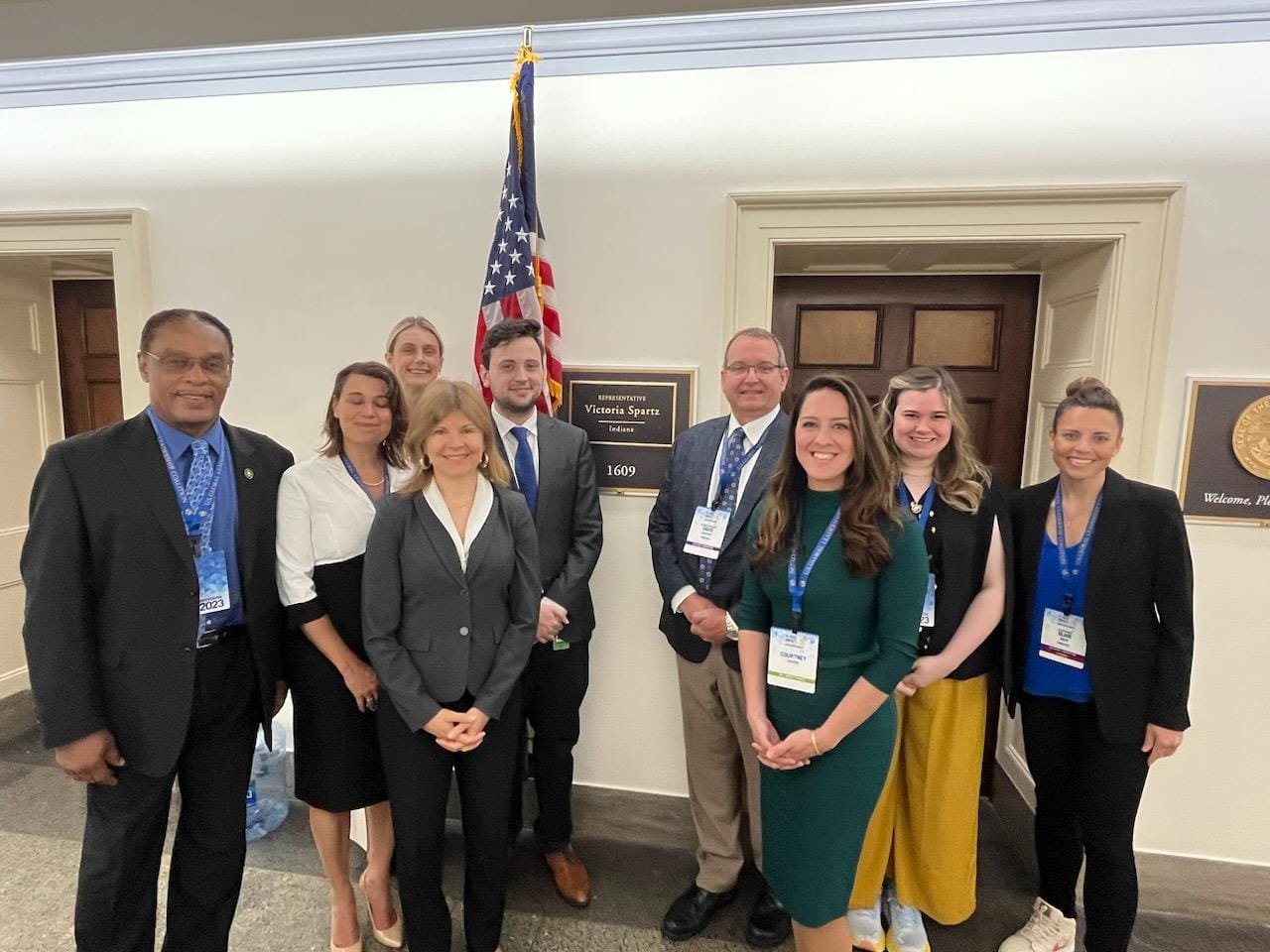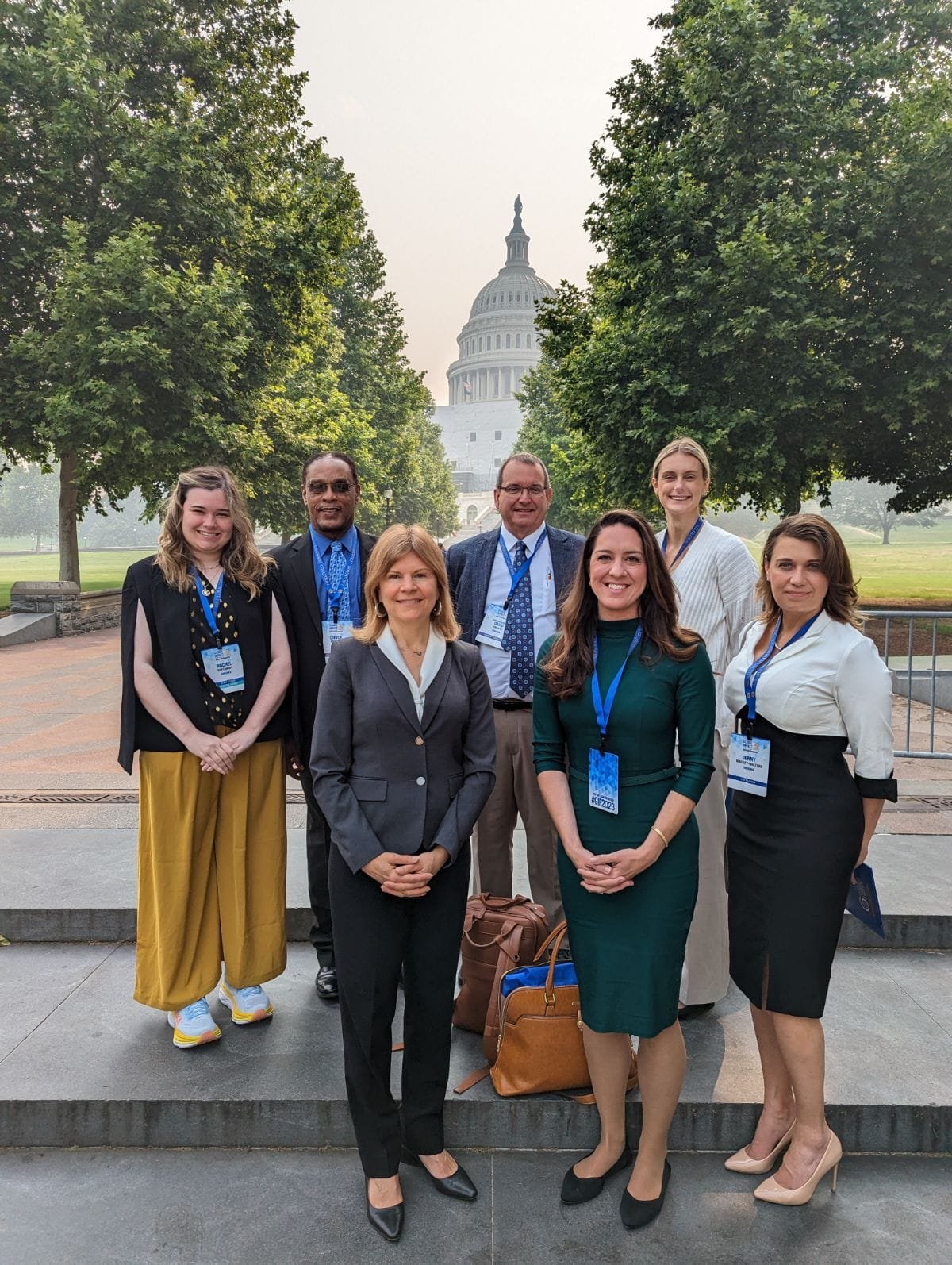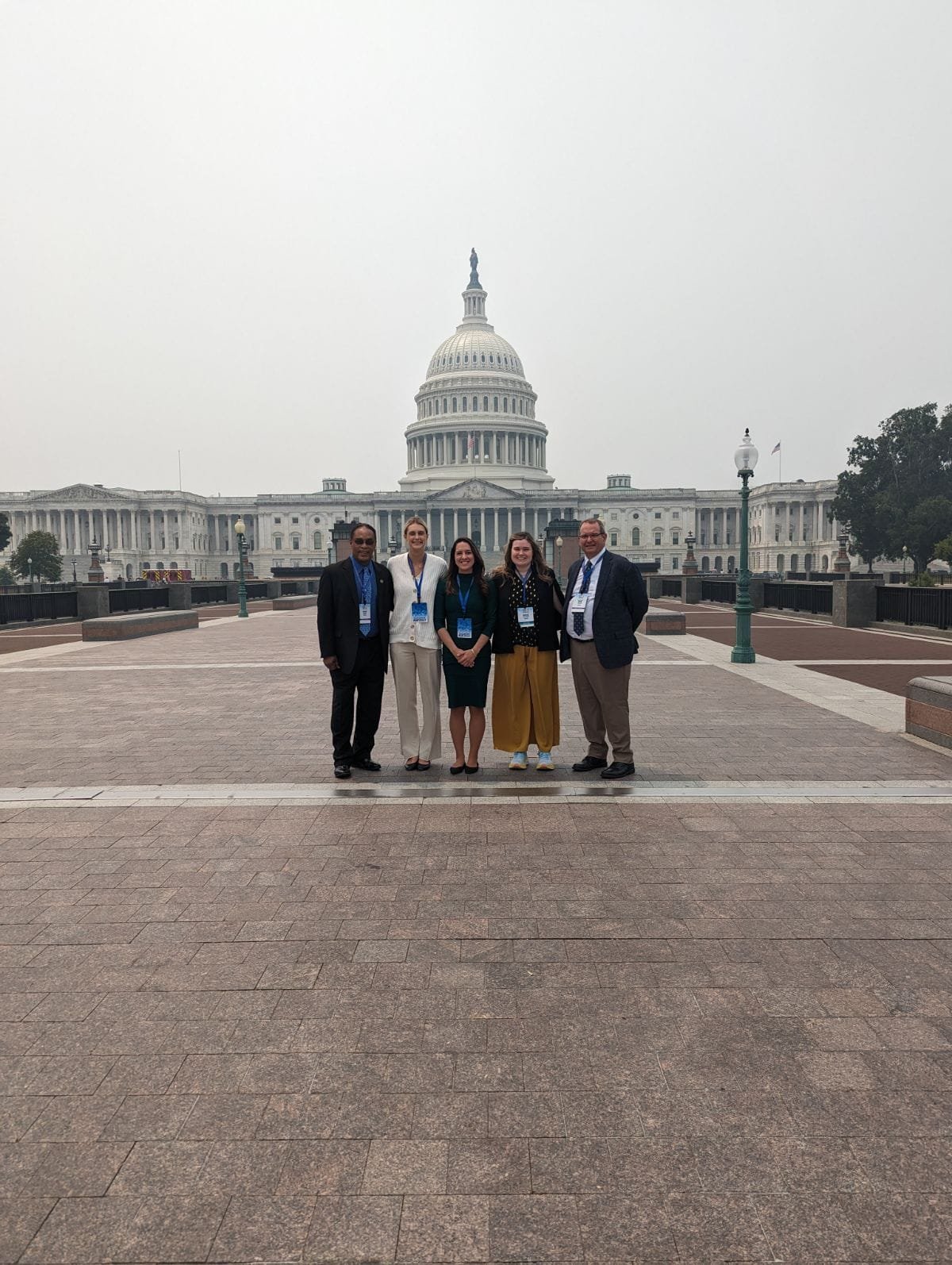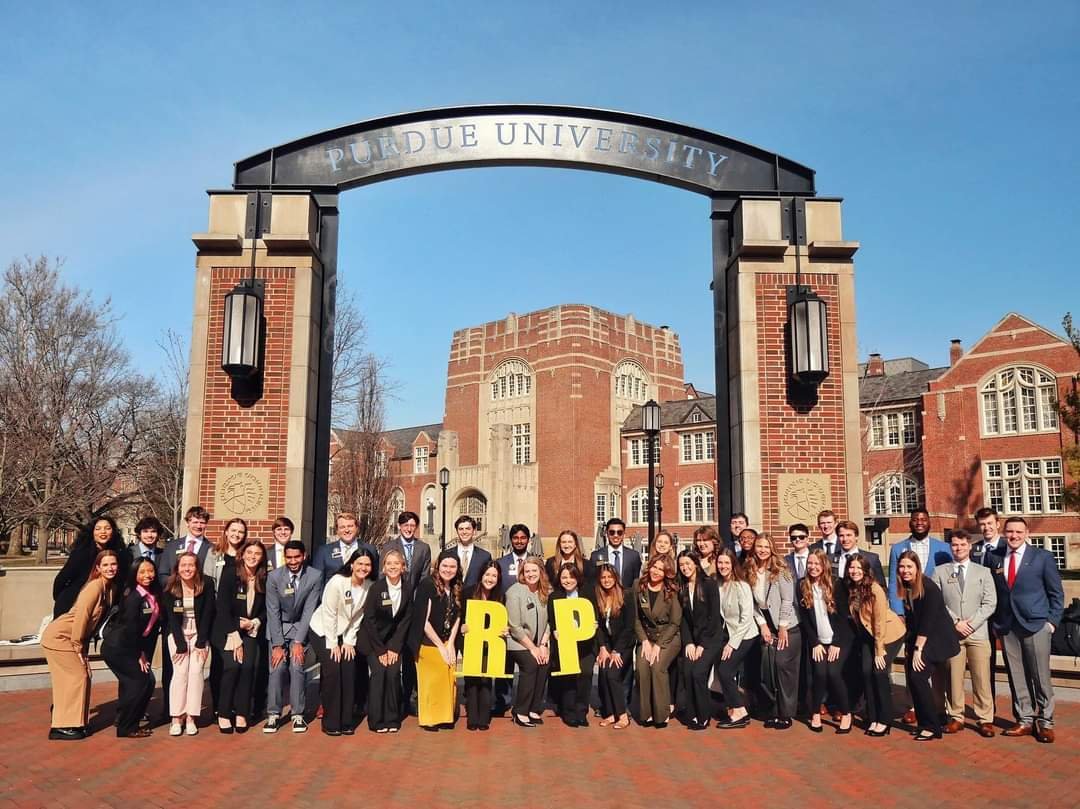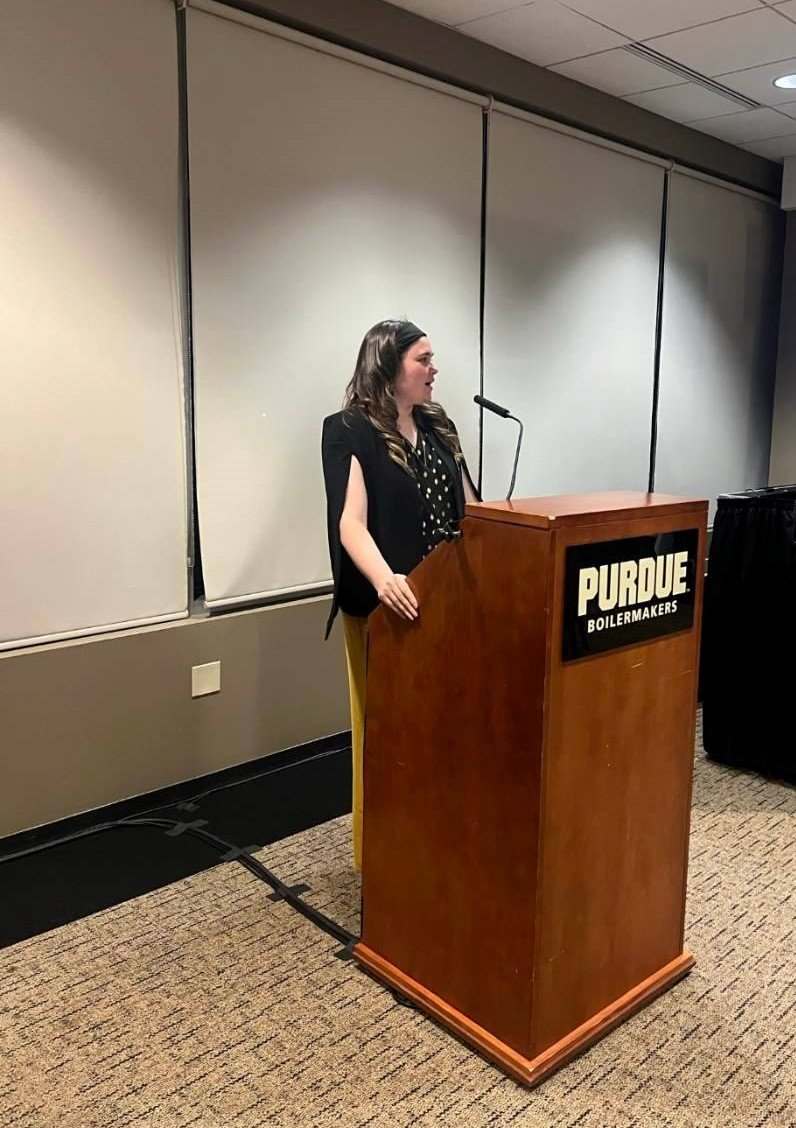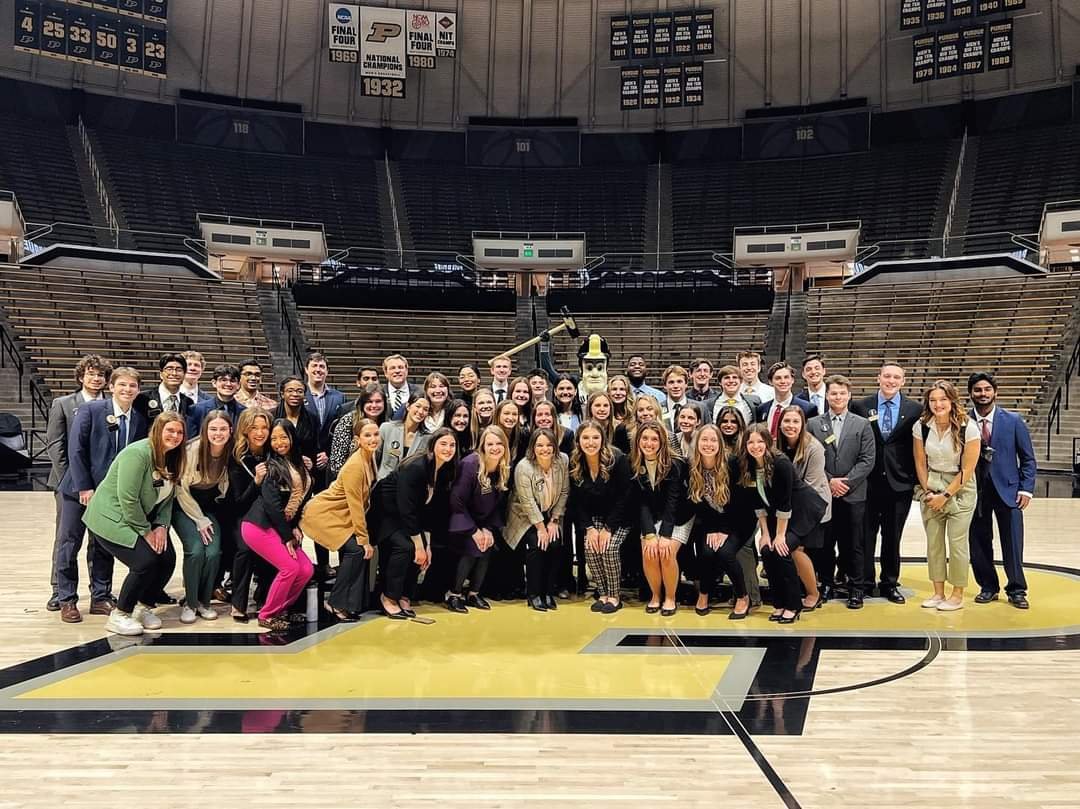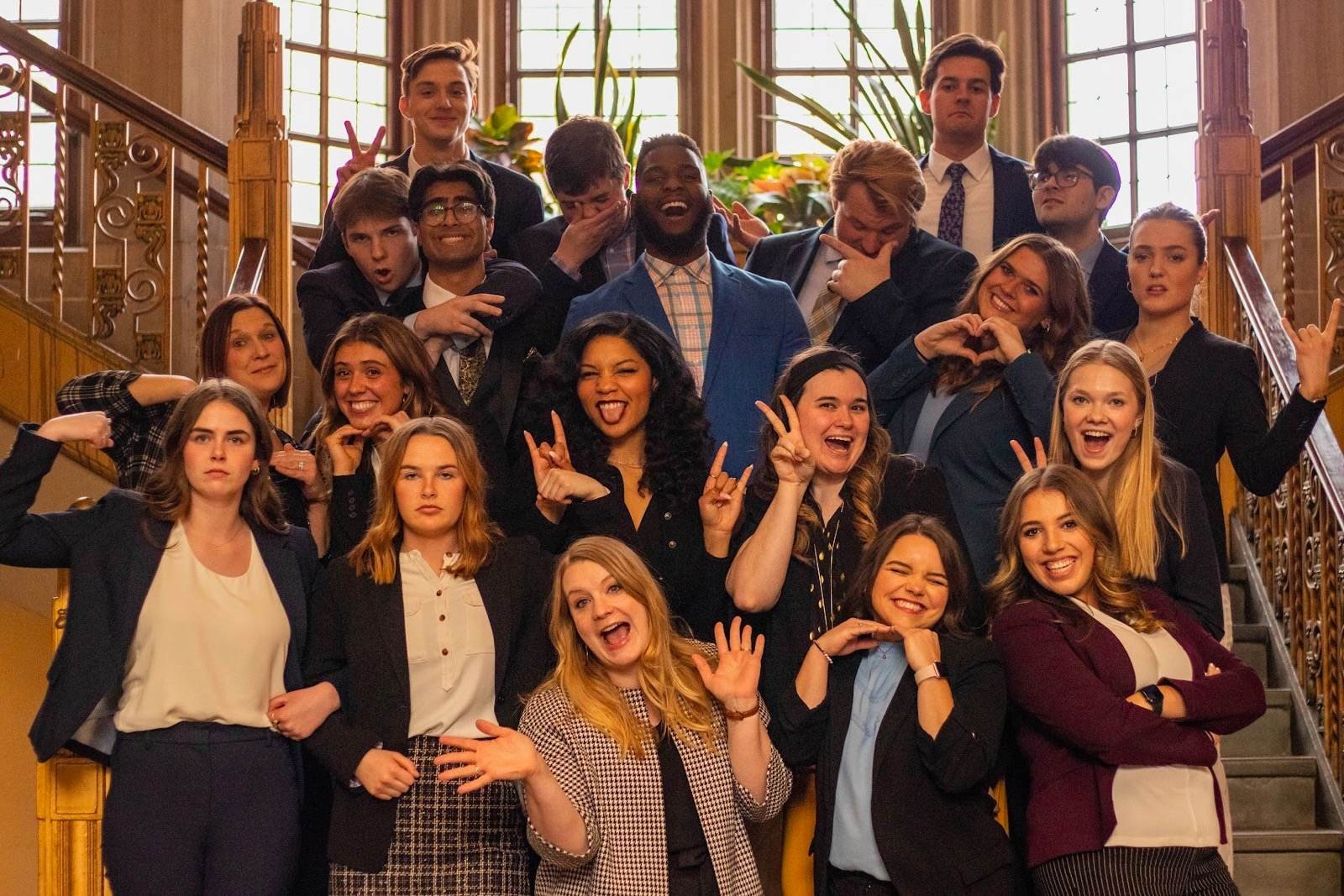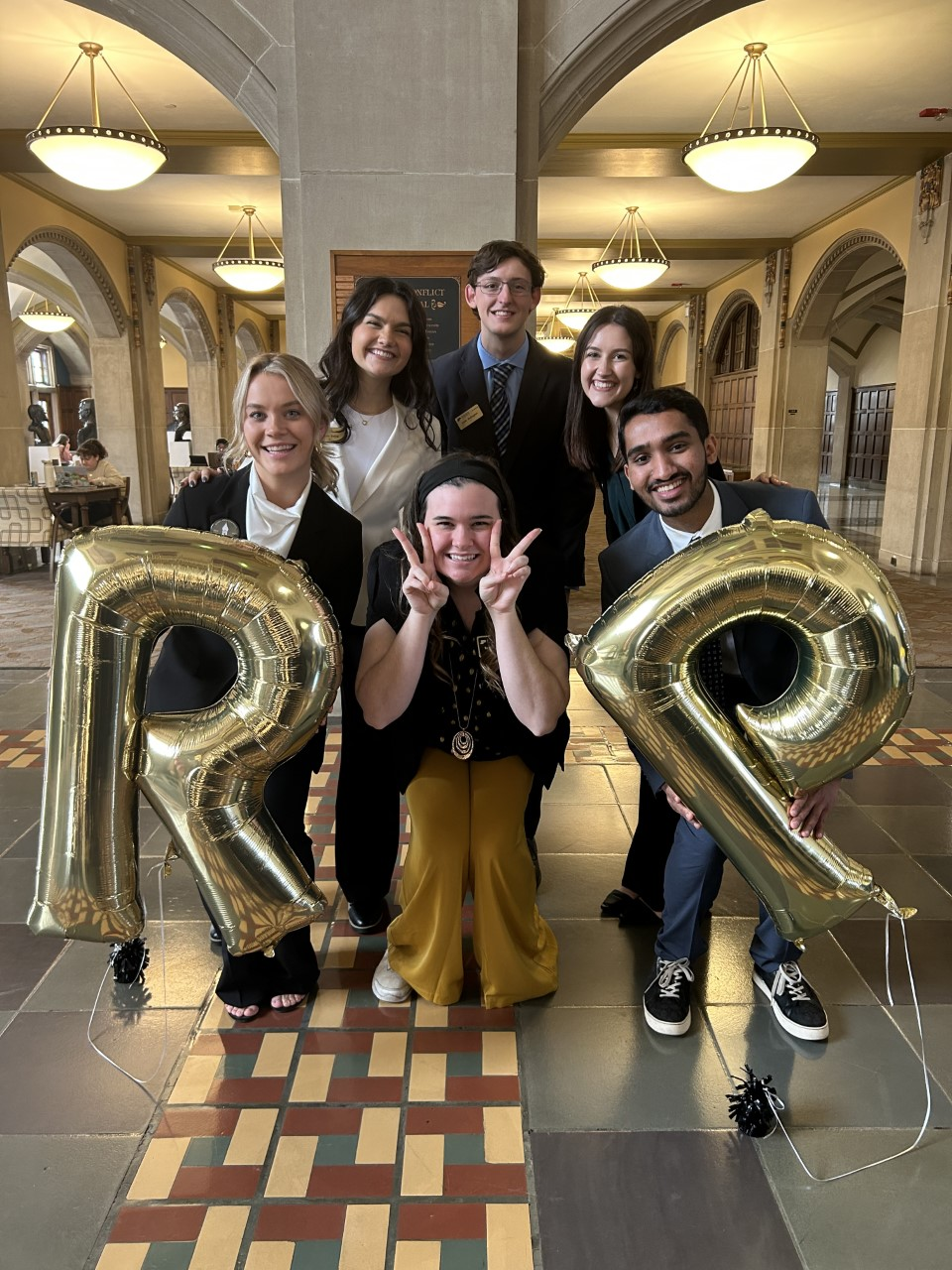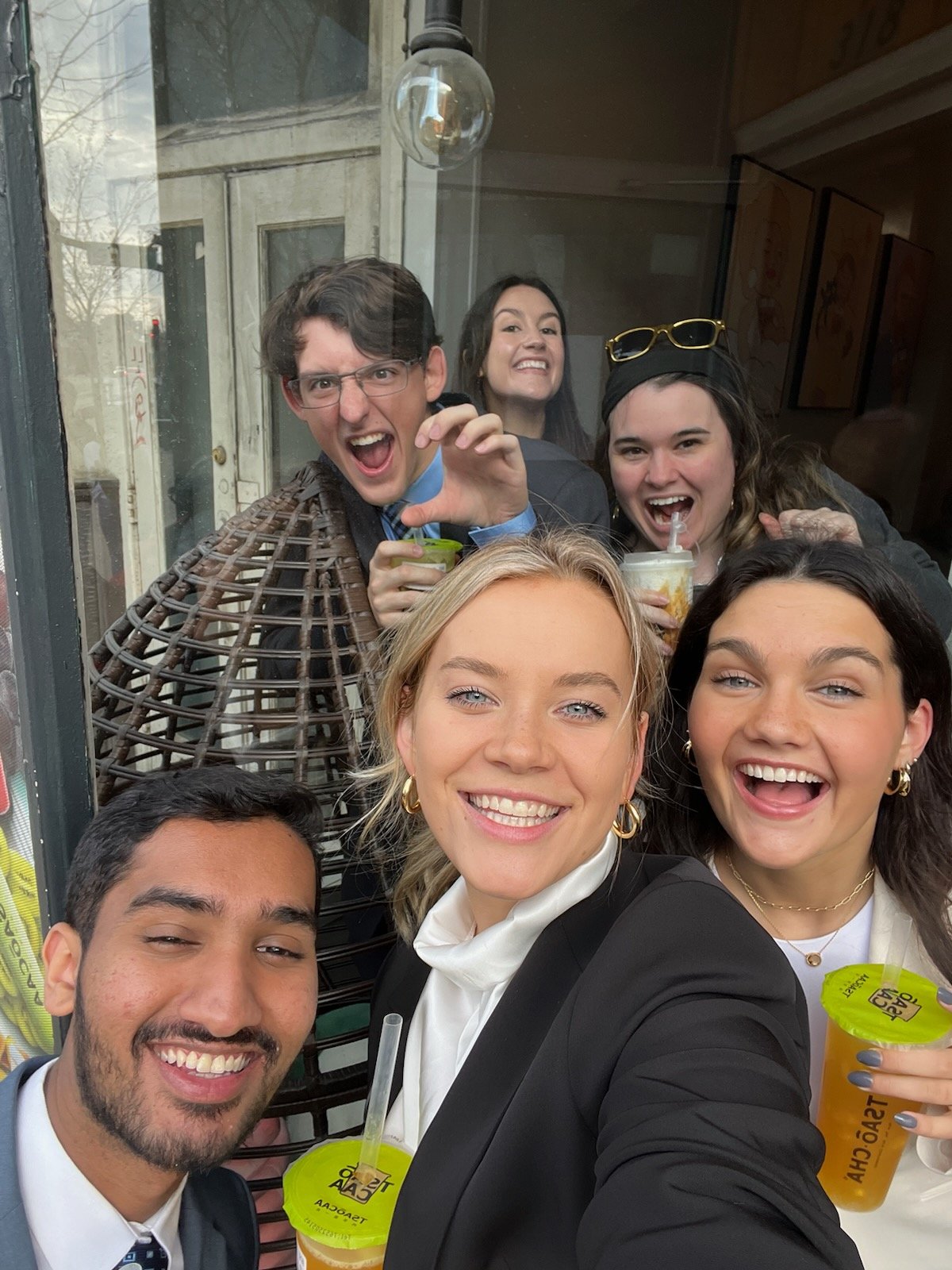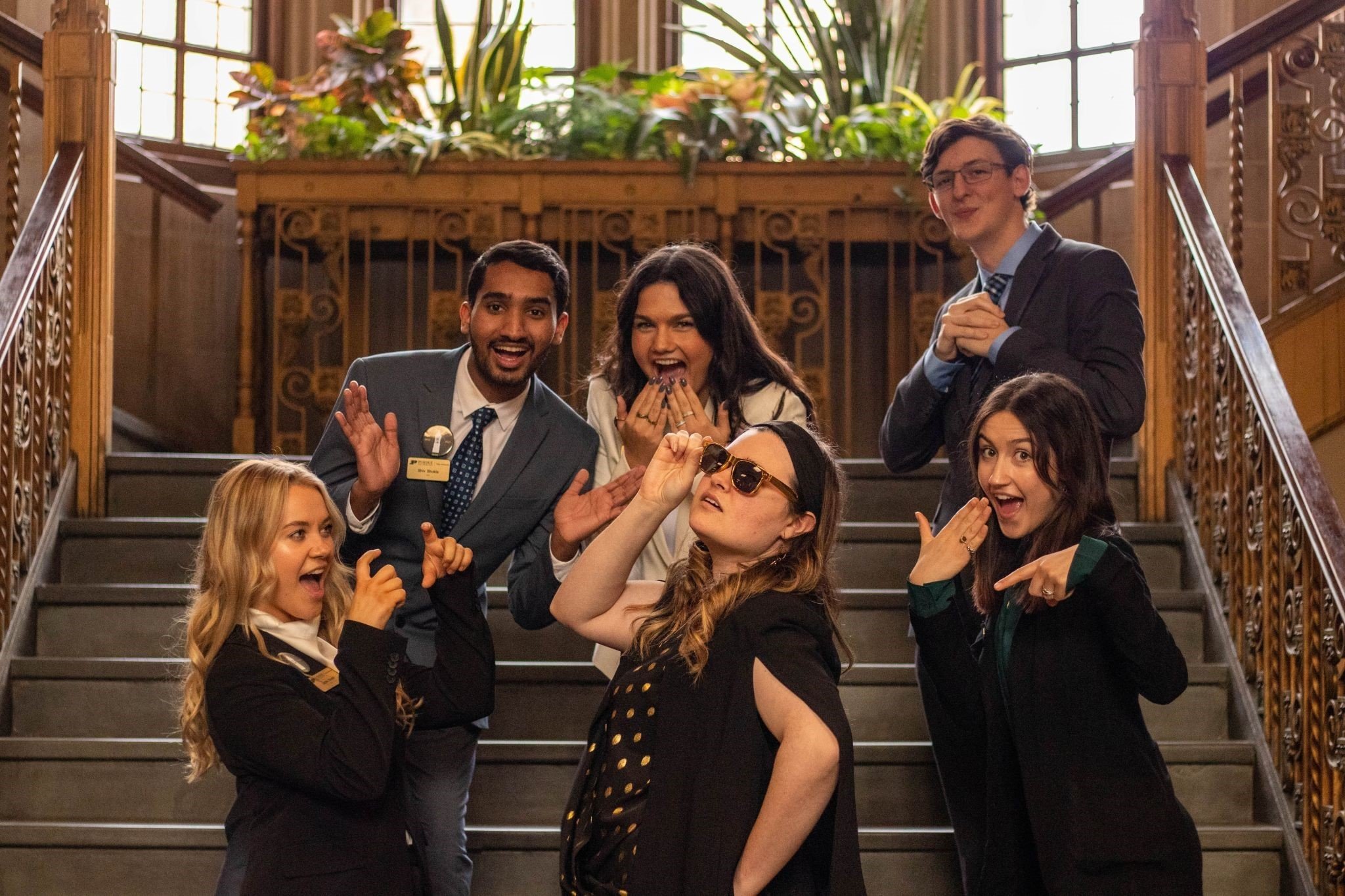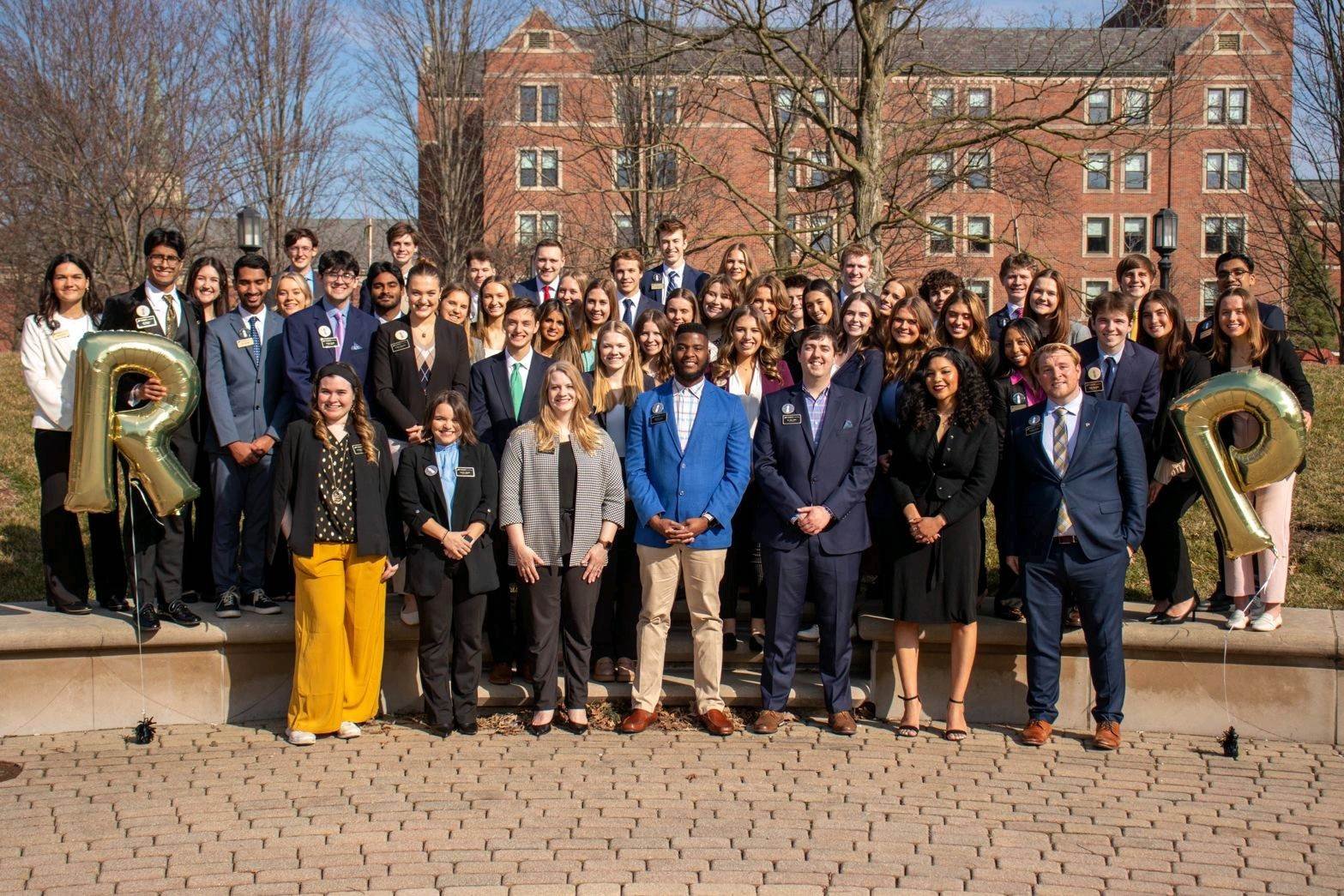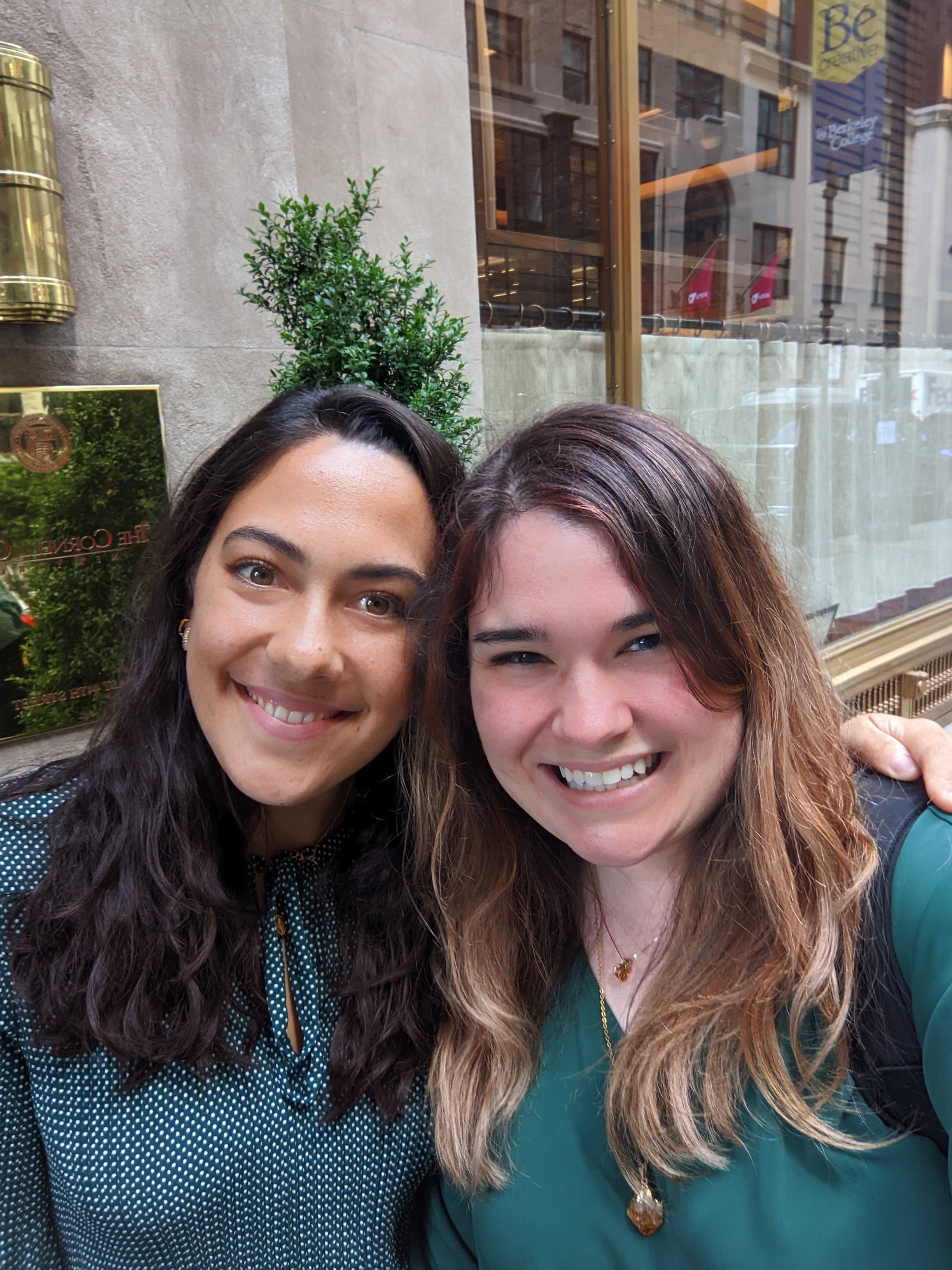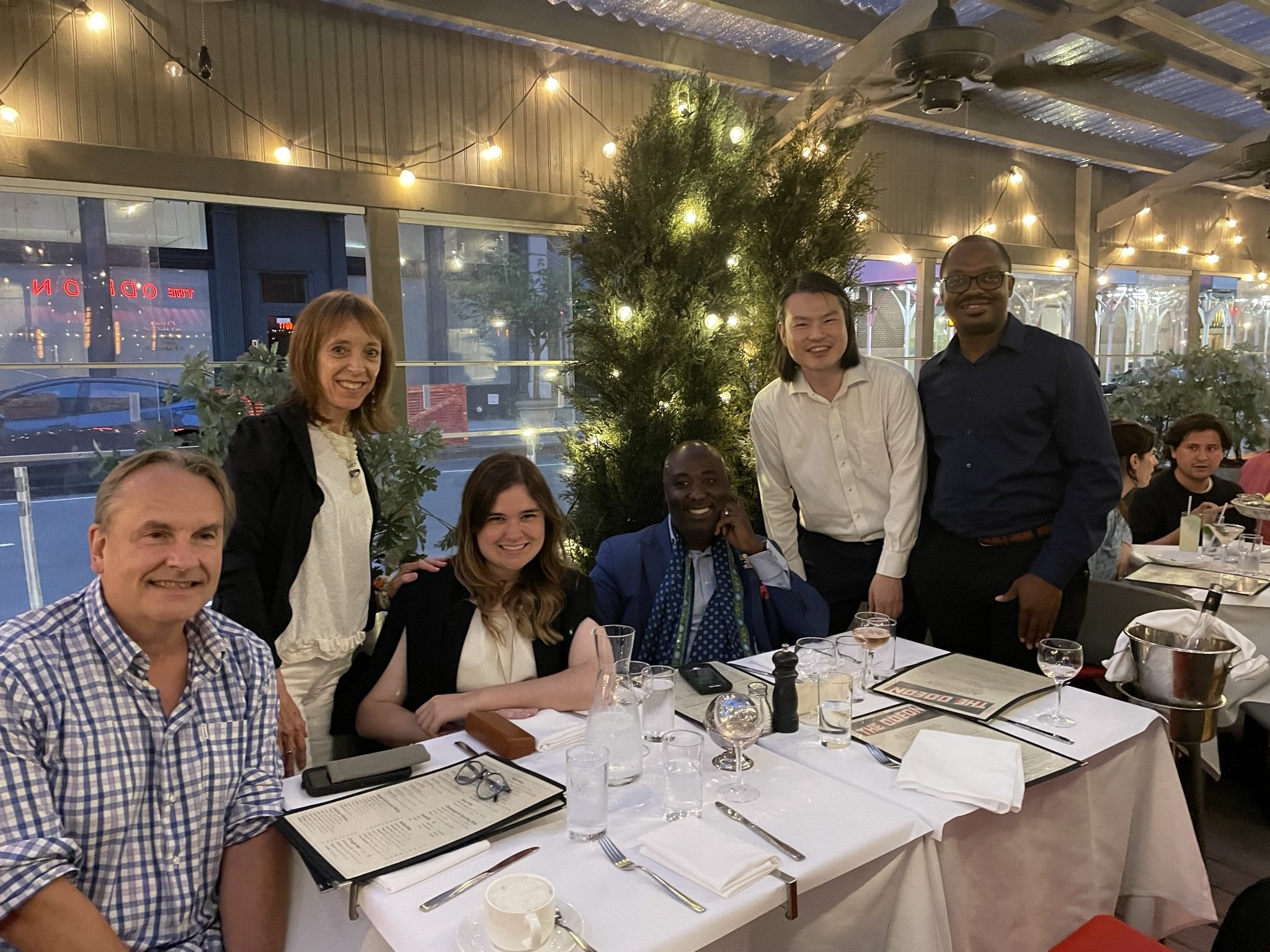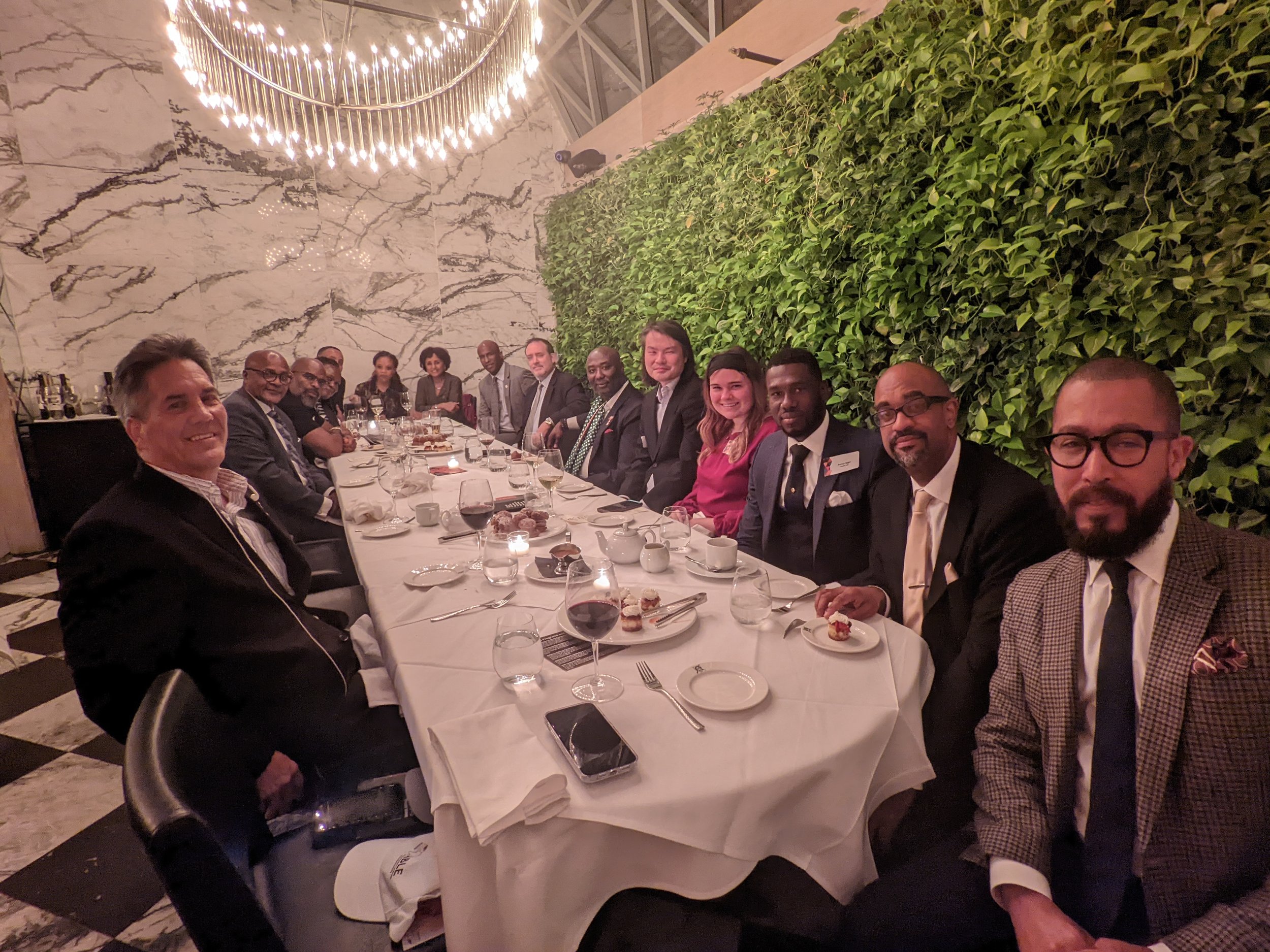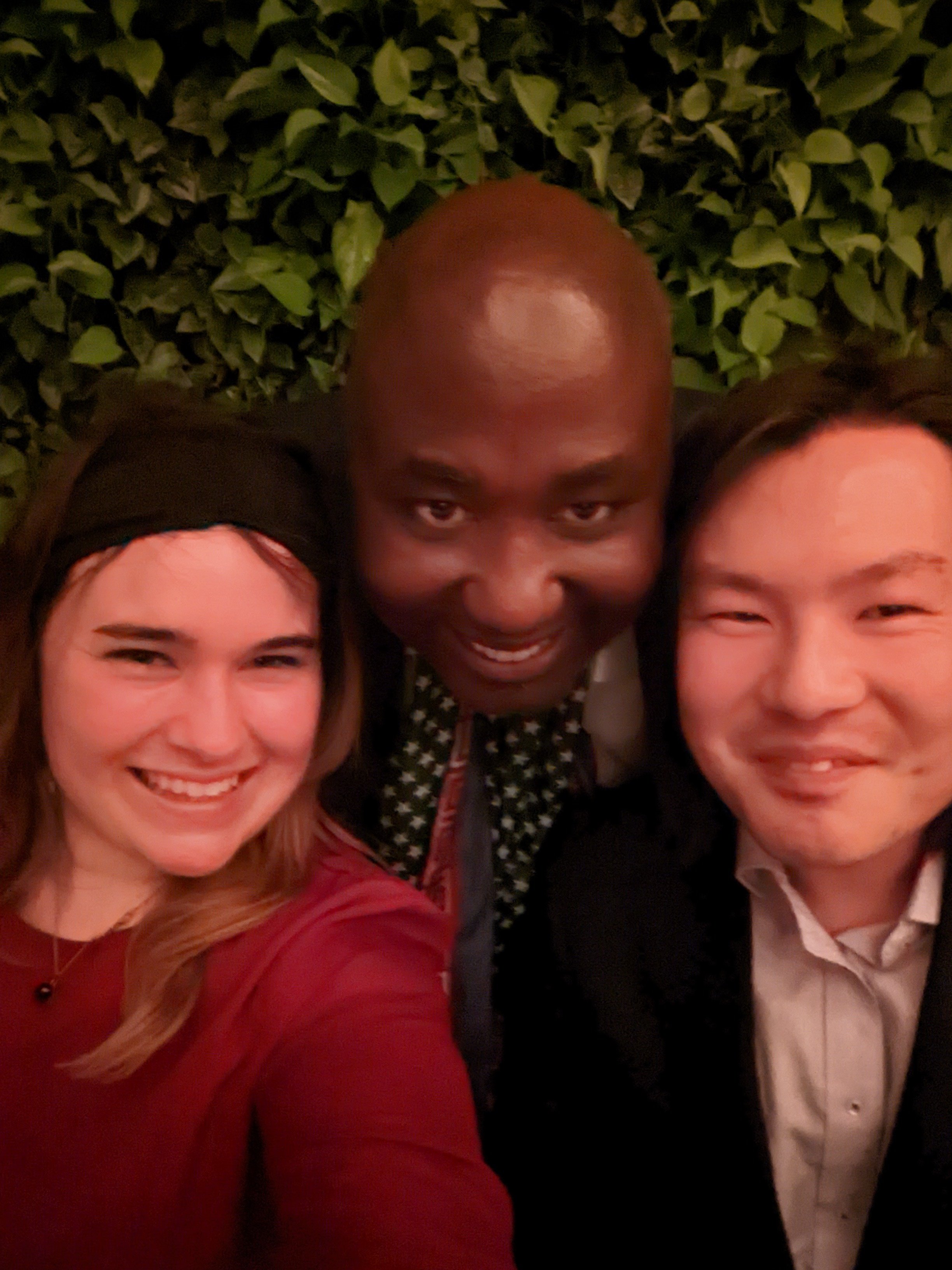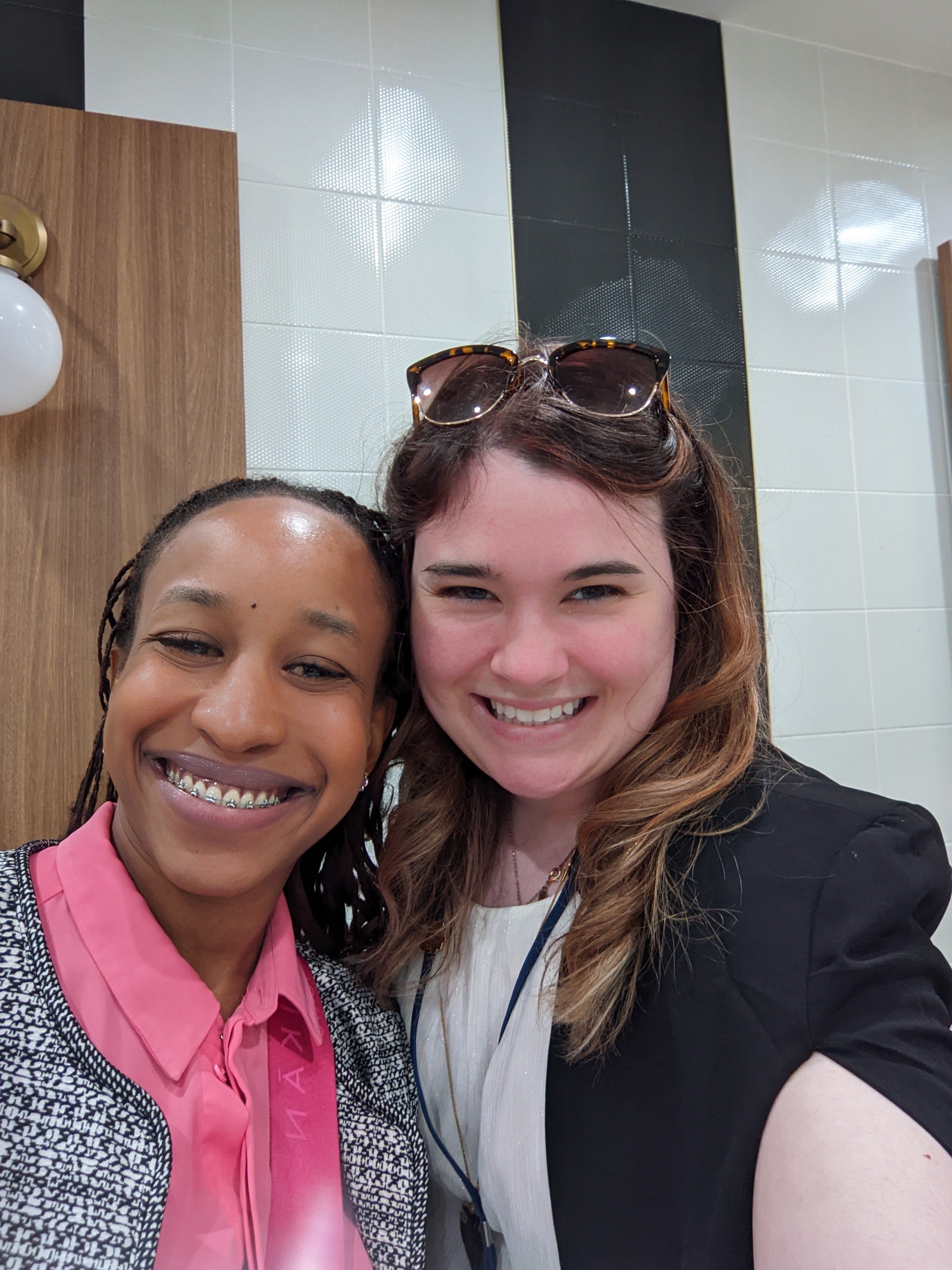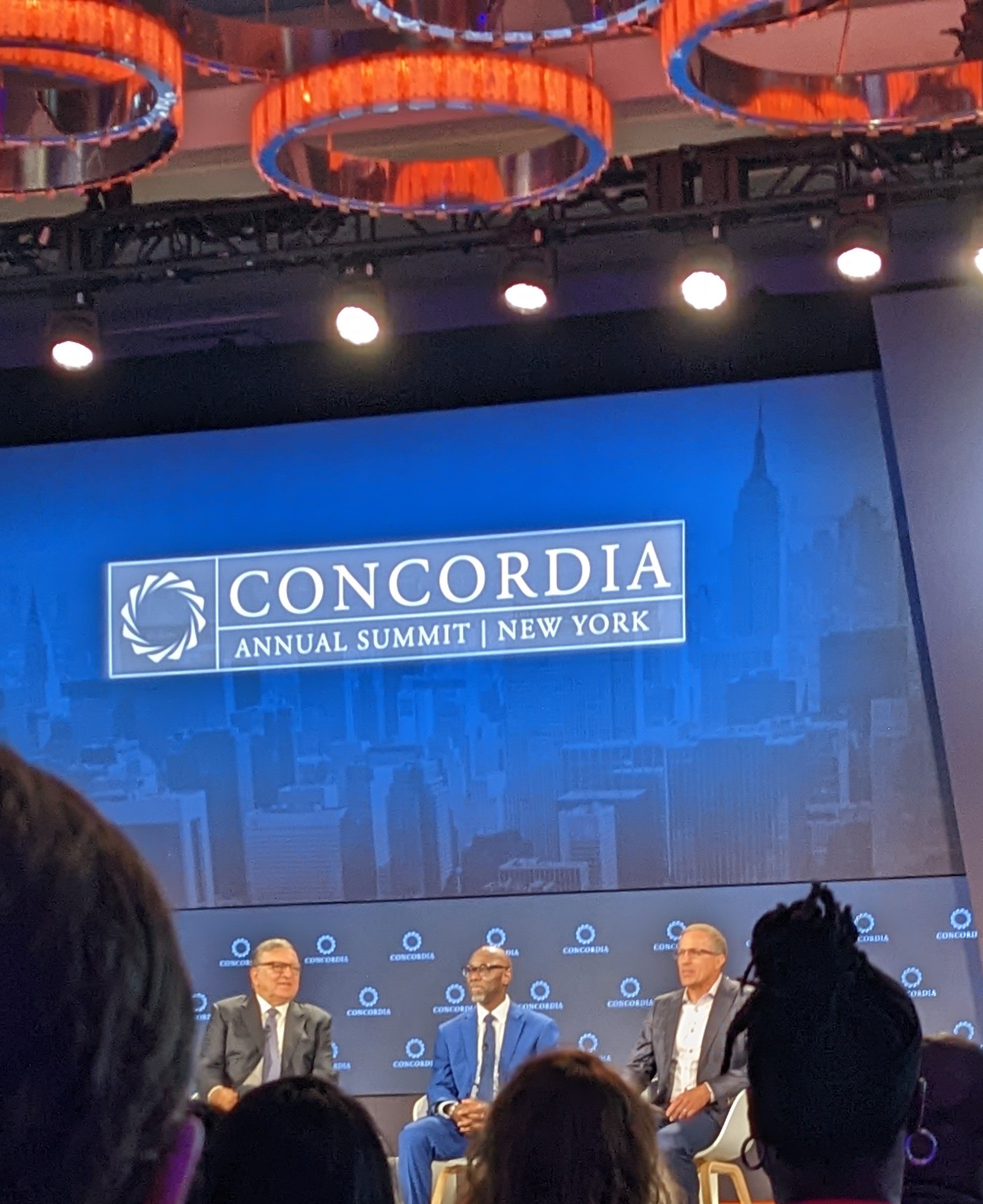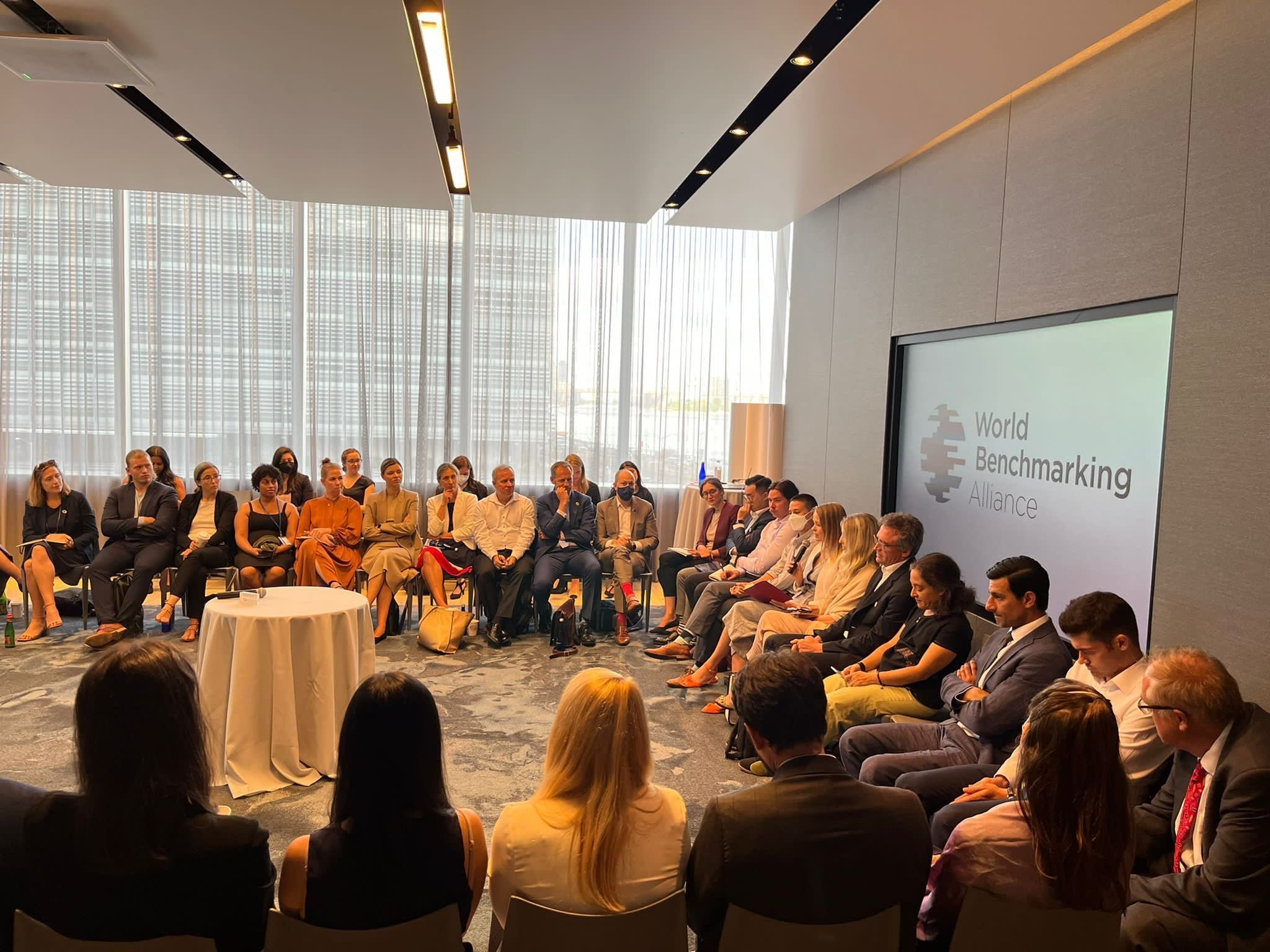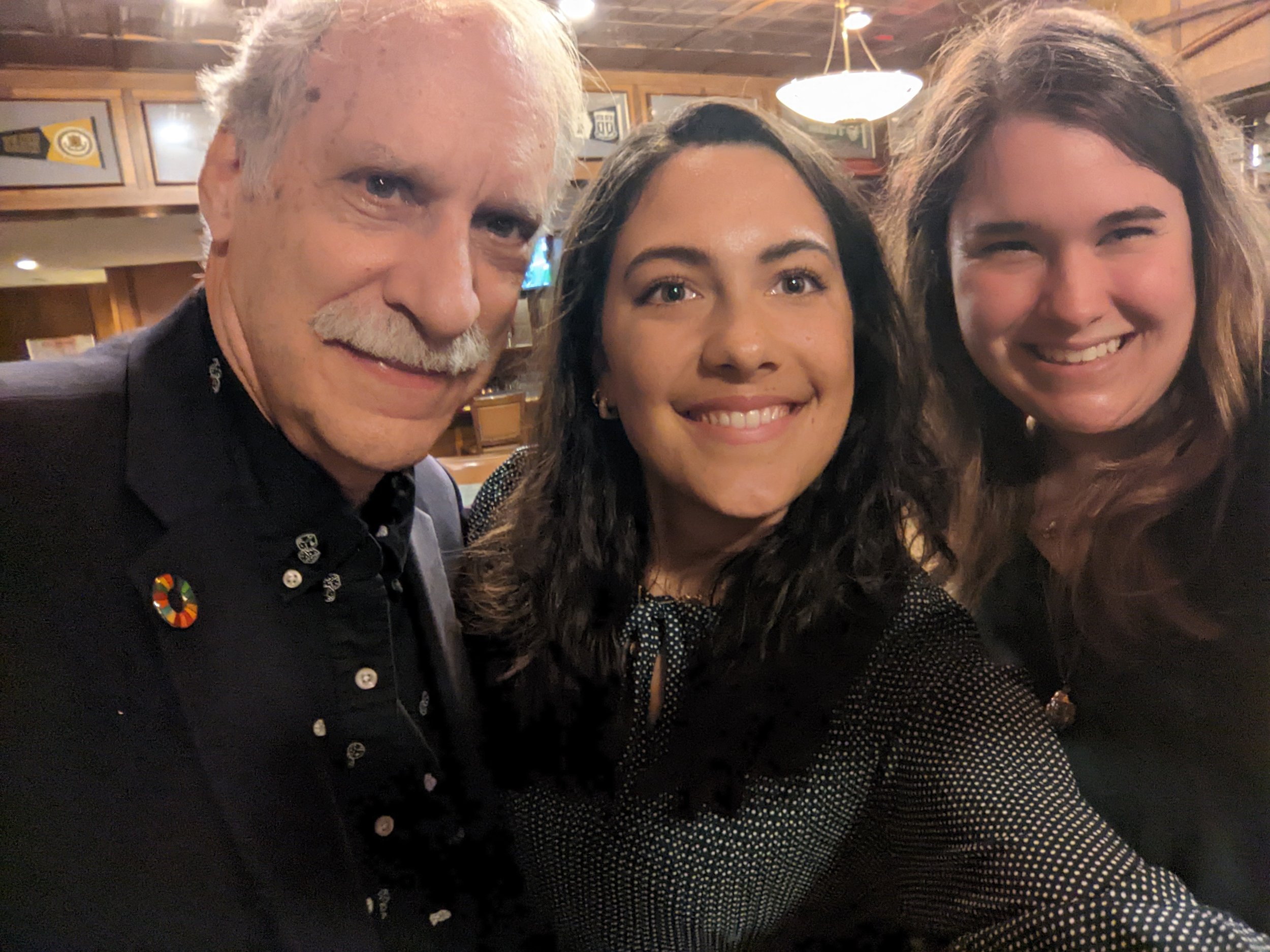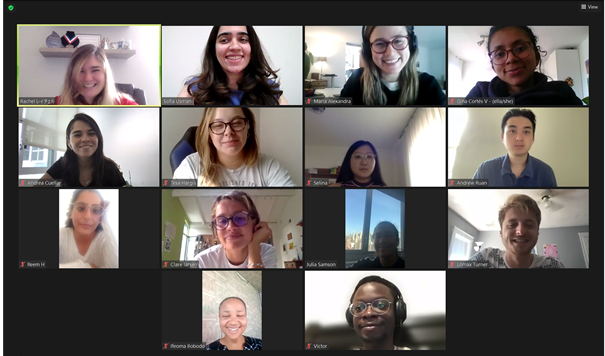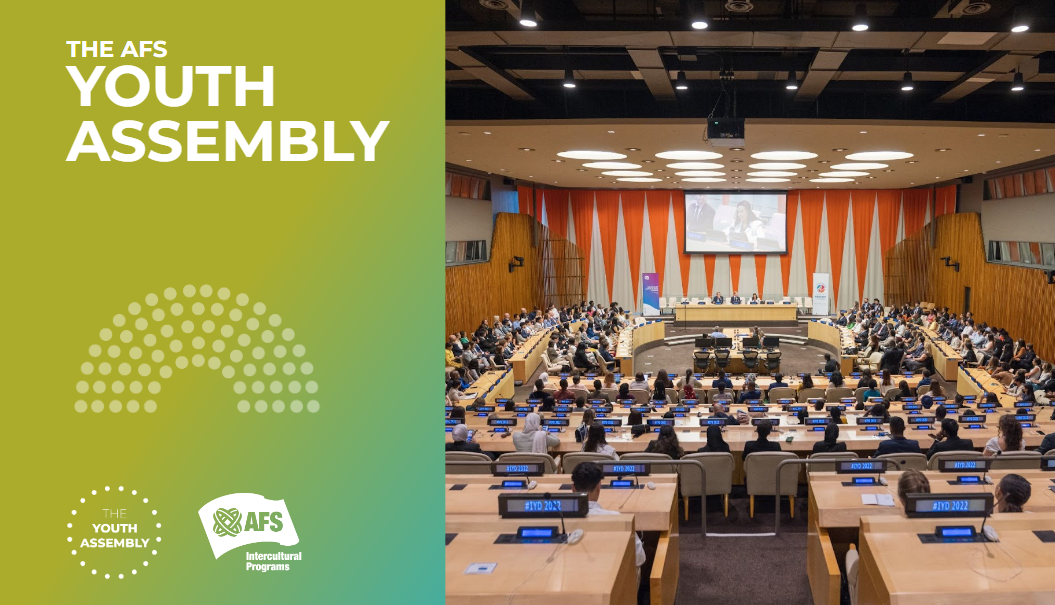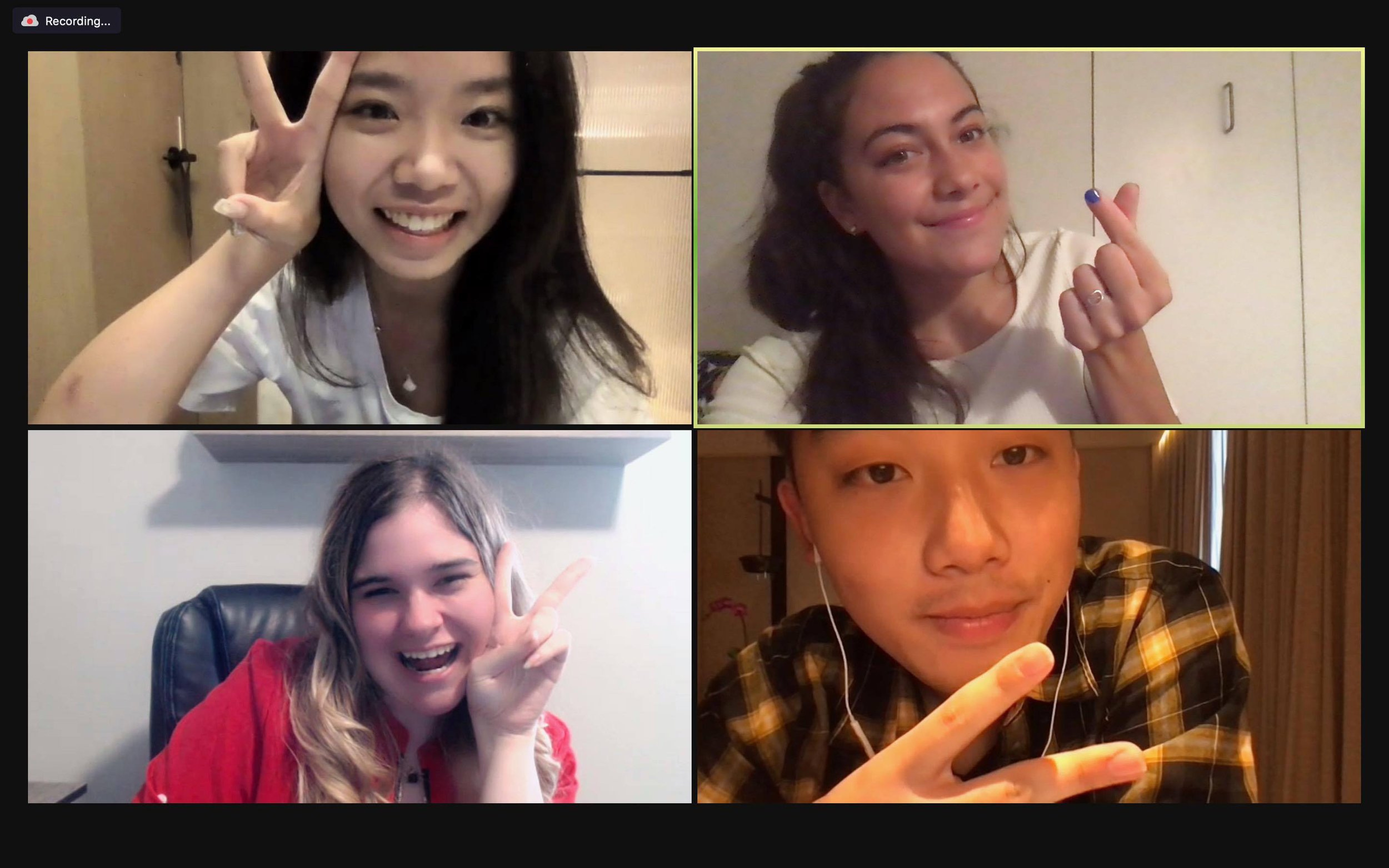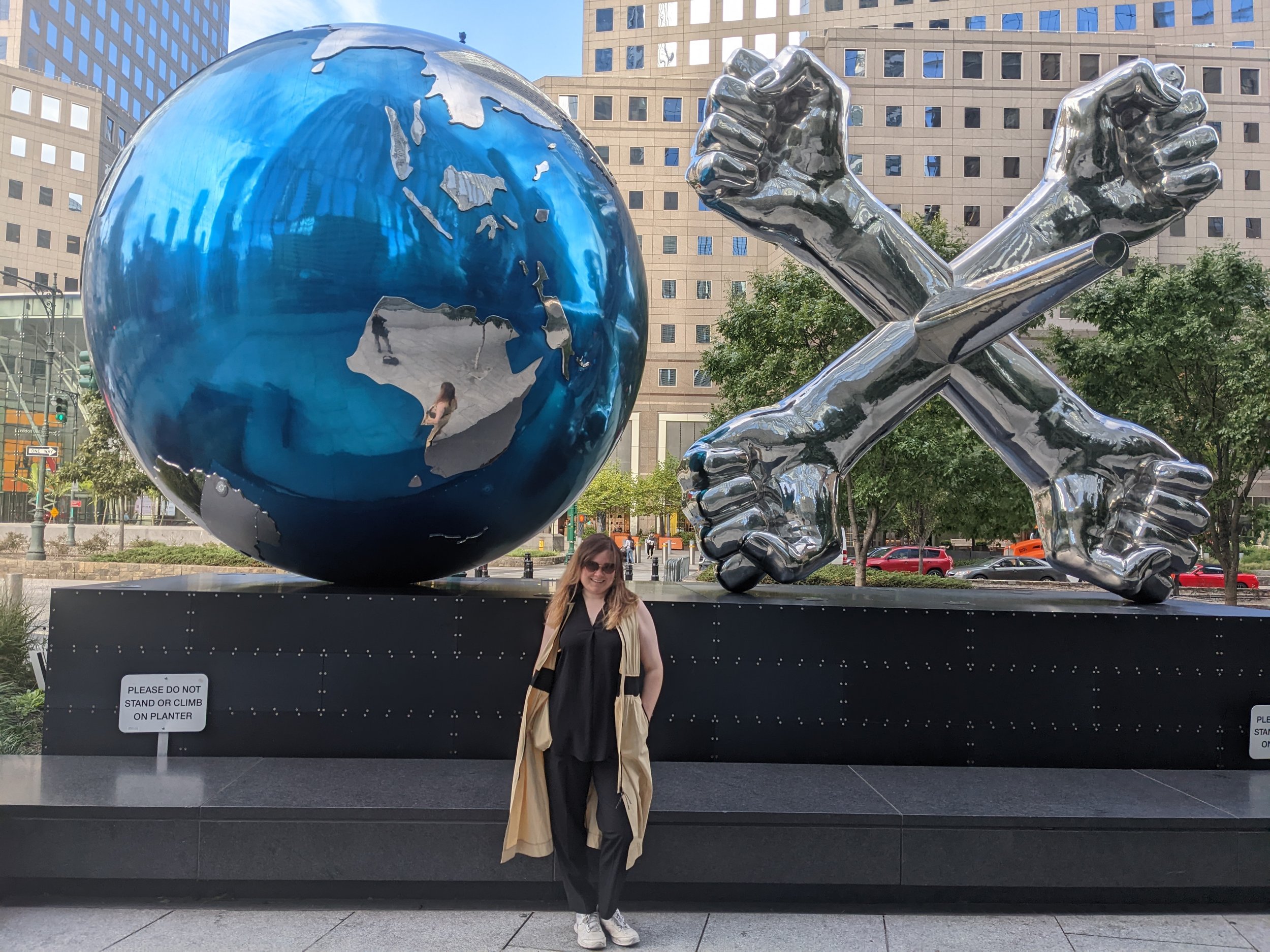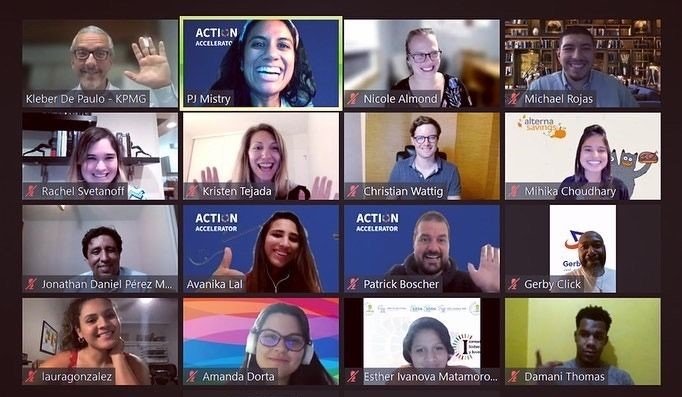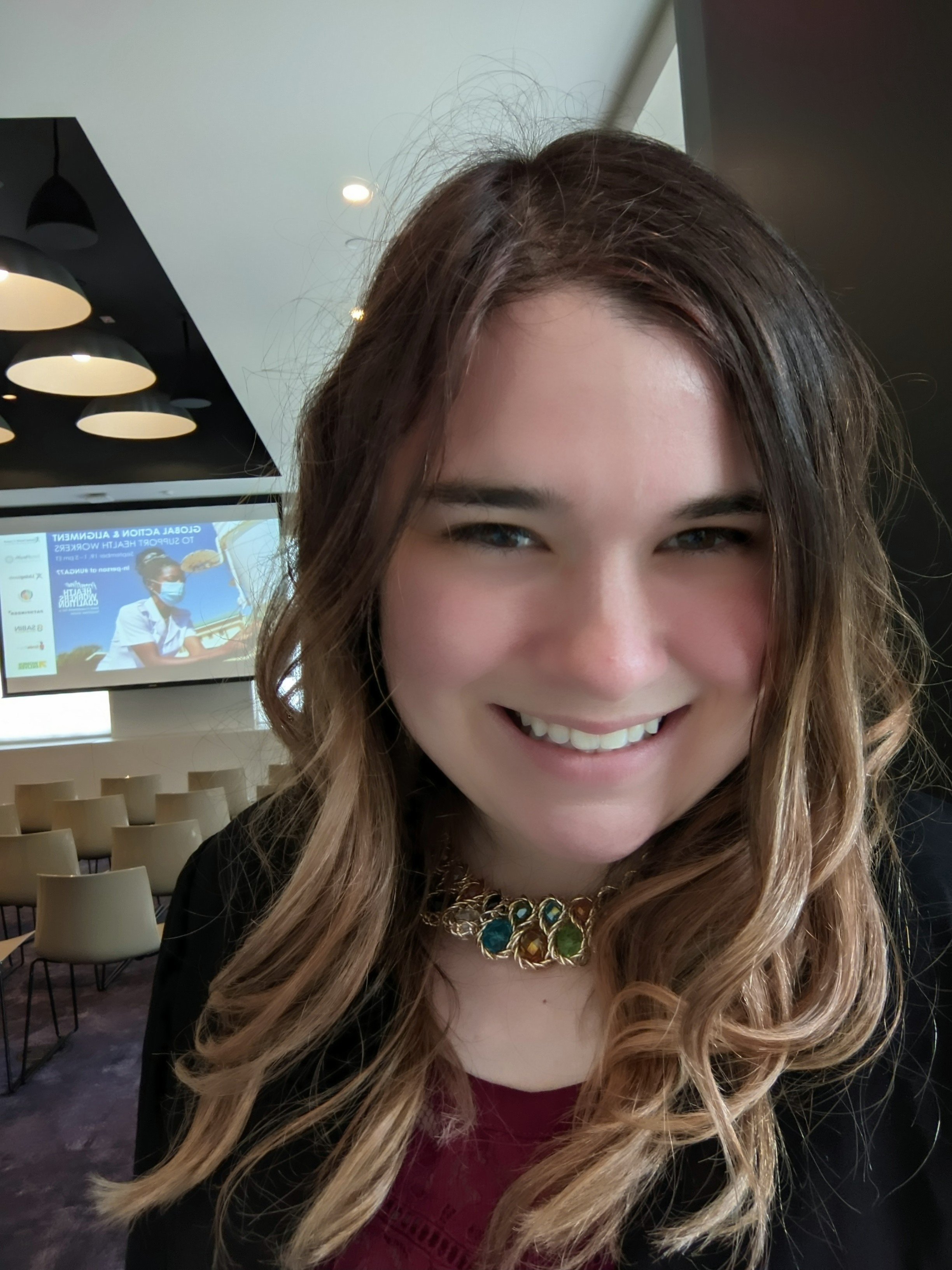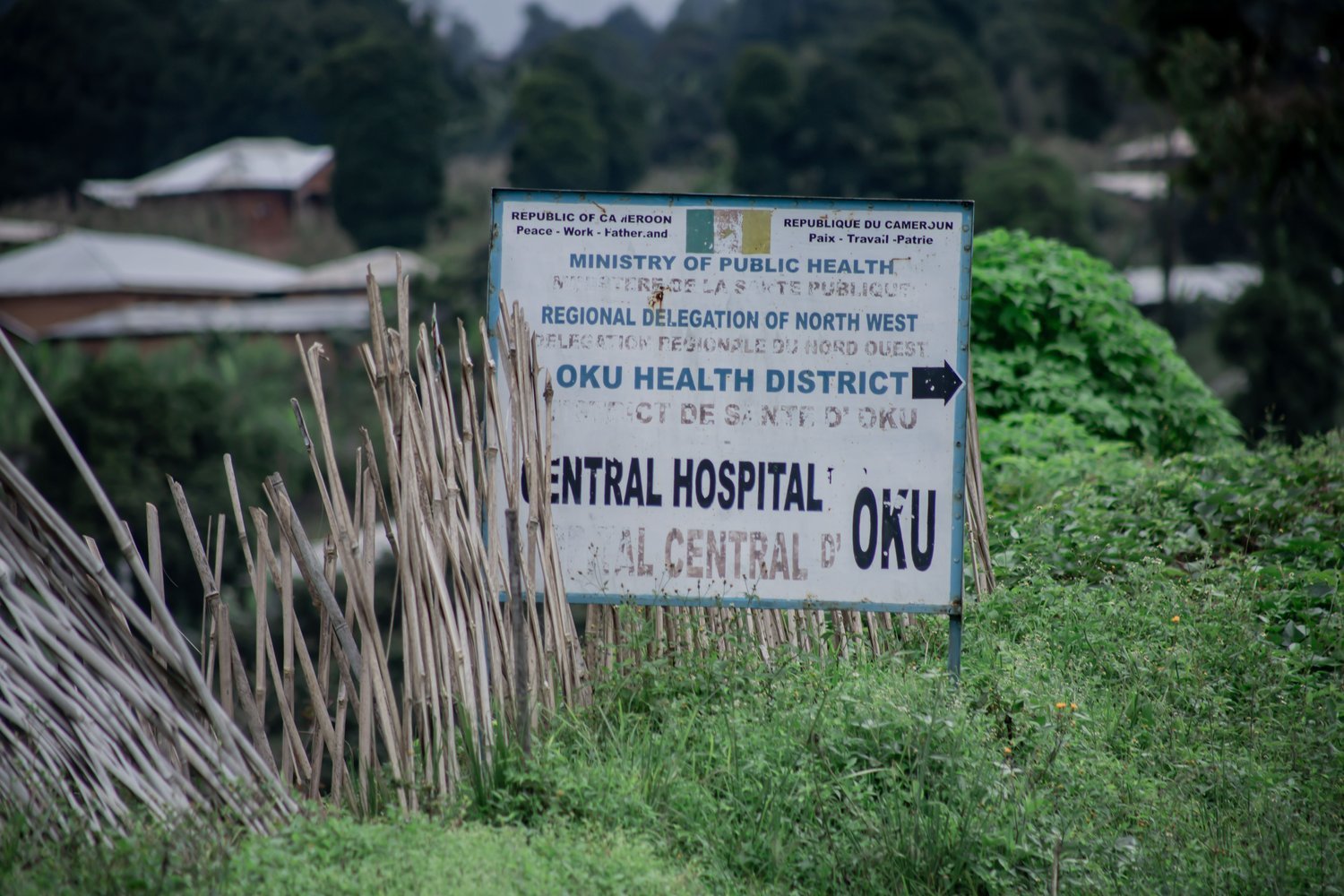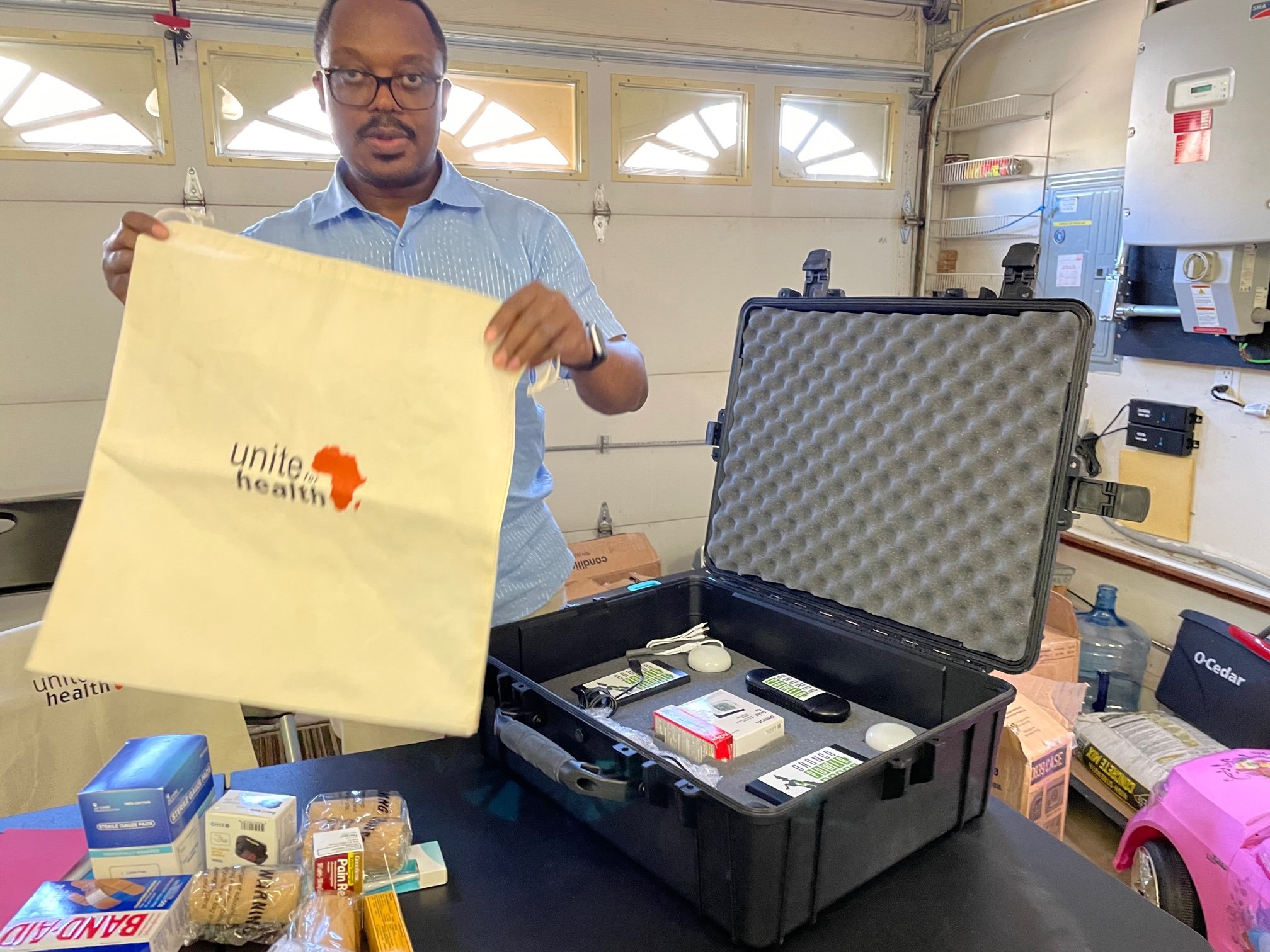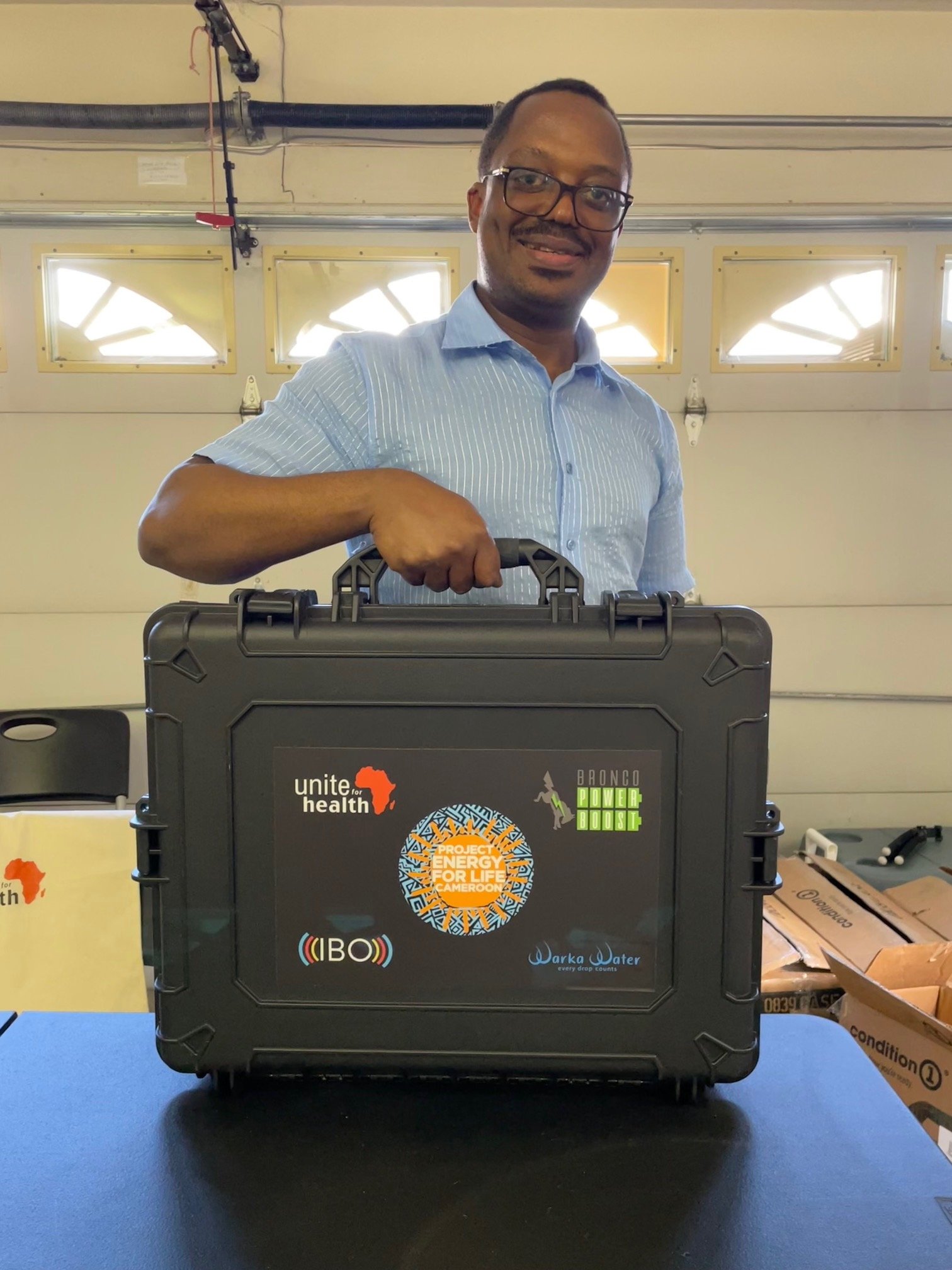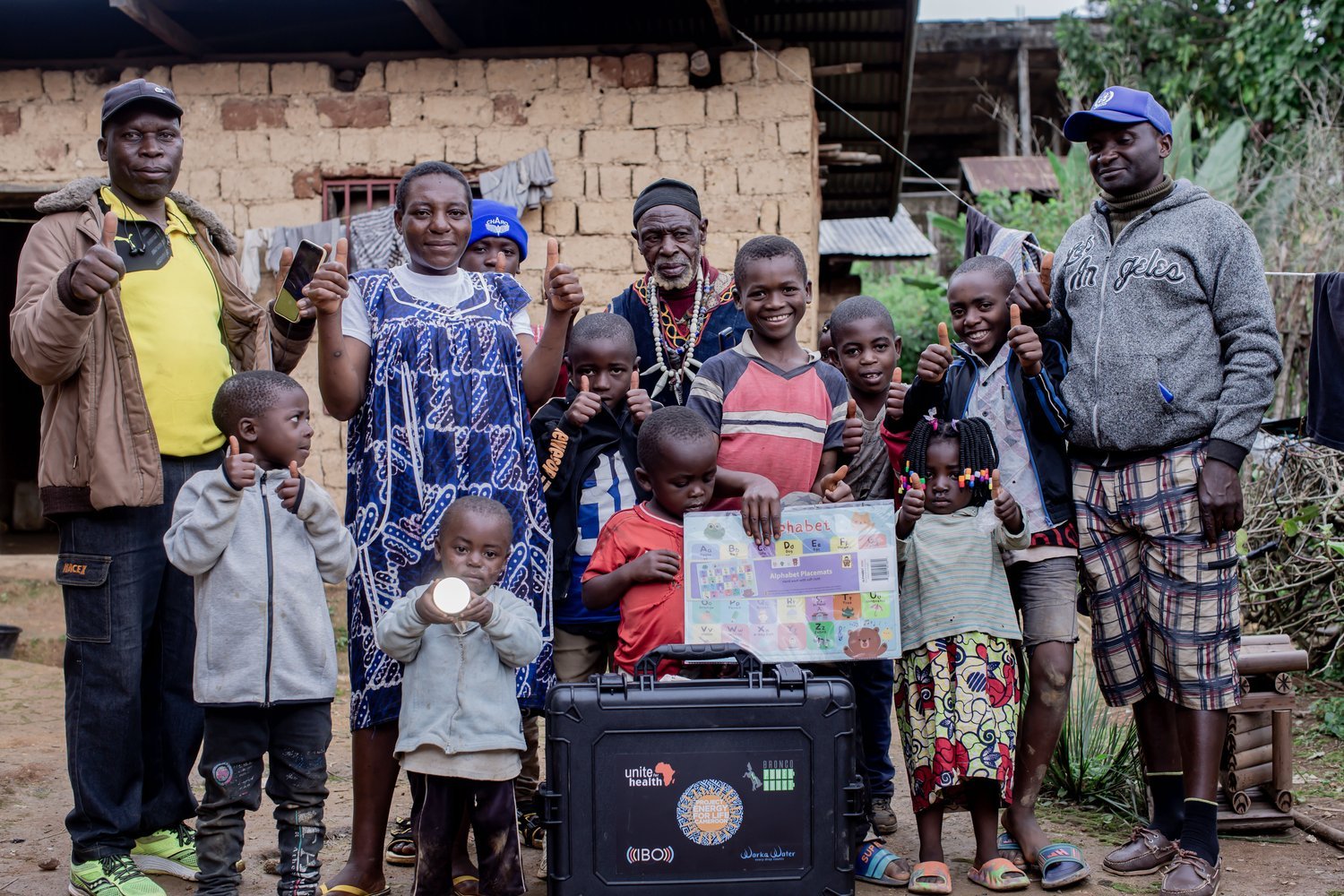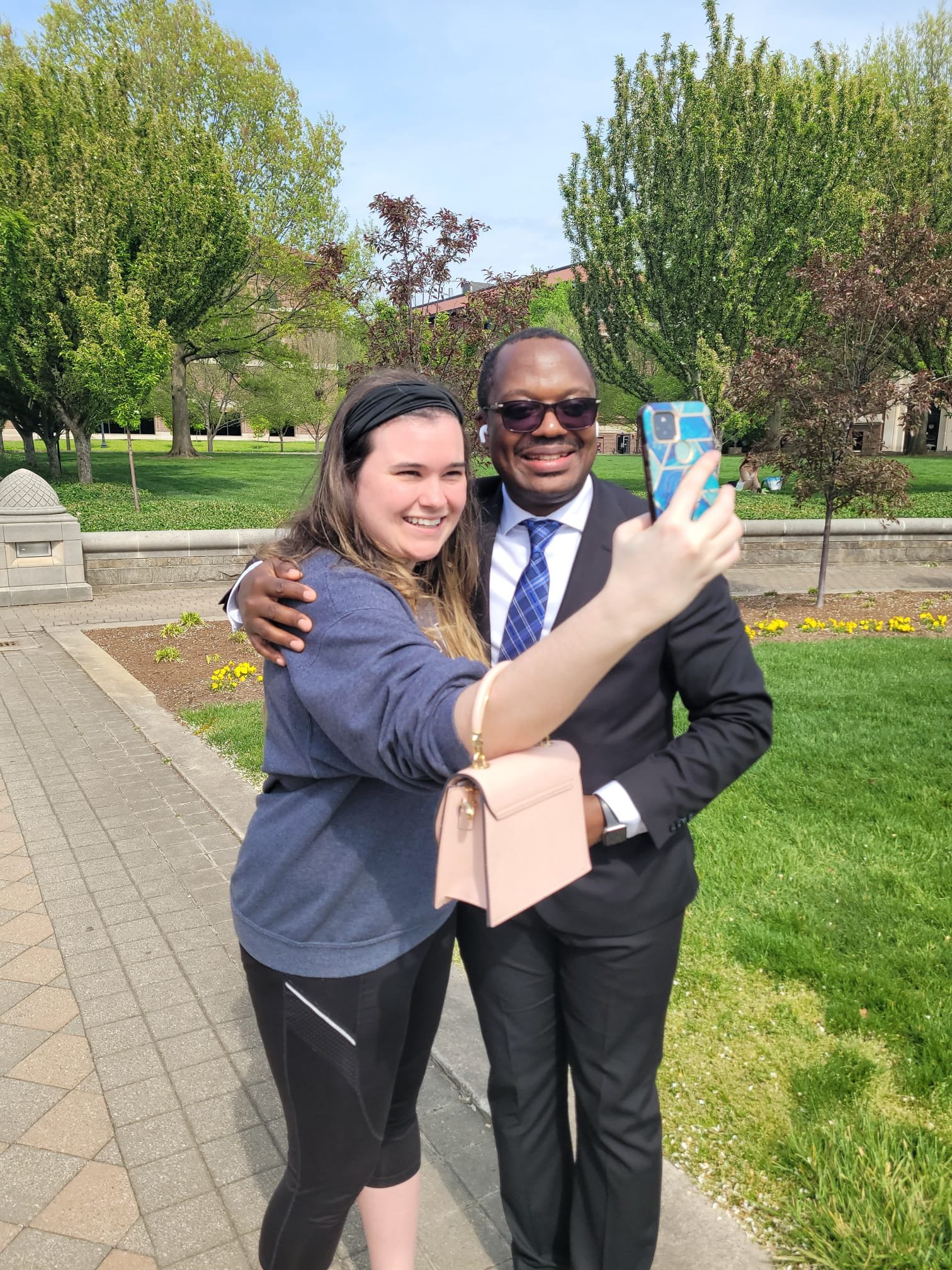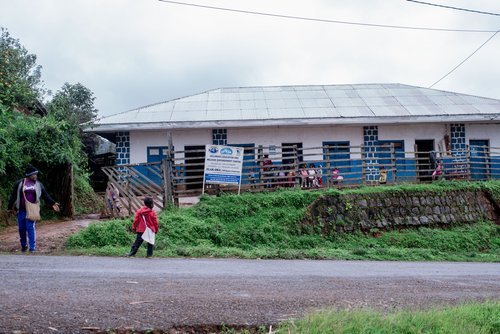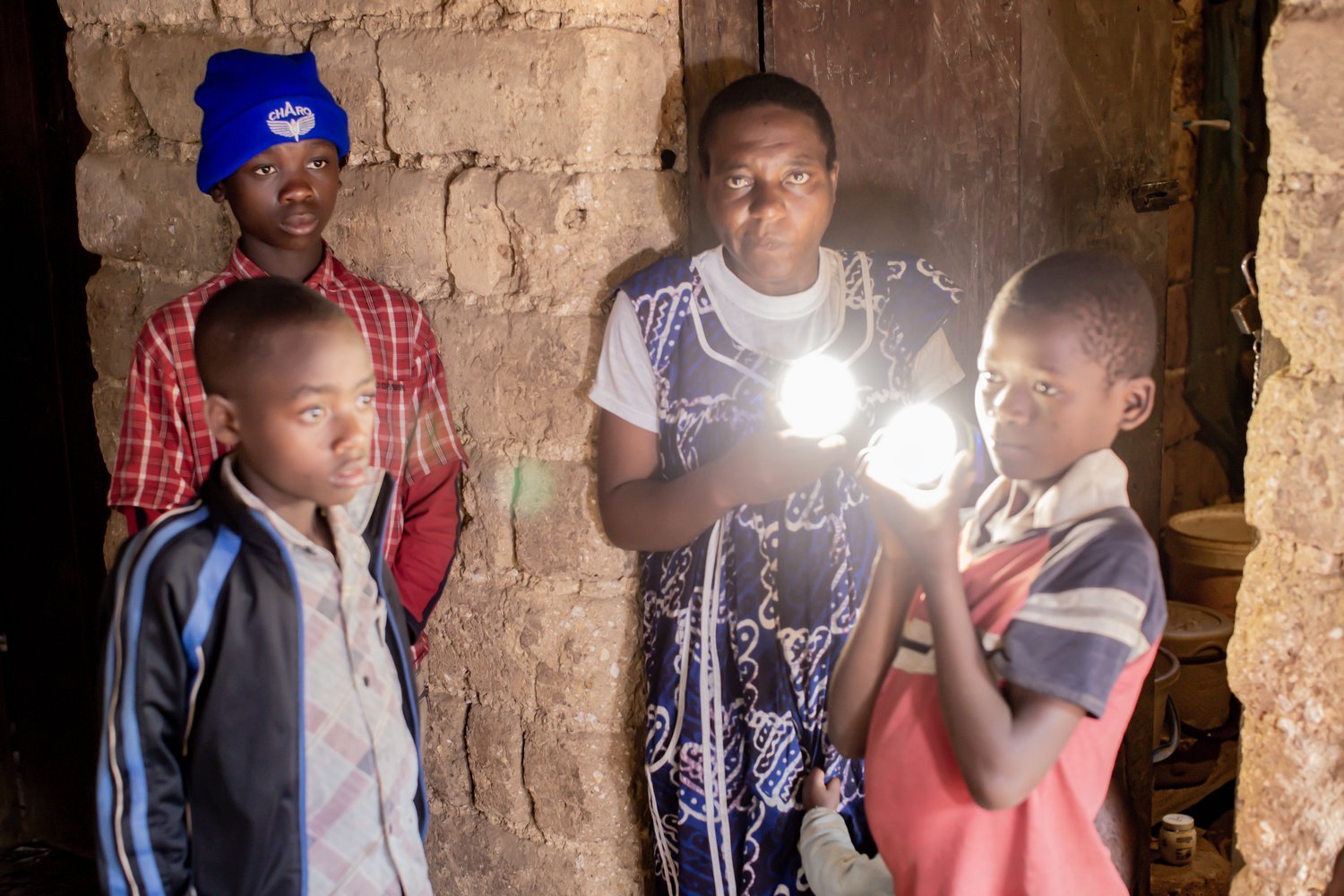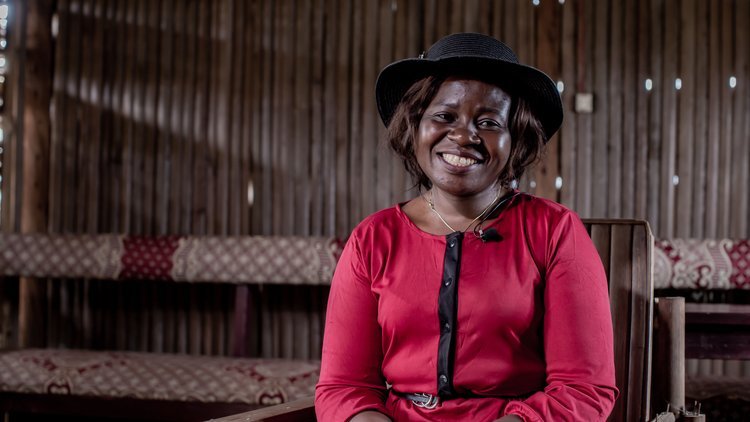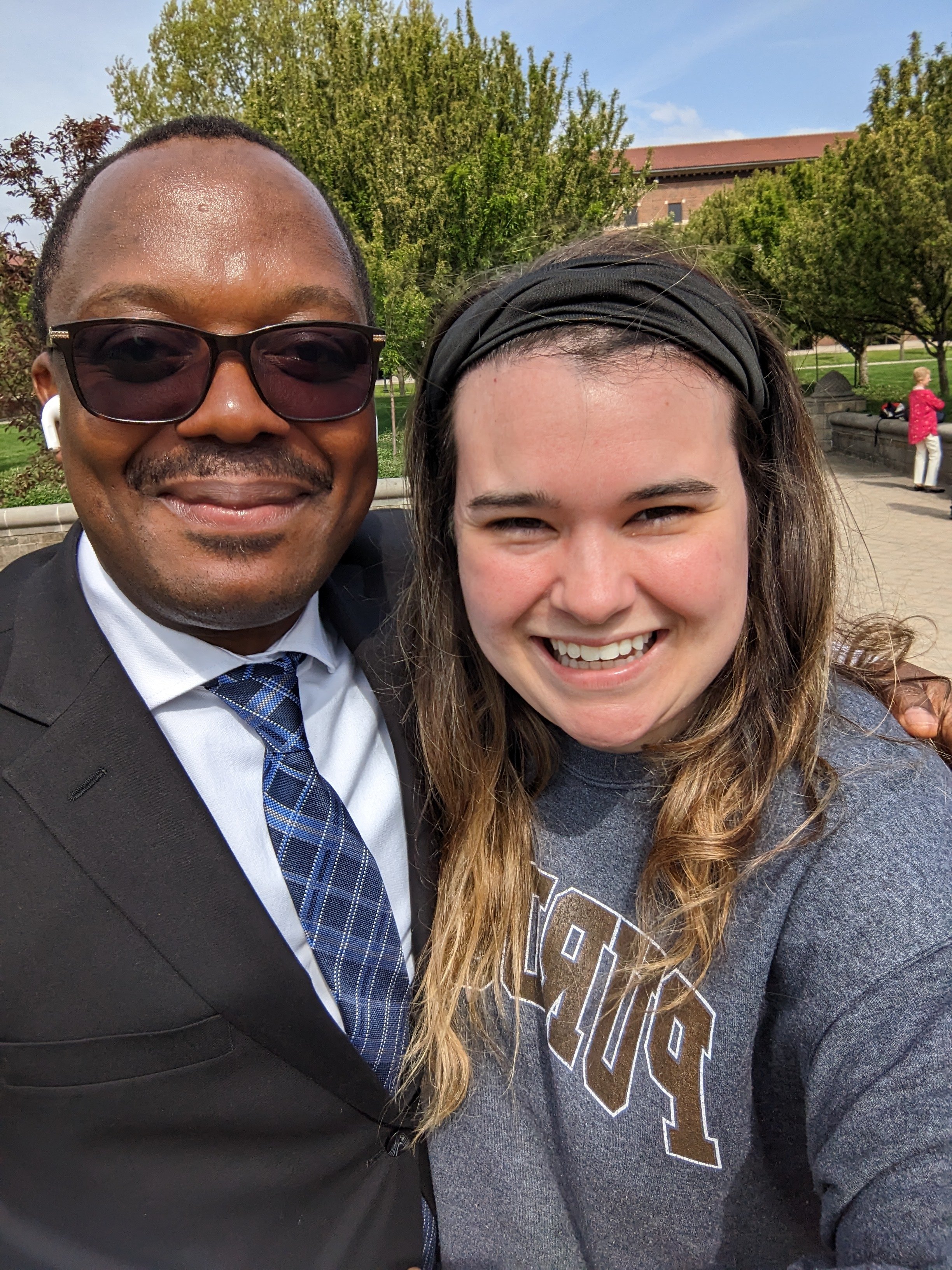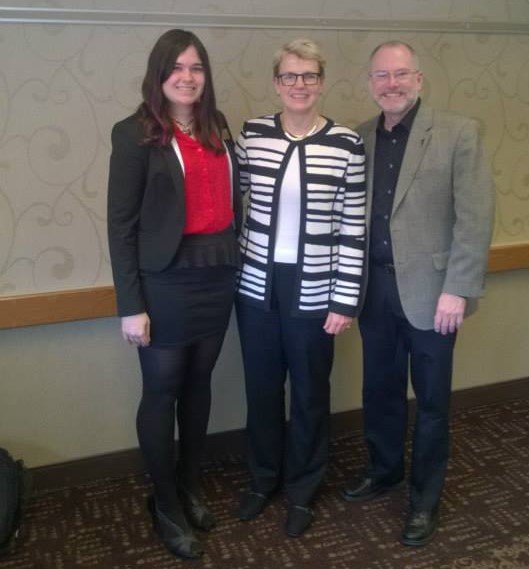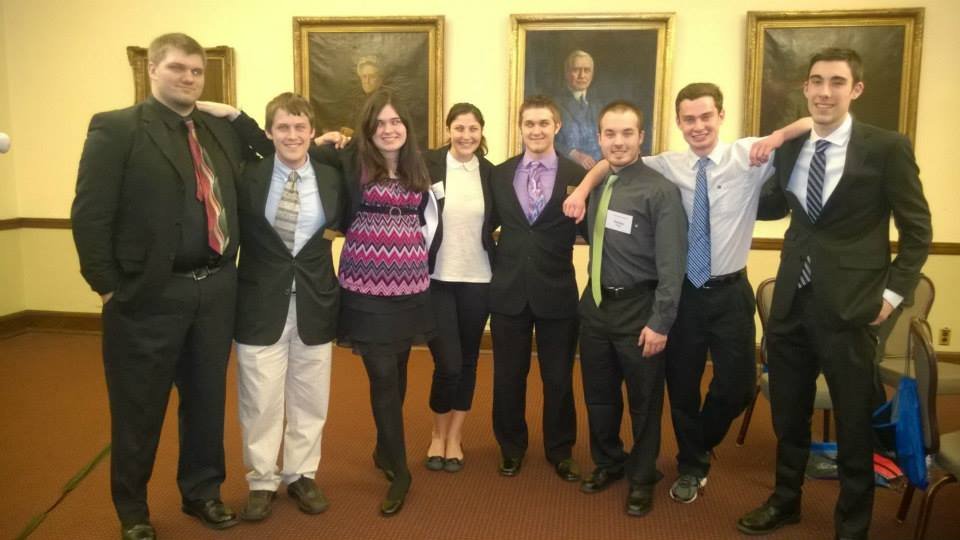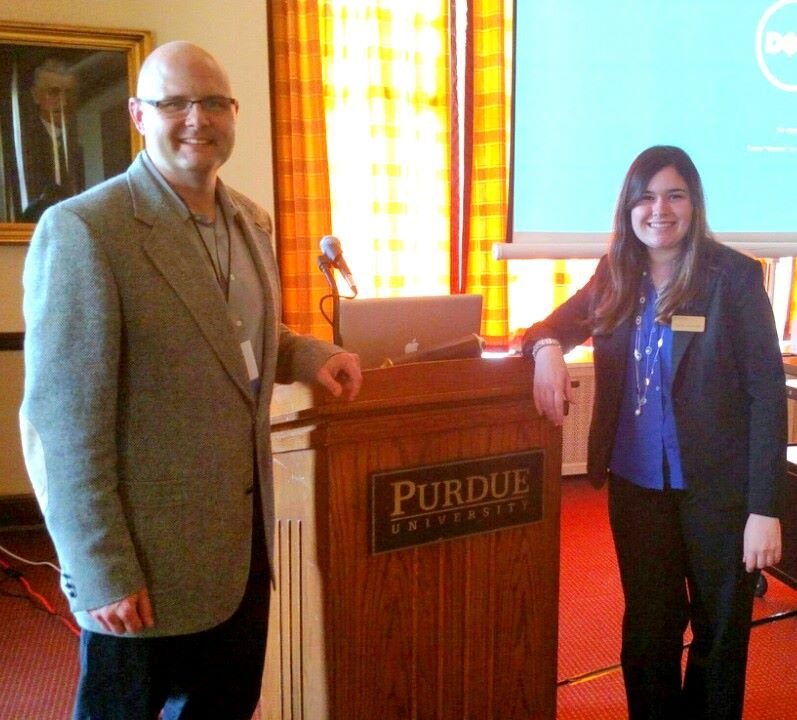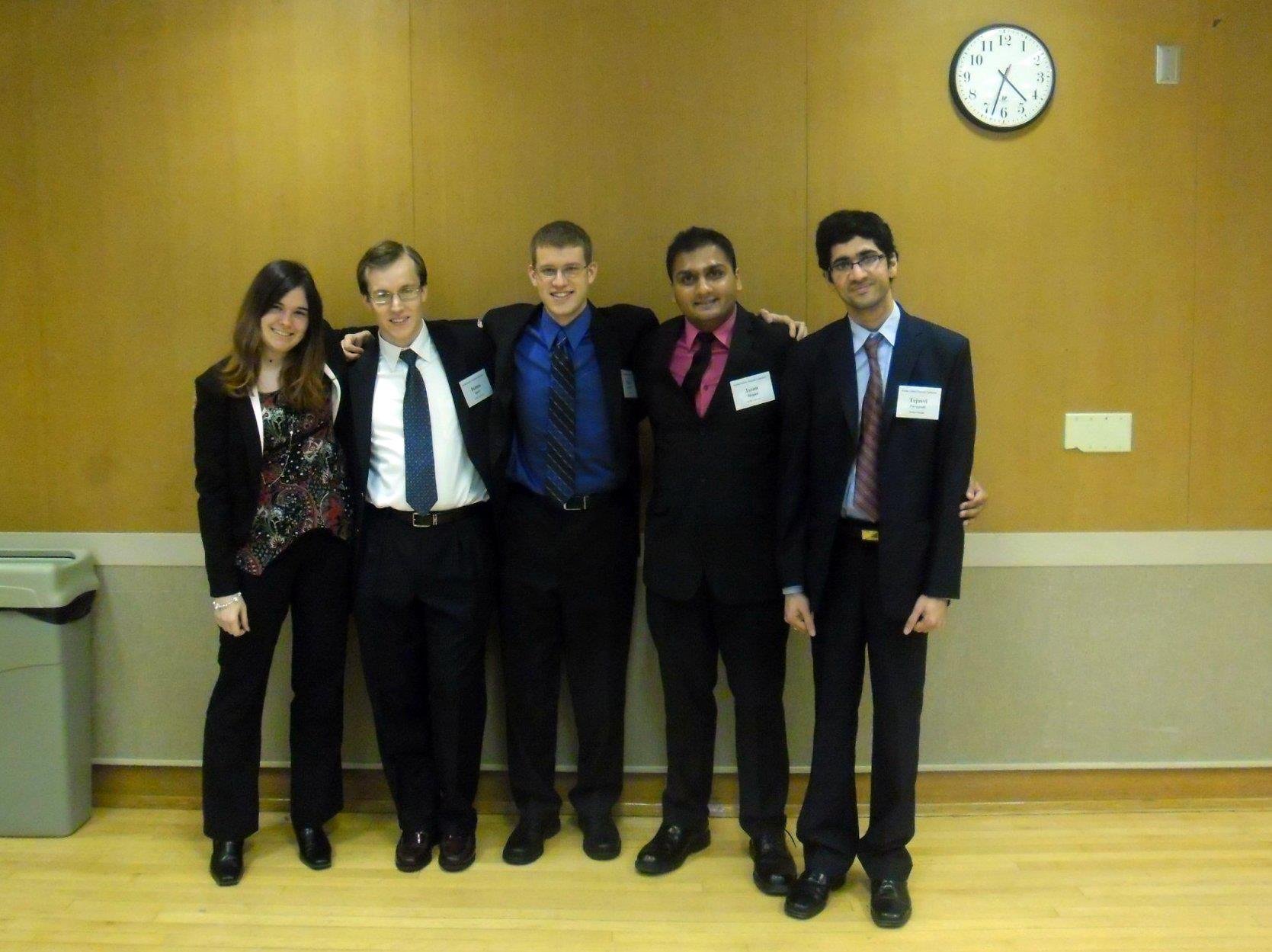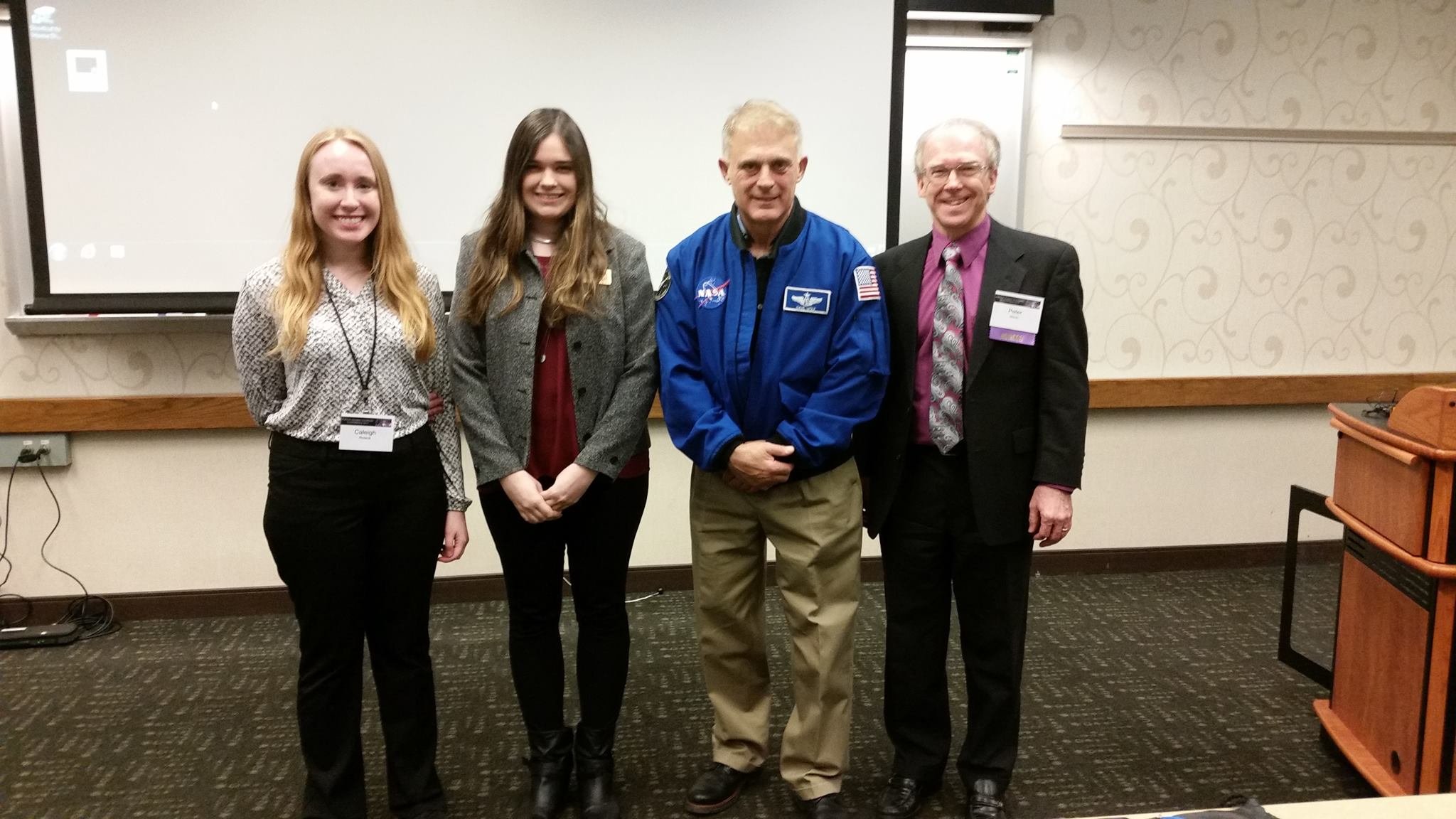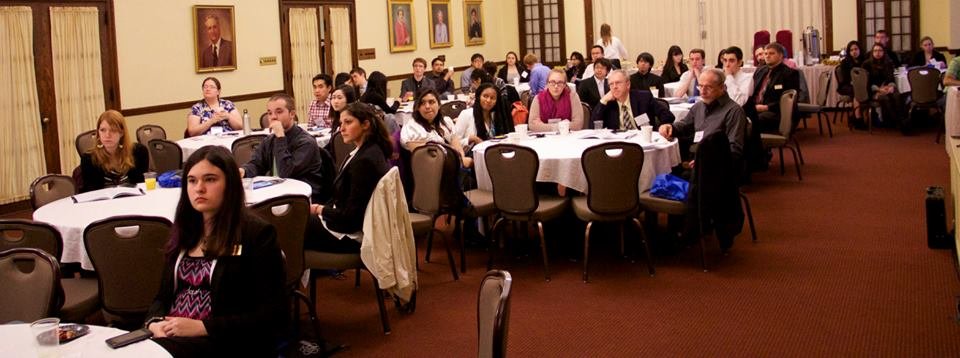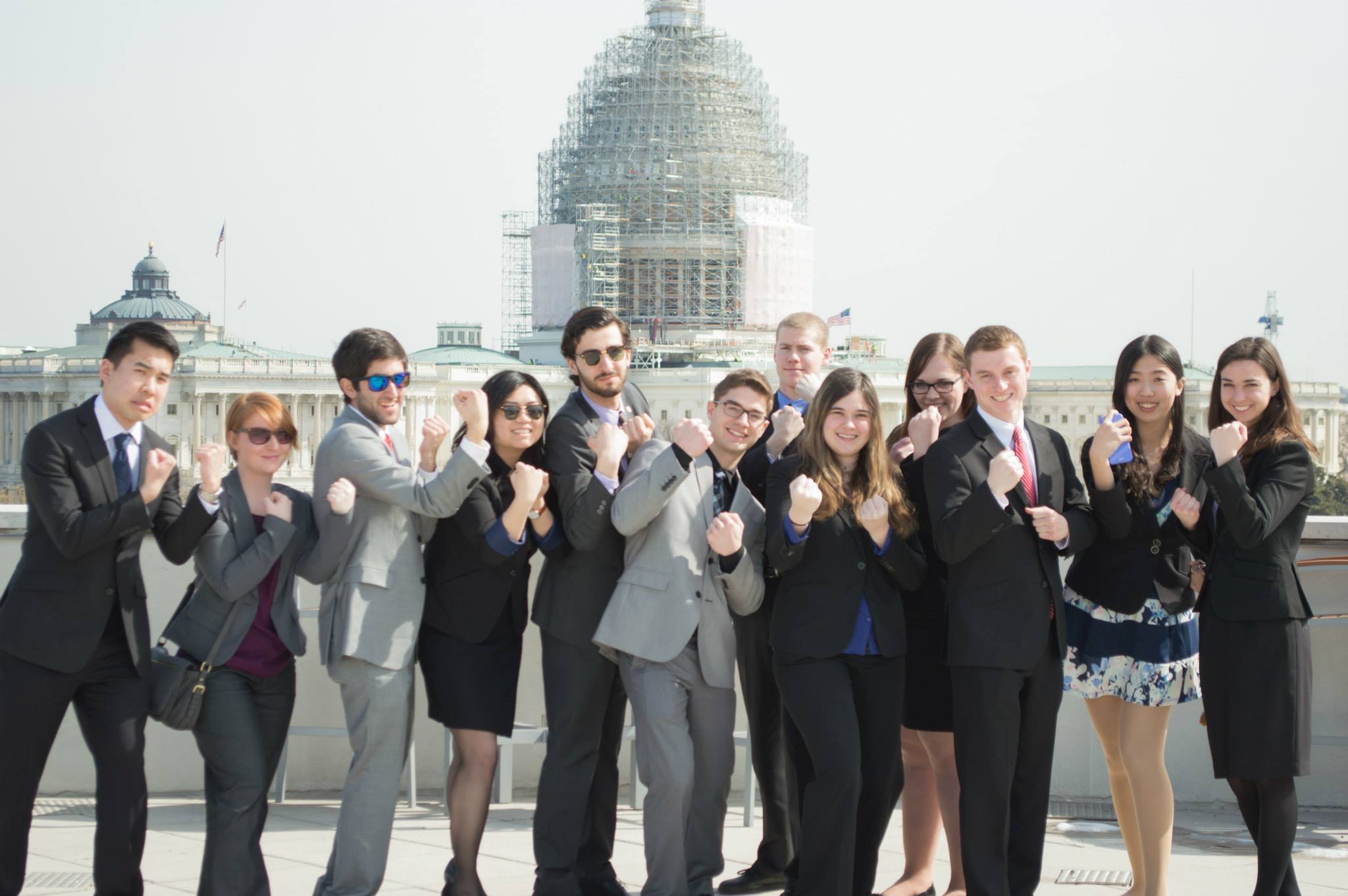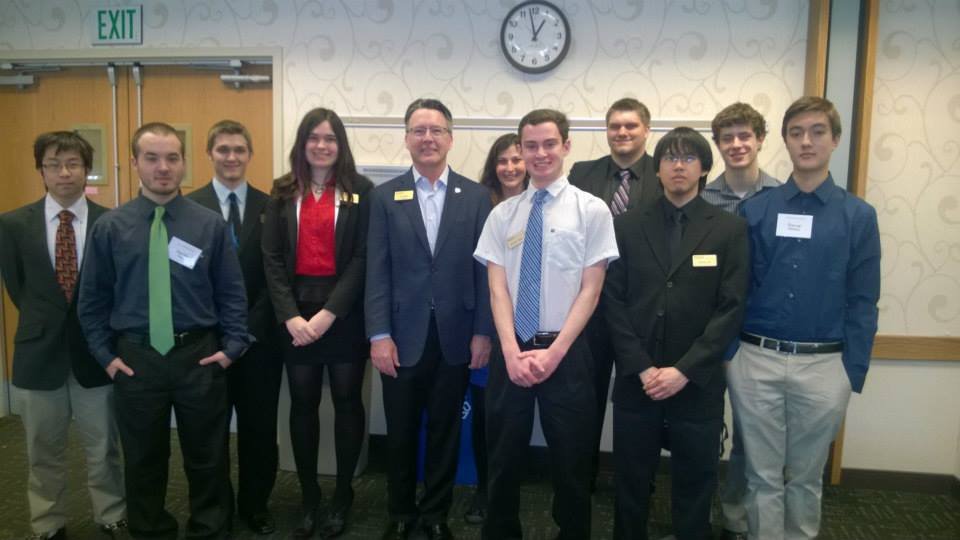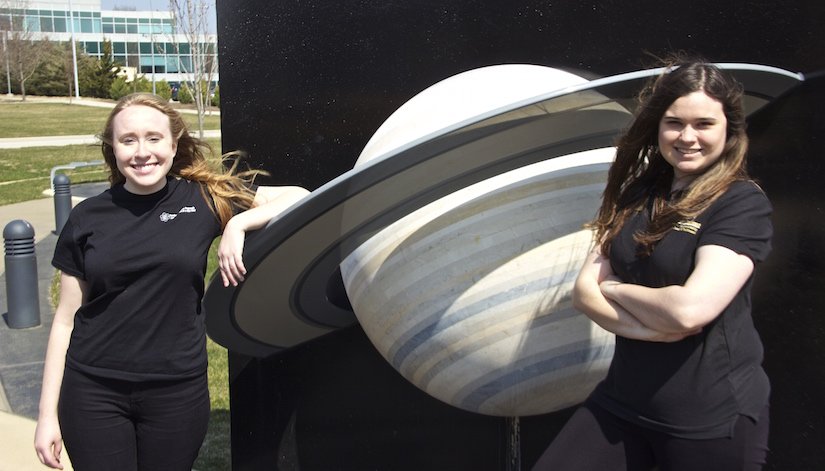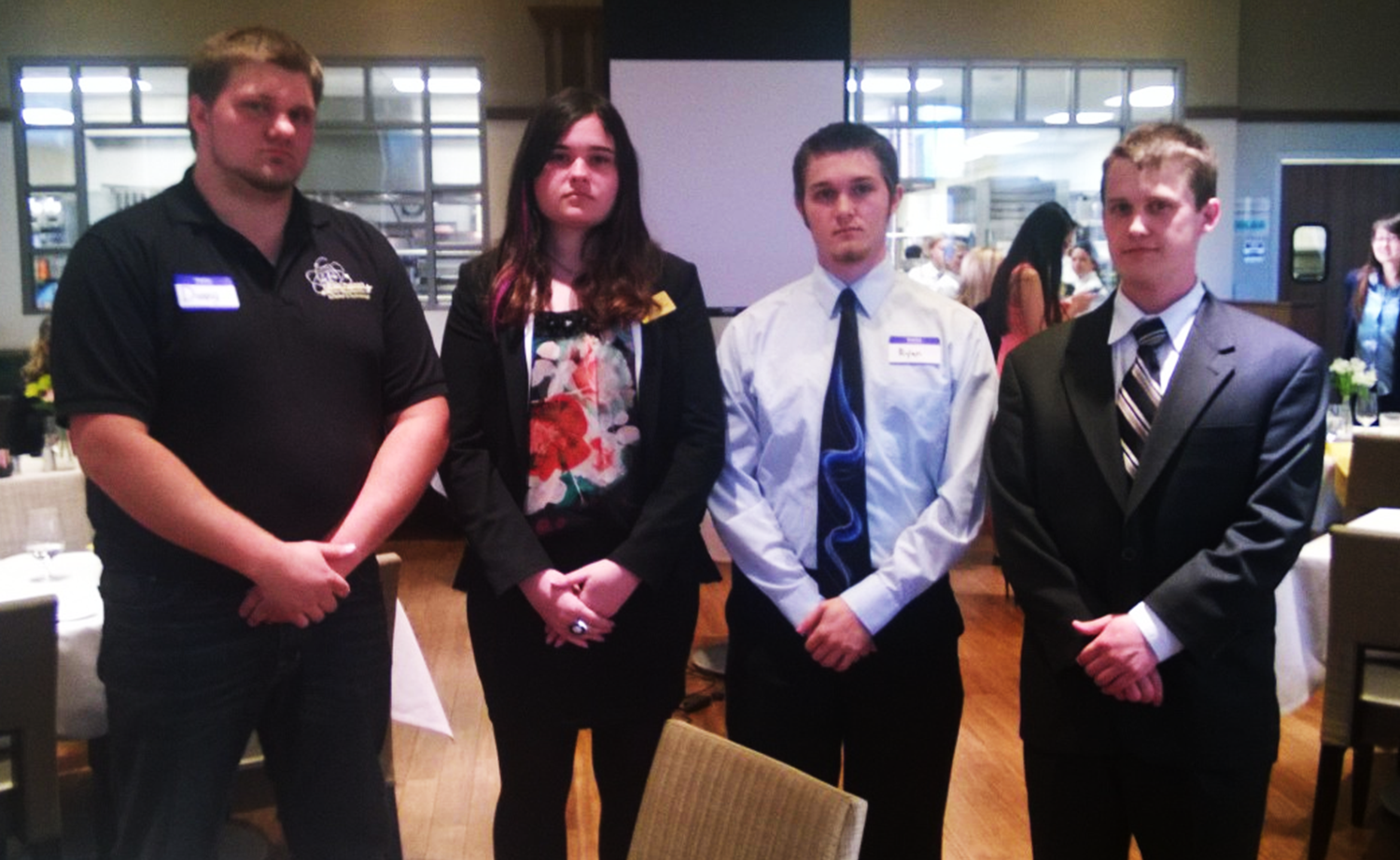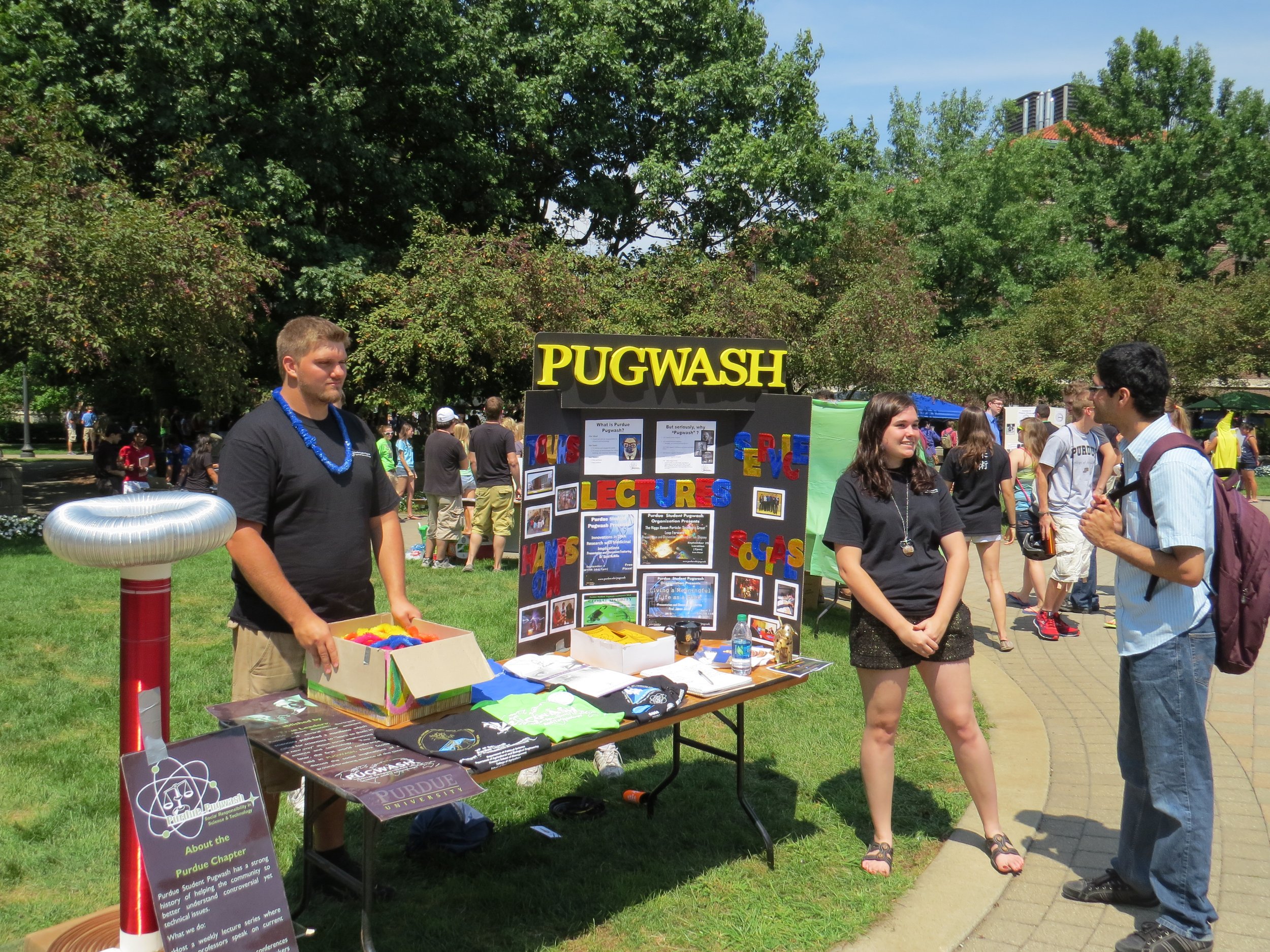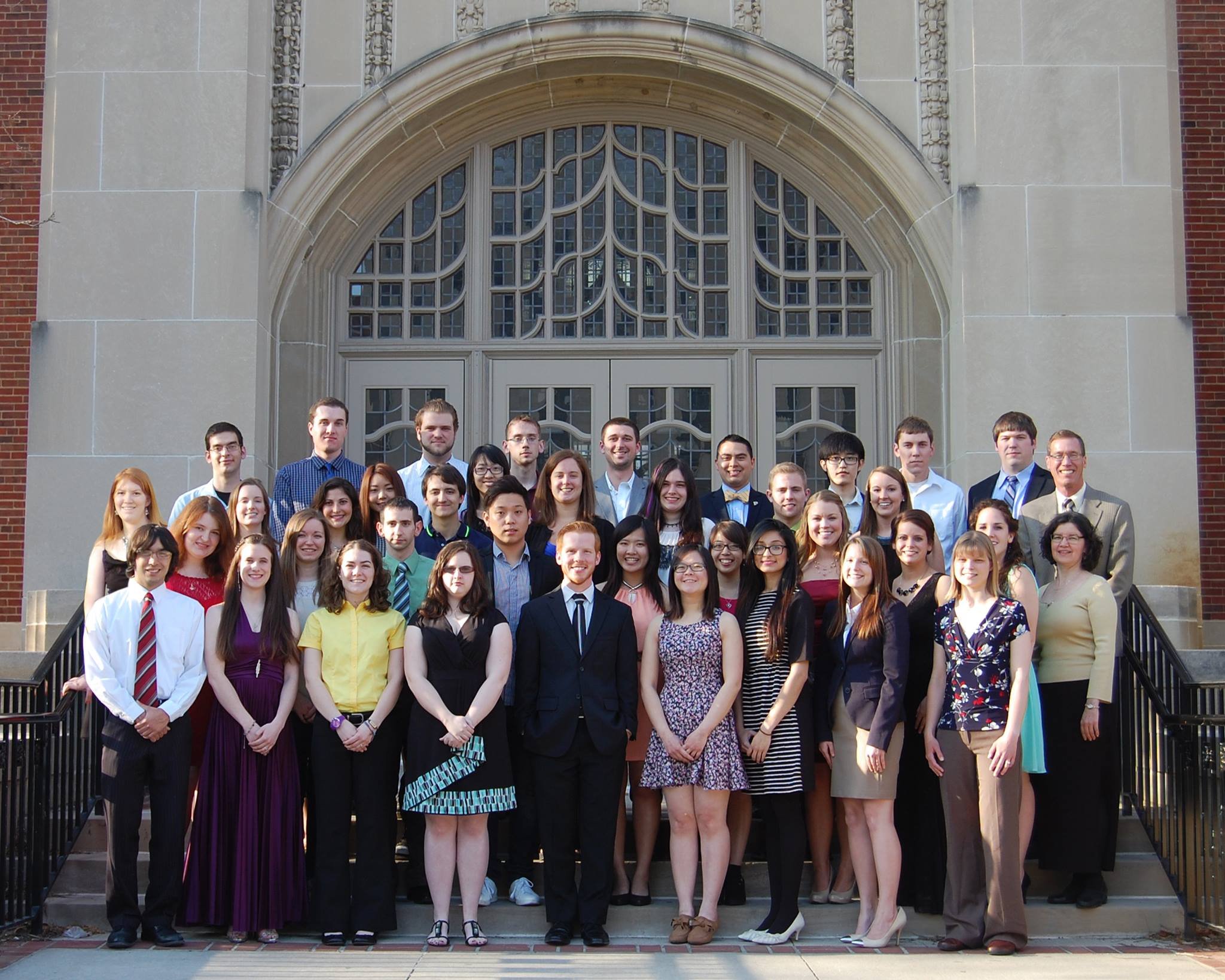Turhan Canli is an internationally renowned expert on the biology of emotion, personality, and psychopathology, using tools from psychology, neuroscience, and genomics. He is a Full Professor of Psychology and Psychiatry at Stony Brook University (Long Island, New York), and Founder/Director of the SCAN (Social, Cognitive, and Affective Neuroscience) Center and Founder/Director of the Mind/Brain Center on War and Humanity, which is dedicated to promoting humanity and understanding of the human condition in times of war, through clinical care, research, education, and policy applications.
In his freshman year 1985 at Tufts, Turhan joined the first EPIIC class of Sherman Teichman’s on International Terrorism, which he completed with a published thesis on the psychological profile of the German founder of the Red Army Faction, Ulrike Meinhof. Turhan continues collaborating with Sherman to this day, including organizing a research workshop on Neuroscience and National Security at Tufts in 2006, which led to a widely noted publication in the American Journal of Bioethics; a collaboration on the 2019 EuropeNow publication of the Council for European Studies Special Issue on “Forced Migration, Cultural Identity, and Trauma.”, and Sherman’s current role on the Advisory Board of the Mind/Brain Center on War and Humanity.
In addition to his Tufts undergraduate degree (1988, B.A., summa cum laude, summo cum honore in thesi), Turhan holds a Ph.D. in biopsychology from Yale University (1993), and a Certificate in Trauma Recovery from Harvard’s Program in Refugee Trauma (2017). After a postdoctoral position at Stanford University, he joined the faculty of Stony Brook University in 2001, where he is now a Full Professor of Psychology and Psychiatry. With expertise in psychology, neuroscience, and molecular genetics, Turhan focuses on three strands of research: 1) the biological basis of individual differences in political cognition, emotion, and personality; 2) the role of human endogenized retroviruses (HERVs) in mental health; 3) global mental health. The third line of research produced a 2021 report on endemic levels of post-traumatic stress disorder among Syrian civilians living in the war zones of rebel-held territories. The report is intended to guide international relief agencies plan for interventions in a post-war Syria.
Turhan’s work has been featured in the New York Times, Huffington Post, NPR, CNN, and many international newspapers and TV programs. His TEDx Stony Brook talk on depression as an infectious disease has been viewed more than 180,000 times on YouTube. He advised the National Science Foundation, National Institutes of Health, and the national science funding bodies of Austria, Germany, Iceland, Israel, The Netherlands, and the UK. In 2010, he was elected Fellow of the Association for Psychological Science. His proudest recognition remains the 2006 EPIIC Alumni Recognition Award.
When he is not working on academic pursuits, Turhan is immersed in songwriting and music production. He has multiple #1 hits on the online music platform SoundClick as singer/songwriter “Turhan”, and under his electronic music production pseudonym “Sahel”.
Turhan holds a very special place in my heart and memory as he was among my very first student cohort at Tufts in 1985 when I presented the idea of creating a student led colloquium/symposium on international terrorism.
I selected him in my interview process even though he was a freshman. It was already obvious to me that he was brilliant. I remember the research paper he did for me that was on the psychology of a terrorist group in Germany, the Baader Meinhof (Interestingly enough, given what Turhan has gone on to do professionally, here is the psychological concept of “cognitive bias”, otherwise known as the Baader-Meinhof phenomenon).
Turhan kept a diary from the very first day he heard that there would be a special orientation meeting.
Thirty years later on October 3rd, 2015, as part of the commemoration of my becoming Emeritus, he gave me a volume that he edited, the Oxford Handbook of Molecular Psychology, inscribed “Forever my teacher, mentor, and friend”.
He accompanied it with a note that reminded me that it was the 30th anniversary of when we first met and that was the first date of what became the Institute was October 3rd, 1985.
I joked with Turhan that this book is really the one volume in my library that I will never thoroughly understand. As an instance, one of its first entries is on the “Neuromodulation of social behavior in Insects”, the second “Social regulation of Gene Expression in the African Cichlid Fish”. There are happily chapters on the neurochemistry of human violence and aggression and Turhan’s own contribution on “Is depression an infectious disease”, that I have read and understand.
Of the many programs Turhan and I did together at the Institute, this was one on September 19, 2006 was one of the most cutting edge and fun:
The Neuroethics of Homeland Security
It was a daylong workshop exploring the ethics of the application of advances in neuroscience to the “war on terrorism.” It was convened by EPIIC alumnus Professor Turhan Canli of Stony Brook University. Participants included Susan Brandon, former Assistant Director of Social, Behavioral, and Educational Sciences in the Office of Science and Technology Policy at The White House and Major William Casebeer (USAF), Chief of Eurasian Intelligence Analysis at NATO Military Headquarters. (Institute for Global Leadership, September 2006)
Please visit the Trebuchet’s highlight of the Mind Brain Center on War and Humanity, of which I am a member of the Advisory Board, to gain more insight into Turhan’s incredible work.














